Table of contents
Why Understanding Heat Pump Installation Costs Matters
The heat pump installation price typically ranges from $4,000 to $15,000 for most homes, depending on the system type, size, and installation complexity. Here's what you need to know:
Quick Cost Breakdown:
- Ductless Mini-Splits: $1,500 - $5,000 per zone
- Central Air-Source Heat Pumps: $8,000 - $15,000 installed
- Geothermal Systems: $15,000 - $35,000 installed
- Installation Labor: $1,200 - $3,500
- Additional Costs: Electrical upgrades, permits, ductwork modifications
If you're considering a heat pump for your Birmingham home, you're making a smart choice. Heat pumps work like your refrigerator in reverse - they move heat instead of creating it by burning fuel. This makes them incredibly efficient, especially in Alabama's climate.
But here's the thing: installation costs vary wildly. One homeowner might pay $6,000 for a basic system, while another spends $20,000 for a premium setup with all the bells and whistles.
The difference? It's not just about the equipment. Your home's size, existing ductwork, electrical system, and the complexity of installation all play major roles in your final bill.
Understanding these factors helps you avoid surprises and make informed decisions. No one likes getting hit with unexpected costs halfway through a project - especially when you're already dealing with an unreliable HVAC system.
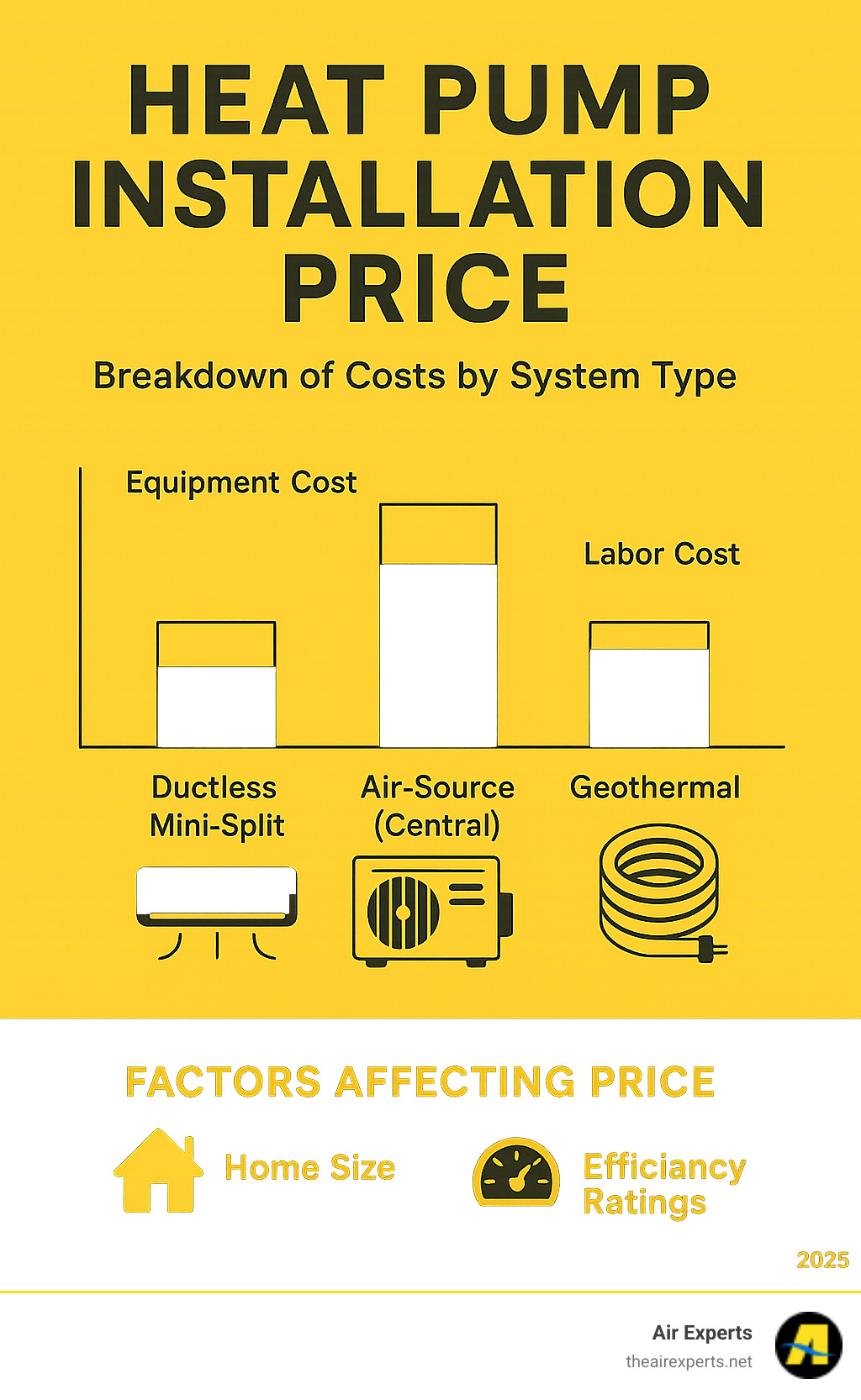
Understanding the Average Heat Pump Installation Price
Let's get straight to the numbers you're probably wondering about. The heat pump installation price across the country typically ranges from $3,700 to $11,000, with most homeowners paying around $8,500 for a mid-range 2-ton system that's professionally installed.
But here's what's interesting - these costs can swing pretty dramatically depending on where you live. In colder climates up north, specialized cold-weather heat pumps often run between $14,000 and $18,000 because they need beefier equipment to handle harsh winters.
The labor portion of your bill usually accounts for $1,200 to $3,500 of the total cost. This varies based on your local market rates and how complex your particular installation turns out to be. Sometimes what looks like a straightforward job can get complicated fast - that's just the reality of working with older homes and existing systems.
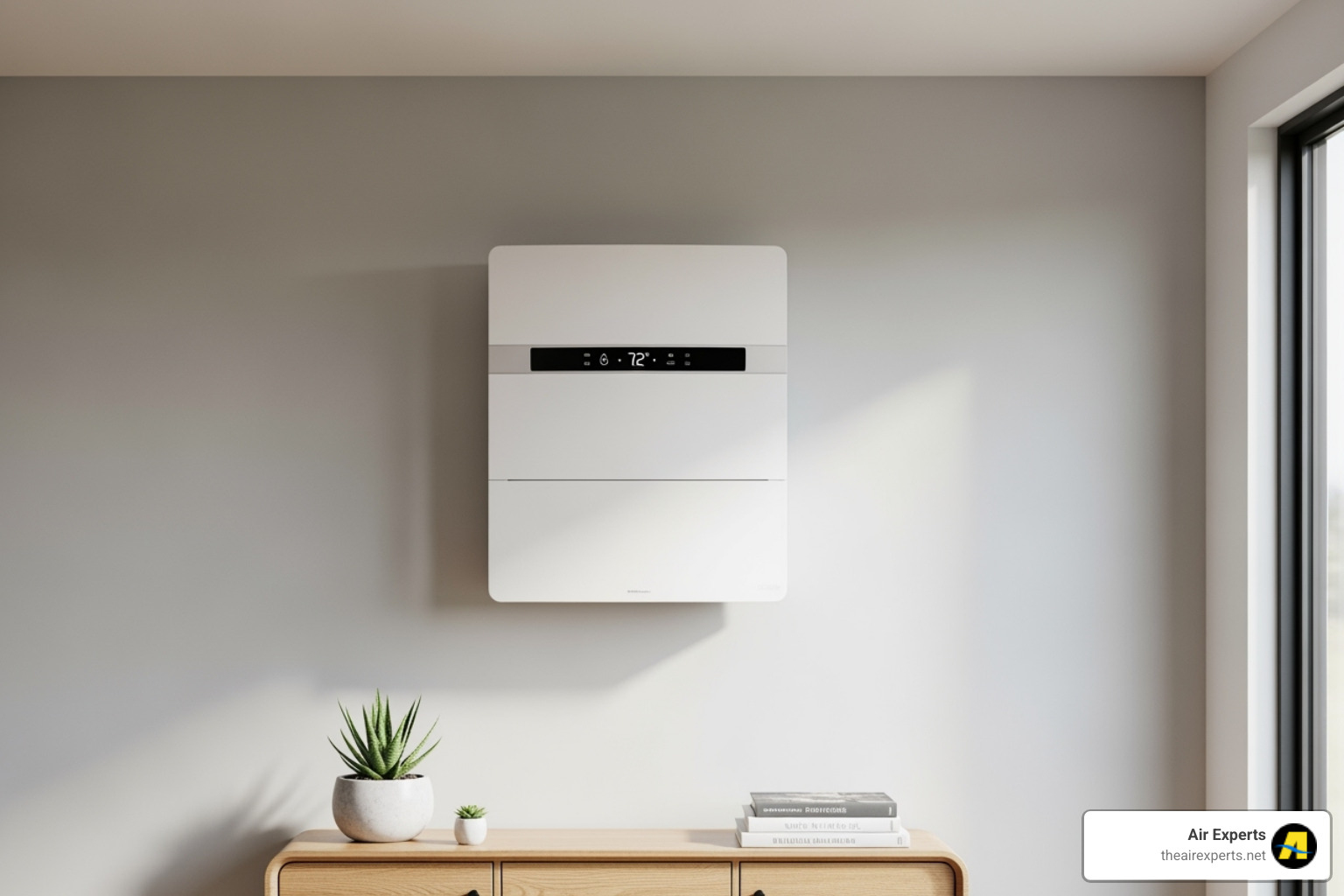
What's the heat pump installation price for different system types?
The type of heat pump you choose makes a huge difference in your final bill. Think of it like buying a car - a compact sedan costs way less than a luxury SUV, and heat pumps work the same way.
Air-source heat pumps are the most popular choice, and for good reason. They pull heat from the outdoor air and work great in Alabama's climate. If you already have ductwork, a ducted air-source system will typically run you $8,000 to $15,000 installed. These work through your existing vents to heat and cool your whole house.
Ductless mini-splits are perfect if you don't have existing ductwork or want to add comfort to specific areas like a home addition or bonus room. A single-zone unit costs around $1,500 to $5,000, while multi-zone systems that can handle several rooms range from $4,500 to $15,000. The beauty of mini-splits is that you can control each zone independently - no more fighting over the thermostat!
Geothermal heat pumps are the premium option. They use the stable underground temperature to heat and cool your home incredibly efficiently. The catch? Installation requires digging up your yard to install underground loops, which pushes costs to $12,000 to $40,000 or more. While the upfront heat pump installation price is steep, these systems can slash your energy bills and the underground components last 50+ years.
Dual-fuel systems combine the best of both worlds - an electric heat pump paired with a gas or oil furnace. The system automatically switches between them based on outdoor temperature and efficiency. You're looking at $4,500 to $10,000 for this smart setup that optimizes your energy costs year-round.
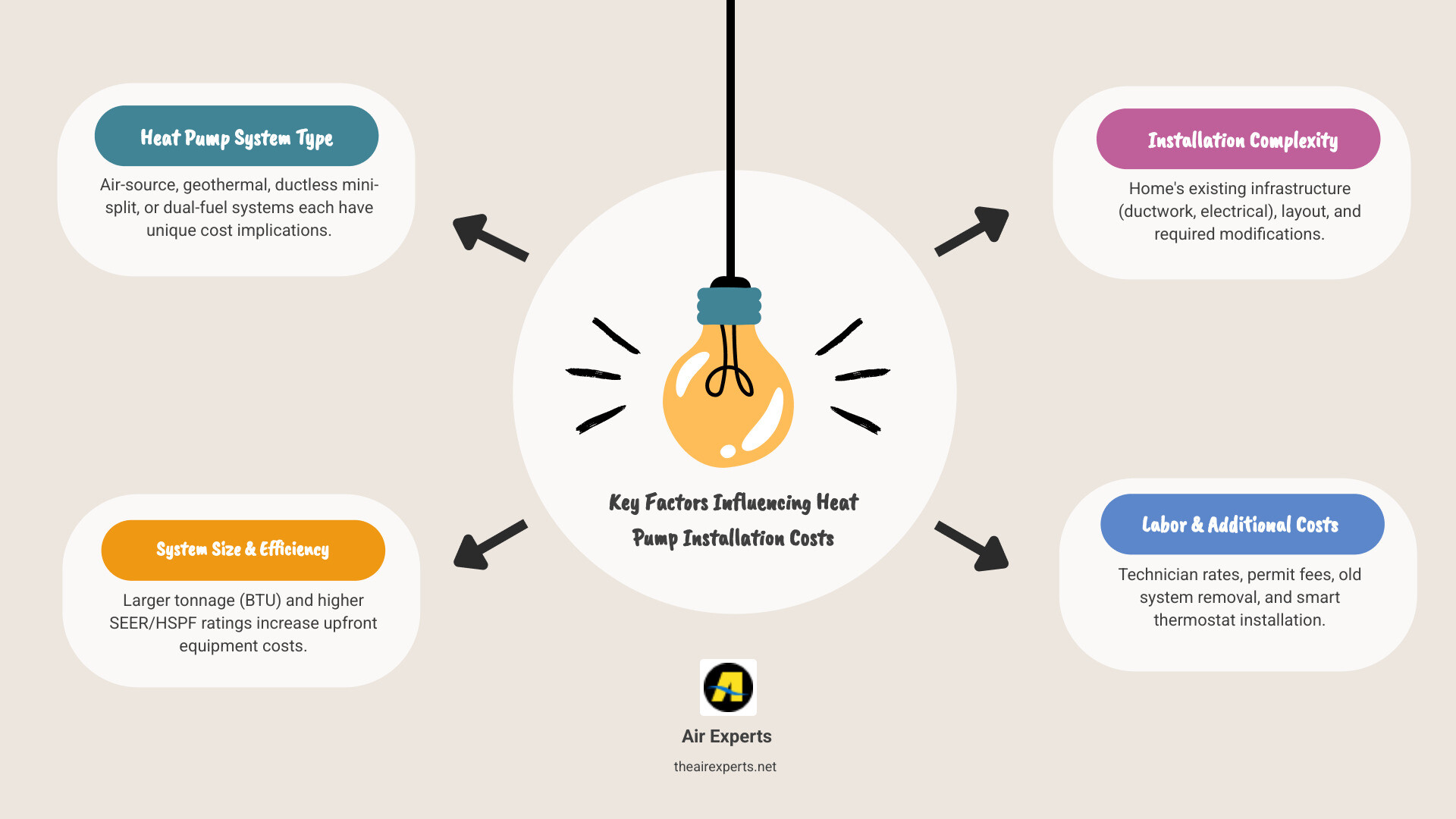
How do system size and efficiency ratings impact cost?
Getting the right size heat pump is like getting the right size shoes - too small and you'll be uncomfortable, too big and you're wasting money. Heat pump size is measured in tons or BTUs, and your home's square footage is just the starting point for sizing.
A 1.5-ton unit typically handles 600 to 1,100 square feet, while a 5-ton unit can cover 2,400 to 3,300 square feet. But here's the thing - your ceiling height, number of windows, insulation quality, and even which direction your house faces all matter. That's why we always do a Manual J load calculation to get your sizing exactly right.
SEER and HSPF ratings are where efficiency comes into play. SEER measures cooling efficiency, while HSPF measures heating efficiency. Higher numbers mean better efficiency - and higher upfront costs. A heat pump with an 18+ SEER rating and 10+ HSPF rating will use significantly less electricity than a basic model.
Here's the payoff: modern heat pumps can reduce your heating energy use by 50 percent compared to electric baseboard heating. While you'll pay more upfront for higher efficiency ratings, those monthly utility bill savings add up fast. It's one of those rare cases where spending more initially actually saves you money in the long run.
The bottom line? Your heat pump installation price reflects not just what you're buying today, but how much you'll save tomorrow.
Key Factors That Influence Your Final Bill
Every home tells a different story, and that story directly affects your heat pump installation price. Think of it like renovating a kitchen - what looks simple on paper can get complicated fast once you start peeling back the layers.
Installation complexity is the biggest wild card here. A straightforward swap in a newer home with good ductwork? That's one price. But if we're dealing with crawl spaces that haven't seen daylight since the Carter administration or electrical panels that belong in a museum, well... that's a different conversation entirely.
Your home's overall condition plays a huge role too. We've seen gorgeous houses that need serious behind-the-scenes work before they're ready for a modern heat pump system. And here in Alabama, our local climate actually works in your favor - heat pumps love our mild winters and can handle our hot summers like champs.
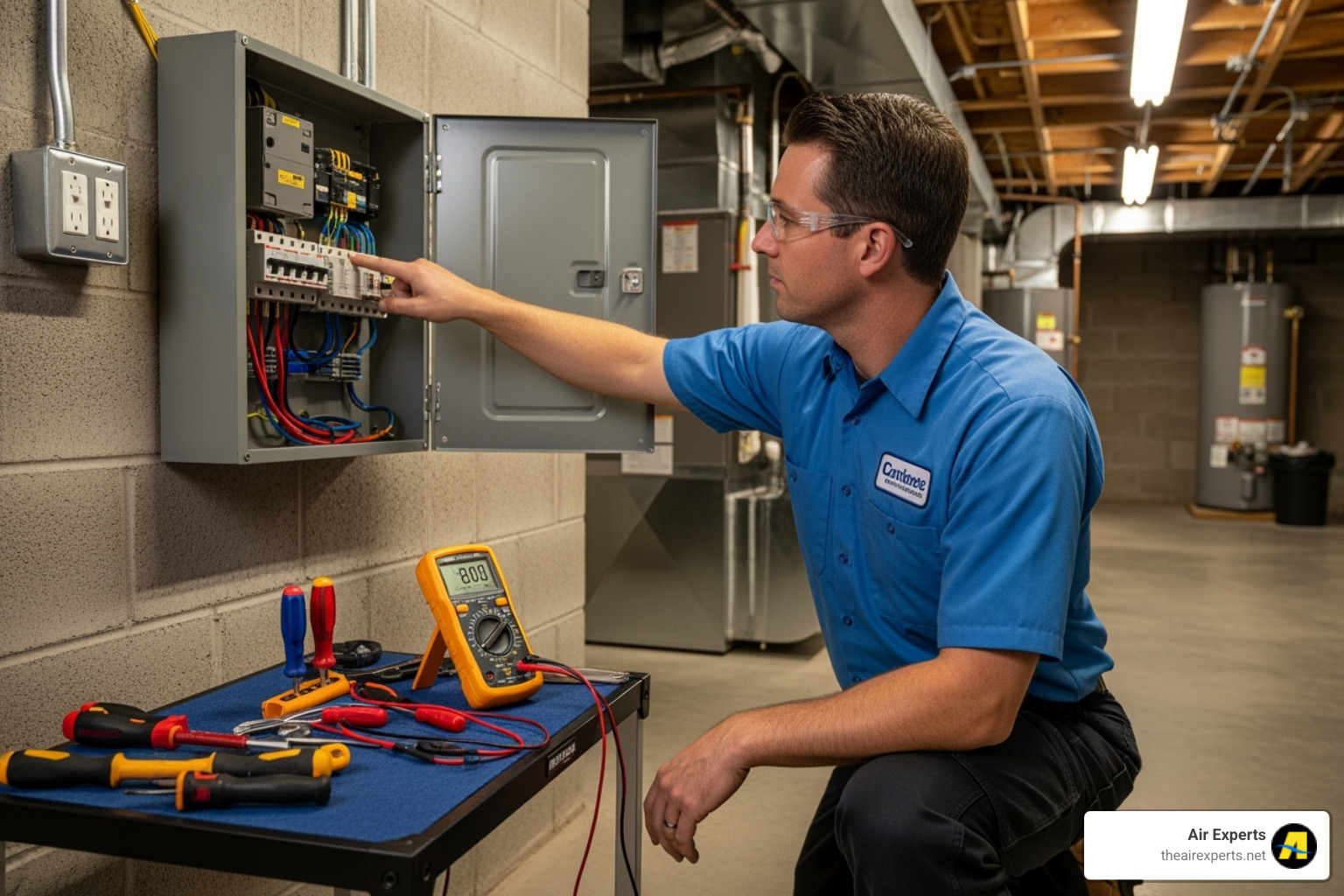
How do home characteristics affect the heat pump installation price?
Your house isn't just four walls and a roof - it's a living, breathing system. And every part of that system affects how your new heat pump will perform and what it'll cost to install.
Home insulation quality is like a good winter coat for your house. If your walls and attic are properly insulated, your heat pump doesn't have to work as hard to keep you comfortable. That means we can often install a smaller, more affordable unit that still does the job perfectly. But if your insulation is lacking, you might need a bigger system, or we might suggest upgrading your insulation first to get the most bang for your buck.
Window efficiency tells a similar story. Those beautiful old single-pane windows might have character, but they're also letting your conditioned air escape faster than teenagers leaving for summer vacation. Energy-efficient windows help your heat pump maintain consistent temperatures without constantly running.
The existing ductwork condition in your home can make or break your installation budget. We always inspect your ducts thoroughly because even the best heat pump can't overcome leaky, undersized, or poorly designed ductwork. If your ducts need attention, ductwork repair or replacement costs can add a significant amount to your project. But here's the thing - it's worth doing right the first time.
Open versus closed floor plans also matter more than you might think. An open concept home often needs fewer indoor units for ductless systems or simpler duct runs for central systems. Homes with lots of small, separate rooms might need more complex solutions, which naturally affects the final price.
What are the additional costs to consider?
Beyond the heat pump itself, several other expenses can pop up during installation. We believe in being upfront about these possibilities so there are no surprises on installation day.
Electrical panel upgrades are probably the most common add-on cost we see. Heat pumps run on electricity, and many older Birmingham homes still have electrical panels that were installed when air conditioning was a luxury, not a necessity. If your home has an older electrical system, upgrading to handle your new heat pump is essential for safety and performance.
Permit fees are a standard part of any professional installation. We handle all the paperwork and inspections to make sure everything meets local codes. It's not the most exciting part of the project, but it's absolutely necessary.
Old system removal might seem straightforward, but safely disconnecting and disposing of your old furnace or AC unit takes time and expertise. We make sure everything is removed properly and responsibly.
Adding a smart thermostat installation isn't required, but it's one of those upgrades that pays for itself pretty quickly. These clever devices learn your schedule, optimize energy usage, and let you control your system from anywhere.
Finally, if you're switching from gas heating, we'll need to handle capping gas lines safely. It's a small detail, but an important one for your home's safety.
The bottom line? We discuss all these potential costs during your initial consultation. No hidden fees, no surprise bills halfway through the job. That's just not how we do business at Air Experts.
The Installation Process and Maximizing Your Investment
Getting a heat pump installed properly is like having surgery - you want the best professionals handling it. A quality installation makes all the difference between a system that hums along efficiently for decades and one that causes headaches from day one.
The good news? When you work with experienced professionals, the process is surprisingly straightforward and stress-free.
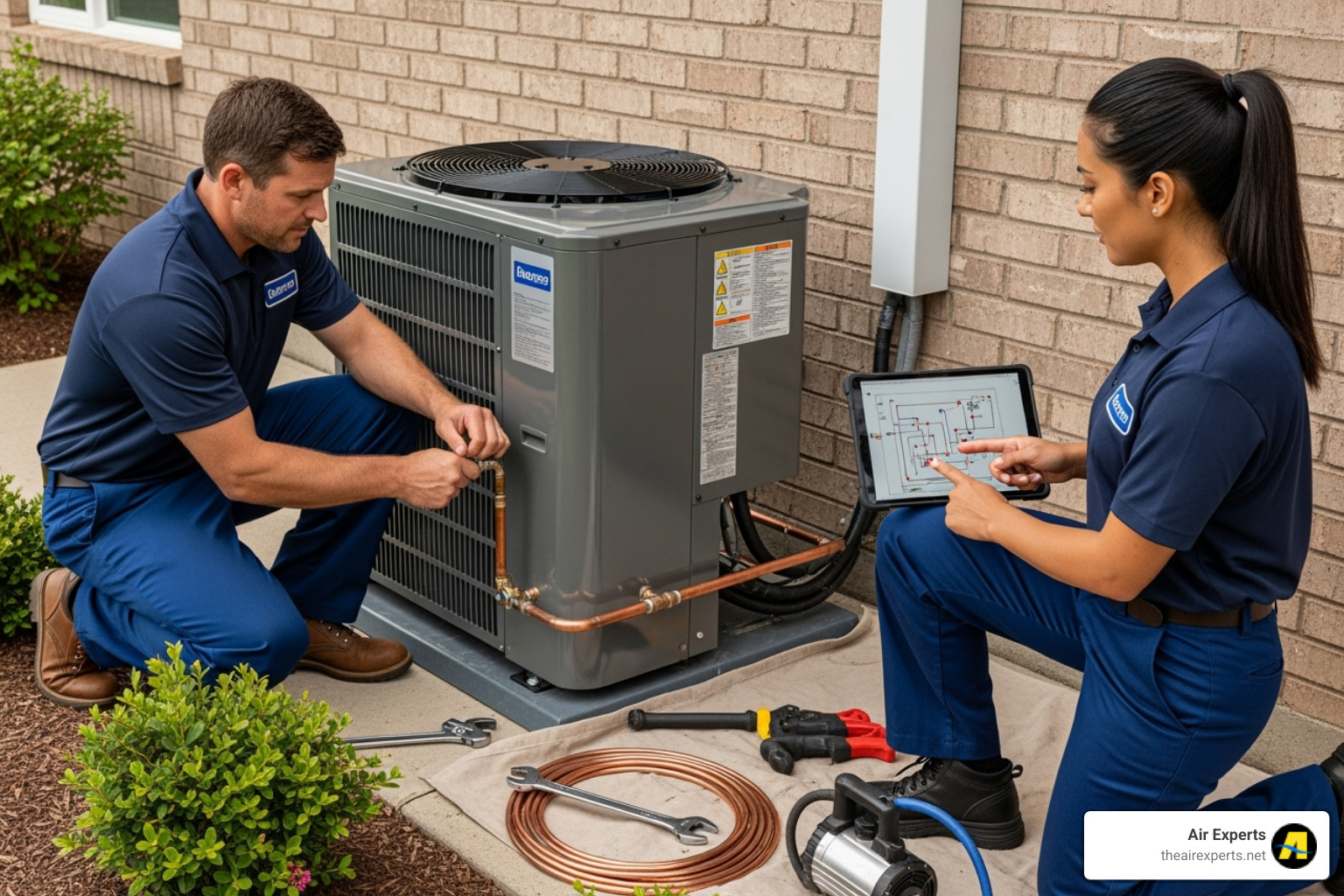
What does the installation process involve?
Think of heat pump installation as a well-choreographed dance. Every step builds on the previous one, and skipping or rushing any part can throw off the whole performance.
The consultation is where the magic starts. We come to your home and really look at what you're working with. Not just a quick glance, but a thorough inspection of your current system, ductwork, electrical setup, and how your home actually uses energy. This isn't about selling you the most expensive system - it's about finding what works best for your specific situation.
During this visit, we perform something called a Manual J load calculation. Sounds fancy, but it's really just careful math to figure out exactly how much heating and cooling power your home needs. Too small, and you'll be uncomfortable on the hottest and coldest days. Too big, and you'll waste money on equipment that cycles on and off constantly.
Installation day typically takes 4 to 8 hours for most systems. Our team arrives with everything needed and gets to work setting up your outdoor unit, connecting refrigerant lines, and making all the electrical connections. For ductless mini-splits, we might finish even faster. For more complex installations involving ductwork modifications or electrical upgrades, it might stretch into a second day.
Here's what sets professional installation apart: we don't just hook everything up and leave. After installation, we test every component, check refrigerant levels, verify proper airflow, and make sure your system is running at peak efficiency. Then we walk you through everything - how to use your new thermostat, what those different settings mean, and when to call us if something seems off.
How can you save money with rebates and tax credits?
Let's talk about everyone's favorite topic: getting money back. The heat pump installation price might seem daunting at first, but there are several ways to lighten the financial load significantly.
Federal tax credits are your biggest friend here. The Energy Efficient Home Improvement Credit covers 30% of your installation costs, up to $2,000 for qualifying air-source heat pumps. That's real money back in your pocket at tax time. For geothermal systems, the credit can be even more generous.
State and local utility rebates add another layer of savings. Many Alabama utility companies offer rebates ranging from a few hundred to over a thousand dollars for efficient heat pump installations. These programs change frequently, so it's worth checking what's available when you're ready to install. You can search for local incentives in your area to see what programs might apply to your specific situation.
But here's where heat pumps really shine: the long-term energy savings. Most homeowners see their utility bills drop significantly after installation. We're talking about potential savings of several hundred dollars per year compared to older, less efficient systems. Over time, these savings can completely offset your initial investment.
The payback period - when your energy savings equal what you spent on installation - typically ranges from 5 to 12 years. When you factor in tax credits and rebates, that timeline often shrinks considerably. Plus, you're enjoying better comfort and more reliable heating and cooling the entire time.
The bottom line? While the upfront heat pump installation price requires an investment, the combination of immediate rebates and ongoing energy savings makes it one of the smartest home improvements you can make.
Frequently Asked Questions About Heat Pump Costs
We get these questions all the time, and honestly, they're great questions! Let's explore the details that matter most to Birmingham homeowners.
How much does a heat pump for a 2,000-square-foot house cost?
A 2,000-square-foot home typically needs a 3 to 4-ton heat pump system. That's the sweet spot for most families - enough power to keep everyone comfortable without oversizing the system.
Your heat pump installation price for a home this size generally falls between $8,000 and $16,000. Now, before you think "wow, that's a wide range," remember that every home is different. A basic air-source heat pump with existing ductwork in good shape? You'll likely be on the lower end. A high-efficiency model that needs new electrical work or ductwork repairs? That pushes you toward the higher end.
The truth is, factors like insulation quality and climate matter tremendously. A well-insulated home with energy-efficient windows might do just fine with a smaller system. But if your home has poor insulation or leaky ducts, you'll need more heating and cooling power to stay comfortable.
That's why we always do a thorough Manual J load calculation during our consultation. It takes the guesswork out of sizing and helps ensure you're getting exactly what your home needs - no more, no less.
Are heat pumps effective in Alabama's climate?
This is one of our favorite questions because the answer is a resounding yes! Alabama's climate is actually perfect for heat pumps.
Think about our summers - hot, sticky, and seemingly endless. Heat pumps are incredibly efficient at cooling and removing humidity. They work just like your central air conditioner, moving that oppressive heat outside where it belongs. Your family stays cool and comfortable while your energy bills stay reasonable.
But what about winter? Here's where people sometimes worry unnecessarily. Our Alabama winters are generally mild, and heat pumps absolutely excel in these conditions. Even when it's 40°F outside, there's still plenty of heat energy in the air for your heat pump to extract and bring indoors.
For those occasional cold snaps we get, modern cold-climate heat pump models are game-changers. These advanced units keep working efficiently even when temperatures drop well below freezing. Some can operate effectively down to -4°F or even colder! They often reduce annual energy bills by around 30% compared to older heating systems.
If you're still concerned about those rare super-cold days, a dual-fuel system gives you the best of both worlds. It uses the efficient heat pump most of the time and automatically switches to a backup gas furnace only when needed.
What is the lifespan of a heat pump and what are ongoing costs?
A well-maintained heat pump typically lasts 10 to 20 years, with many systems hitting that 15-year mark with proper care. That's a solid investment in your family's comfort! Some of our customers have gotten even more years out of their systems with regular maintenance.
Here's the thing about heat pumps - annual maintenance is absolutely crucial. Think of it like taking your car in for regular oil changes. Skip it, and you'll pay for it later with bigger problems and higher repair bills.
During a tune-up, we inspect all the components, check refrigerant levels, clean the coils, and make sure everything's running smoothly. This helps catch small issues before they become expensive headaches. Plus, most manufacturers require regular maintenance to keep your warranty valid.
Filter changes are the simplest thing you can do to keep your system happy. Clean filters mean better airflow, lower energy bills, and cleaner air for your family. It's such a small thing that makes a huge difference.
As for tune-up costs, a typical maintenance visit runs between $70 and $200 - a small price to pay for peace of mind and peak performance. Minor repairs might cost $150 to $650, while major component replacements can be more expensive. But here's the key: regular maintenance prevents most of those big-ticket repairs from happening in the first place.
The bottom line? A heat pump that's properly maintained will serve your family reliably for many years, keeping you comfortable through Alabama's hot summers and mild winters while keeping your energy costs in check.
Conclusion: Is a New Heat Pump Right for Your Home?
After exploring all the factors that influence heat pump installation price, you're probably wondering if this investment makes sense for your home. The short answer? For most Birmingham area homeowners, it's absolutely worth considering.
Think about it this way: you're not just buying a piece of equipment. You're investing in long-term value that pays dividends for years to come. The comfort and efficiency benefits alone make many homeowners wonder why they waited so long to make the switch.
Heat pumps deliver that all-in-one solution we talked about earlier - heating and cooling from a single system. No more juggling between different units or dealing with inconsistent temperatures throughout your home. Just reliable, efficient comfort year-round.
The energy savings really add up too. When you're saving hundreds of dollars annually on utility bills, that initial heat pump installation price starts looking pretty reasonable. Add in federal tax credits and local rebates, and the math becomes even more compelling.
Here's what really matters though: professional installation. Even the best heat pump won't perform properly if it's not sized correctly or installed right. That's where experience makes all the difference. A properly installed system will keep your family comfortable for 15-20 years, while a rushed job might leave you dealing with problems from day one.
At Air Experts, we've built our reputation on honest service and transparent pricing. No surprise fees, no high-pressure sales tactics - just straightforward advice about what's best for your specific situation. We know every home is different, and we take the time to understand yours.
Ready to see what a heat pump could do for your home? Get your honest heat pump installation estimate from our team today. We'll walk you through your options, answer all your questions, and help you make the decision that's right for your family and your budget.
.svg)
.svg)
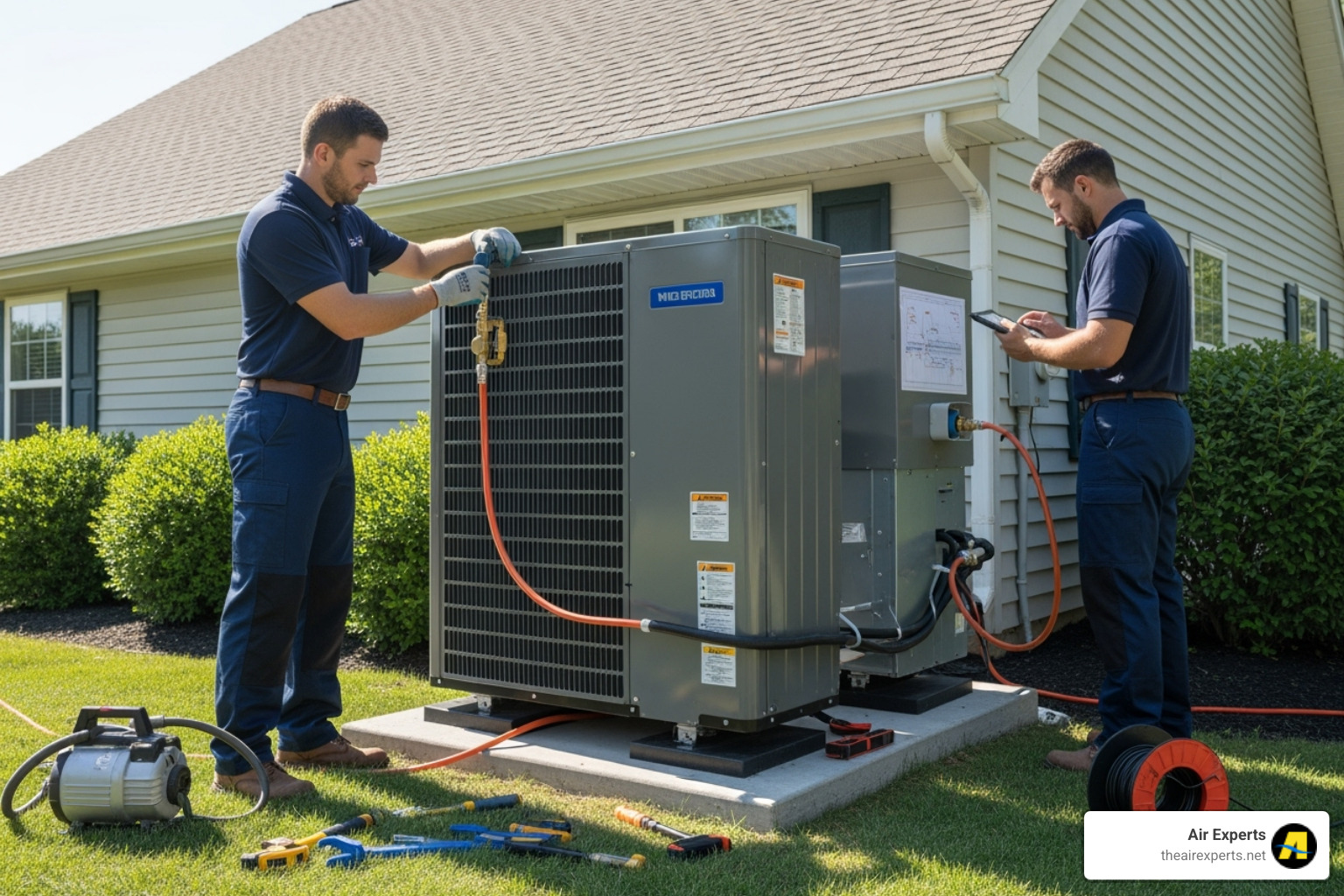
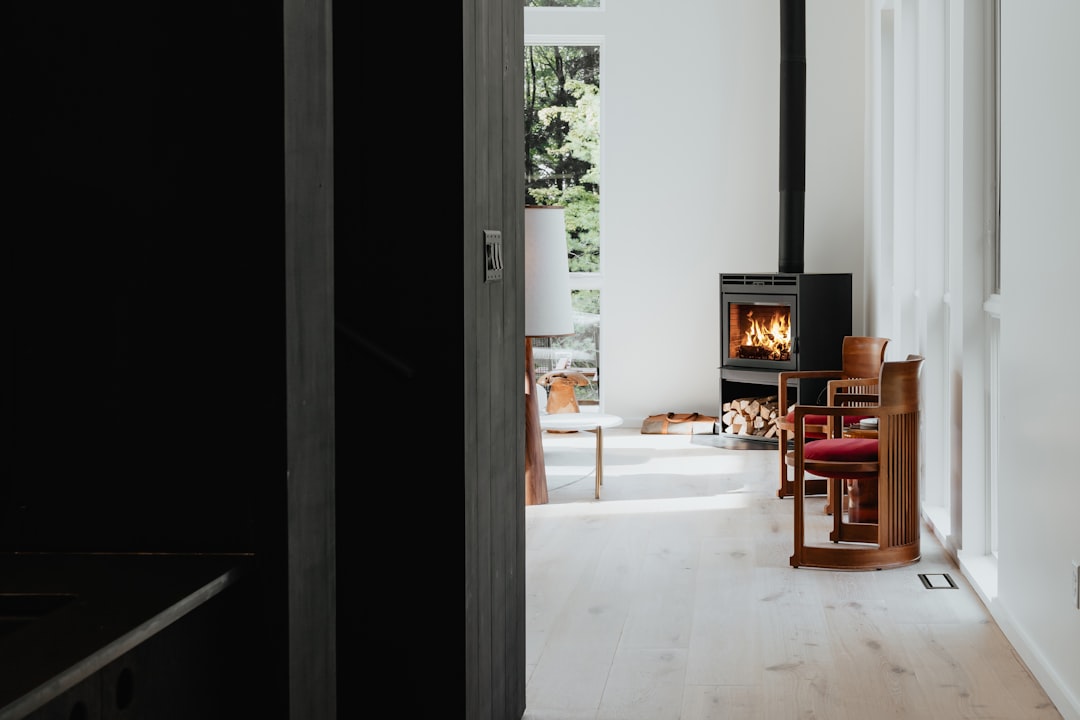

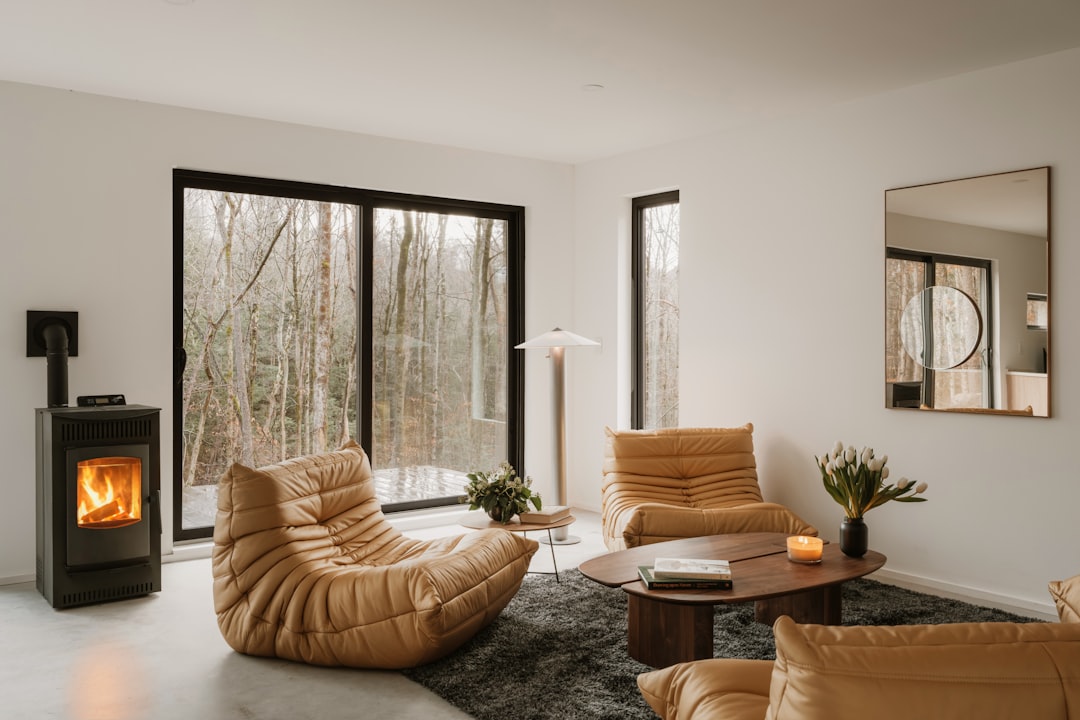

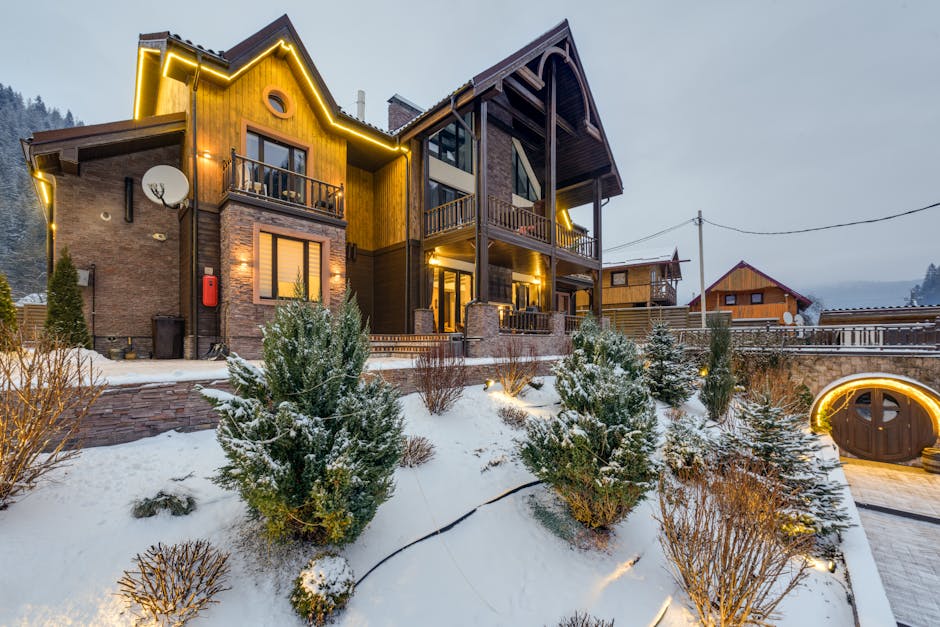

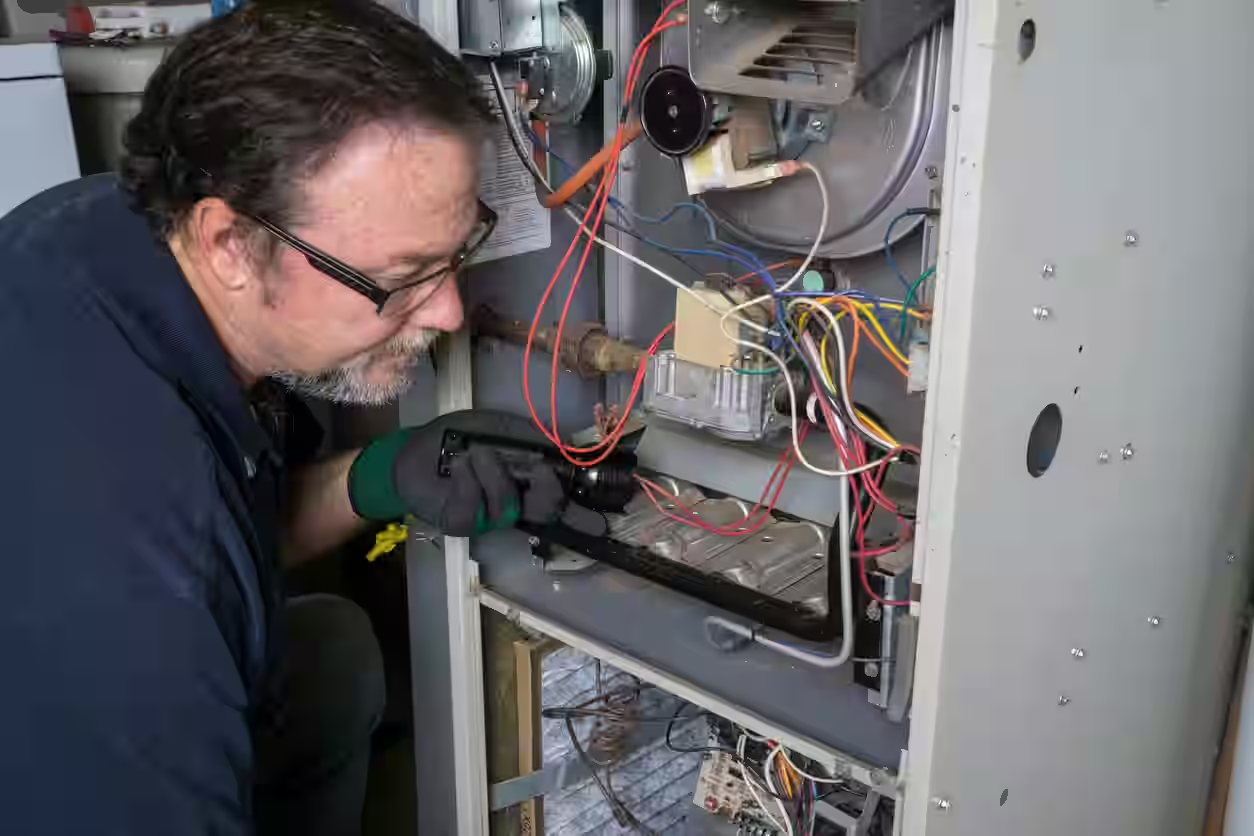
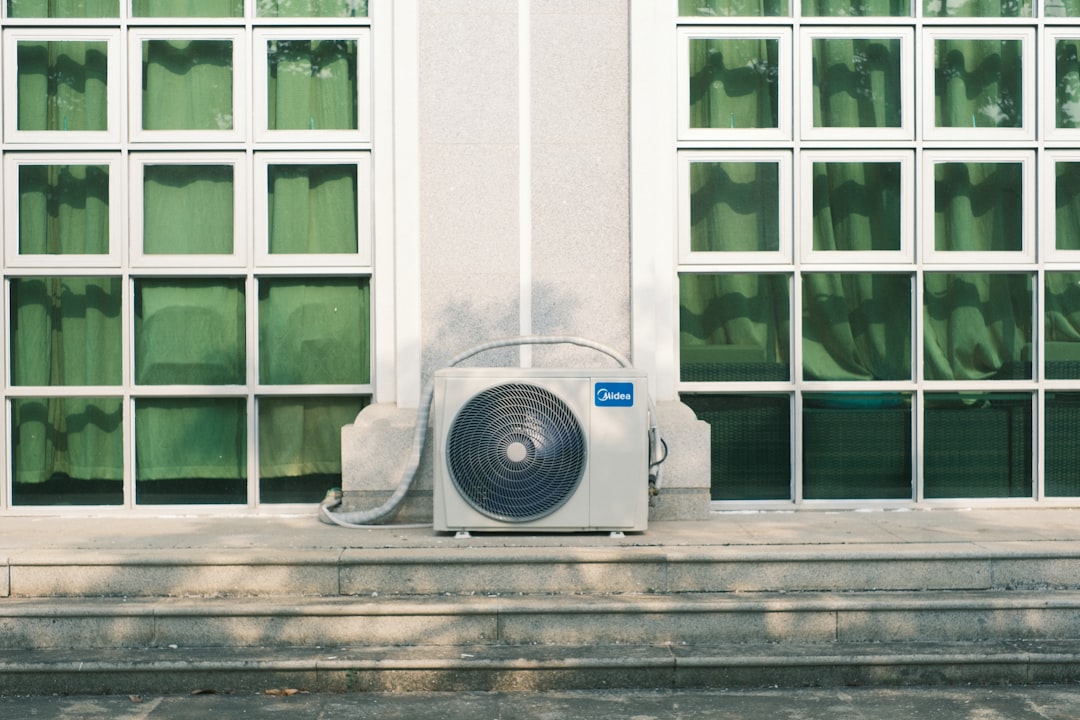

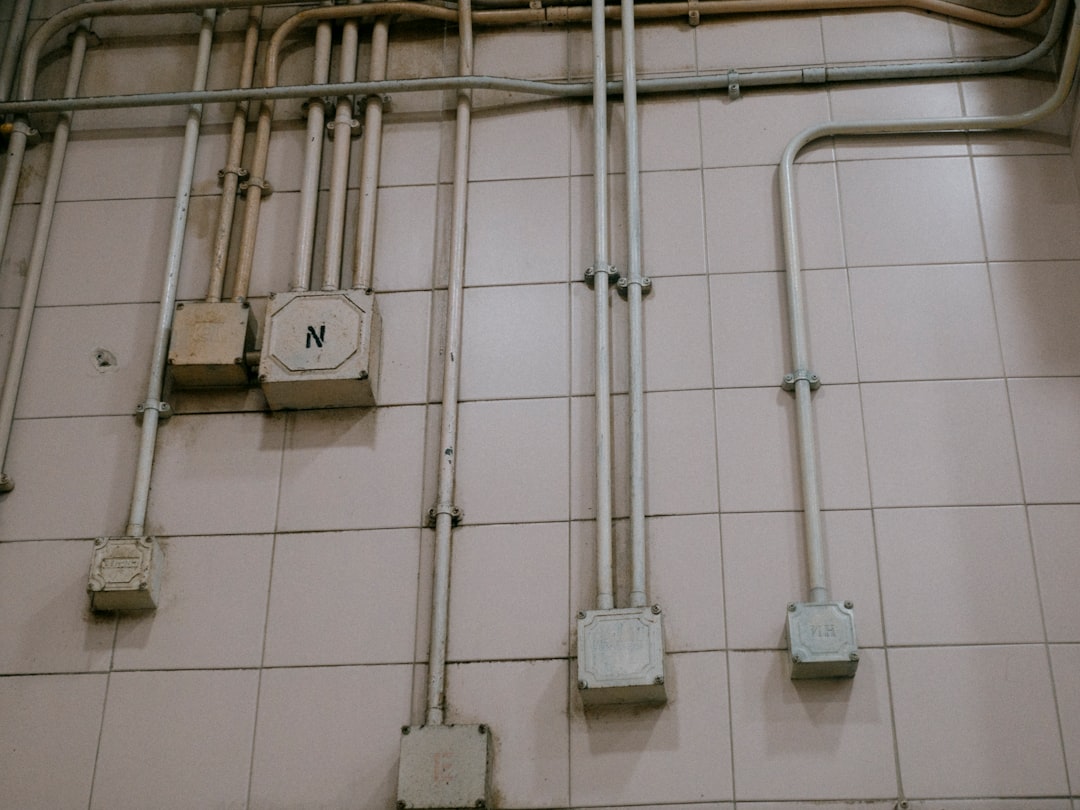
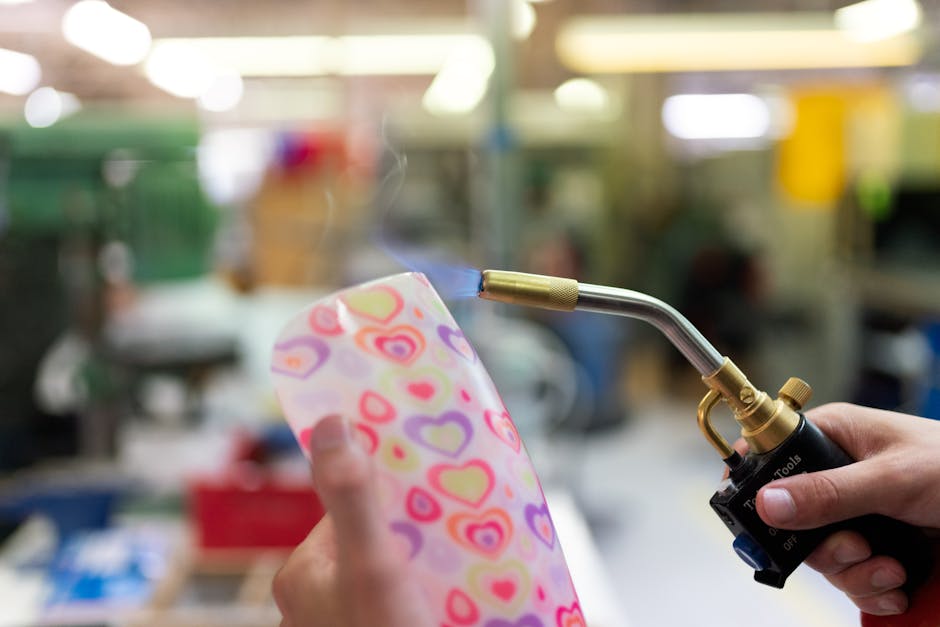

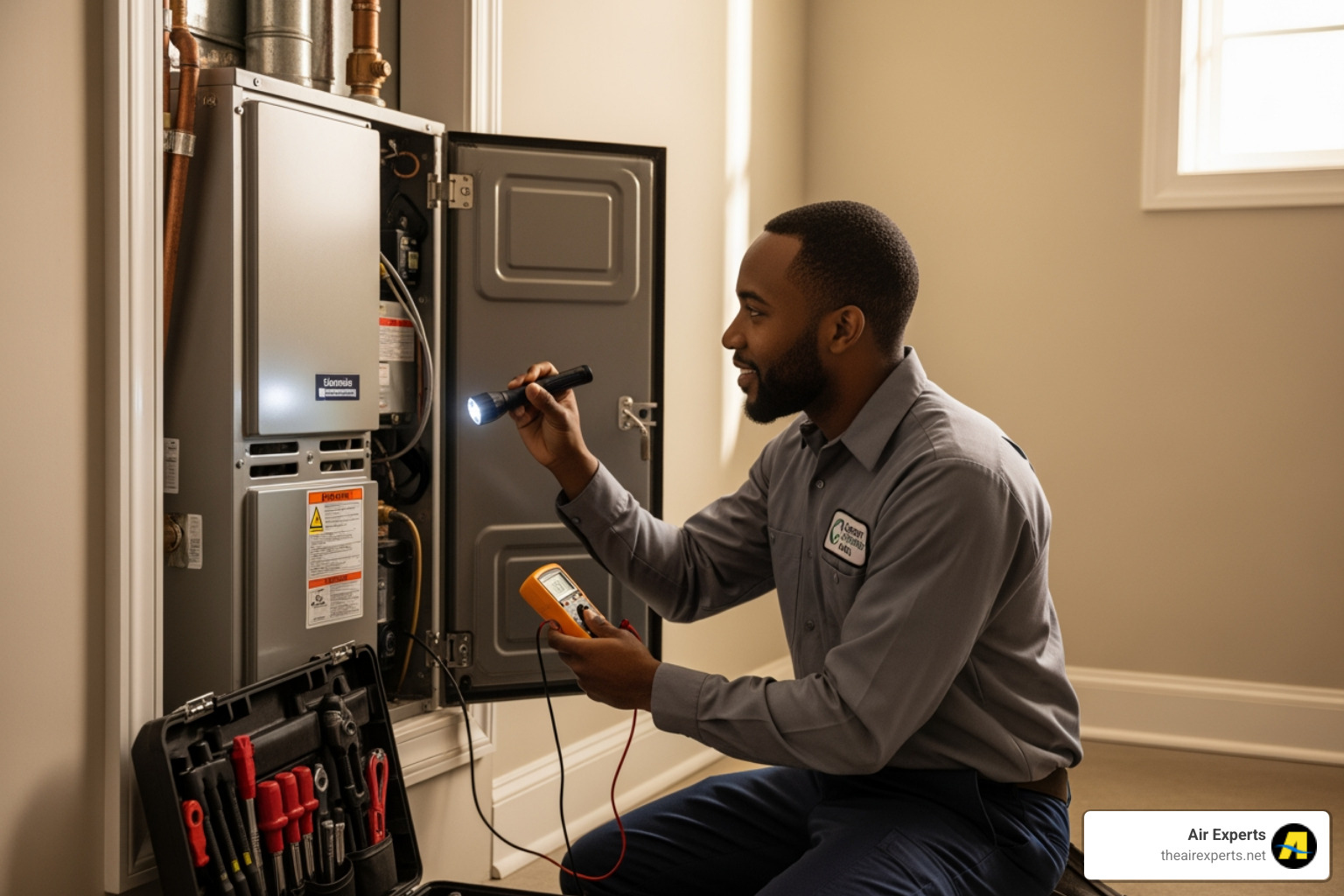
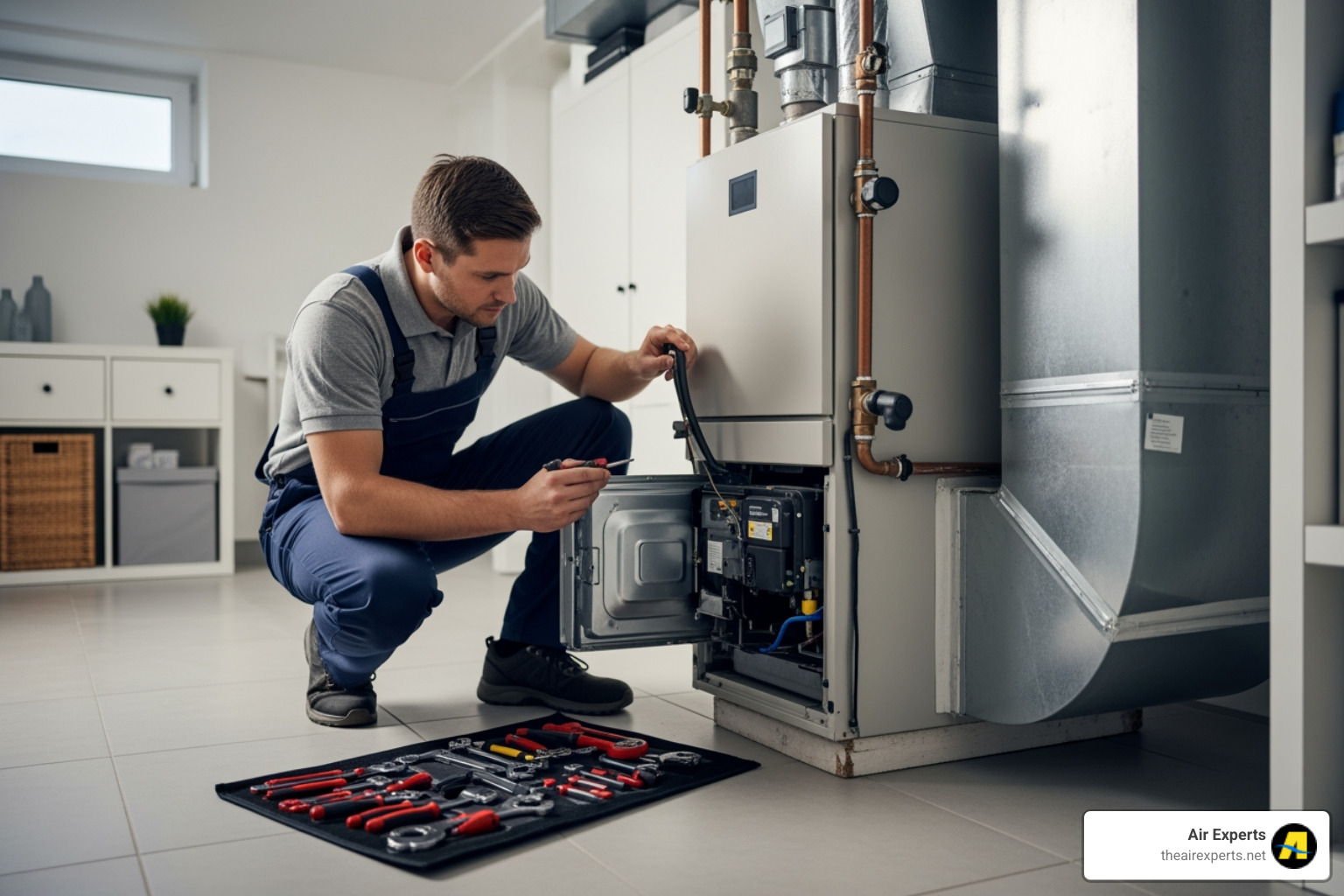
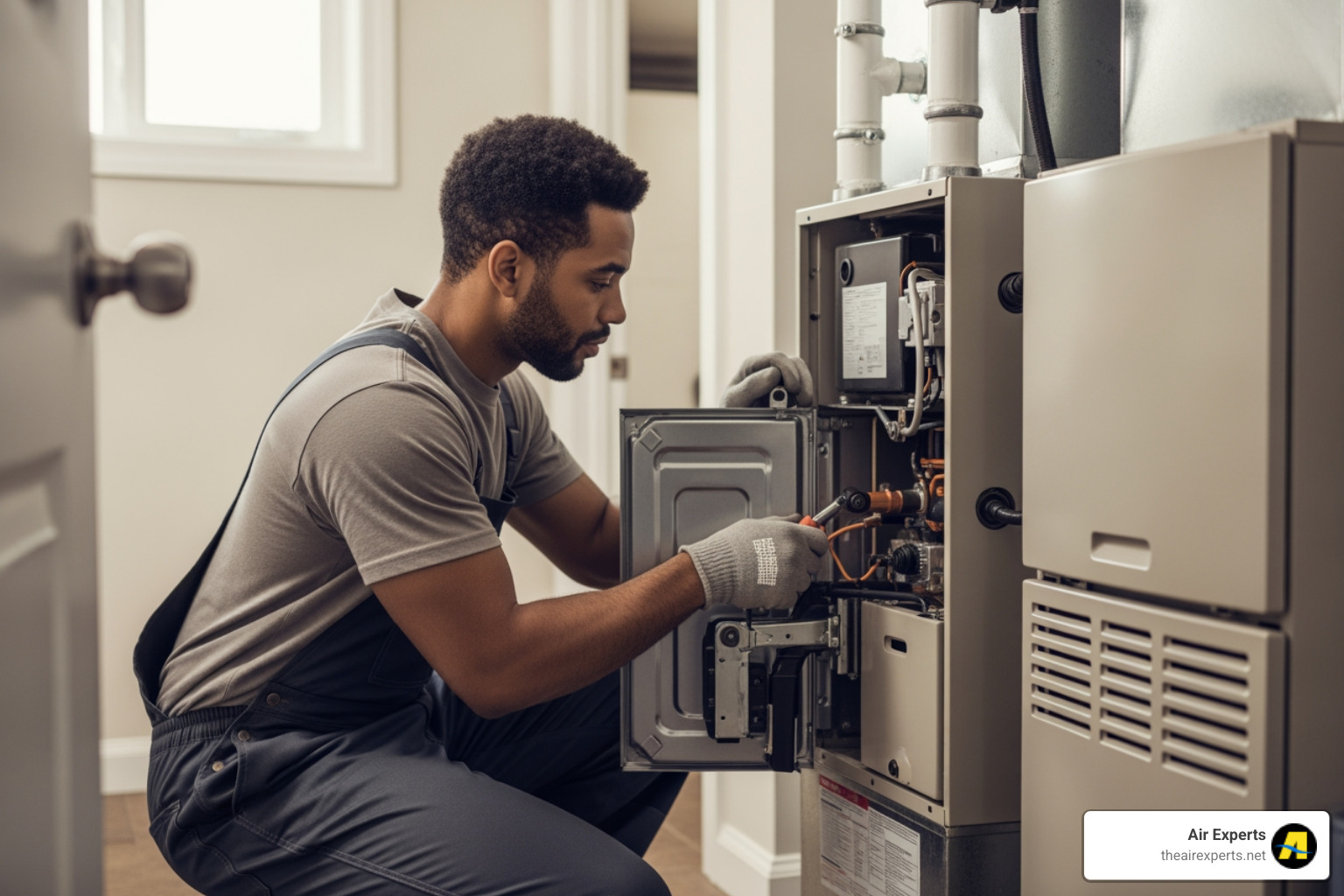
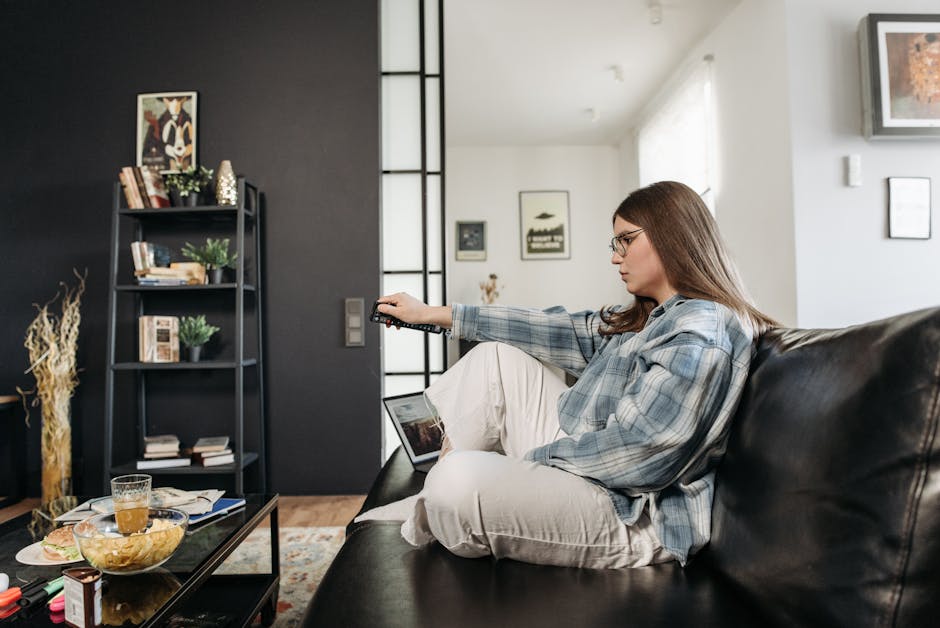
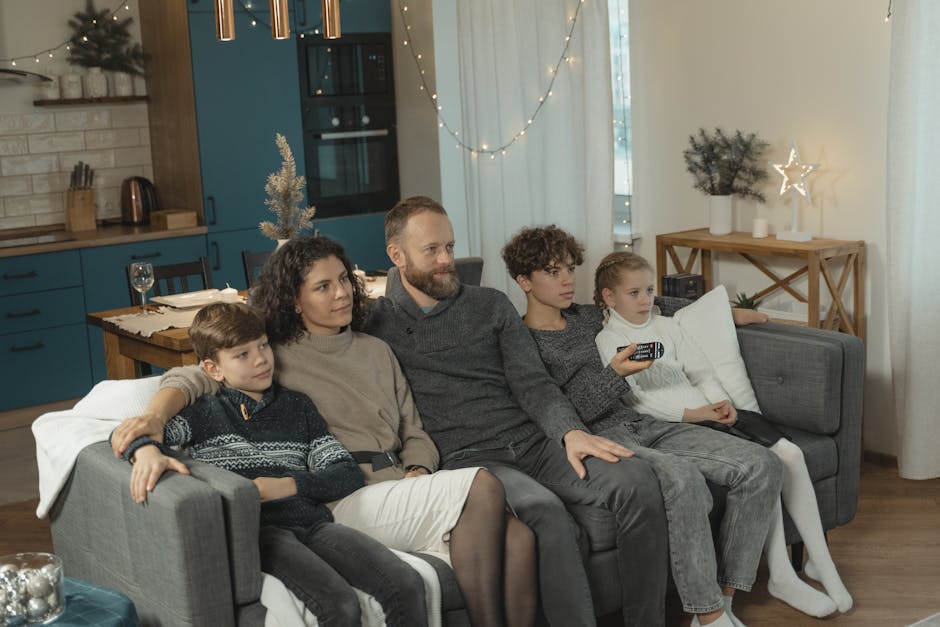
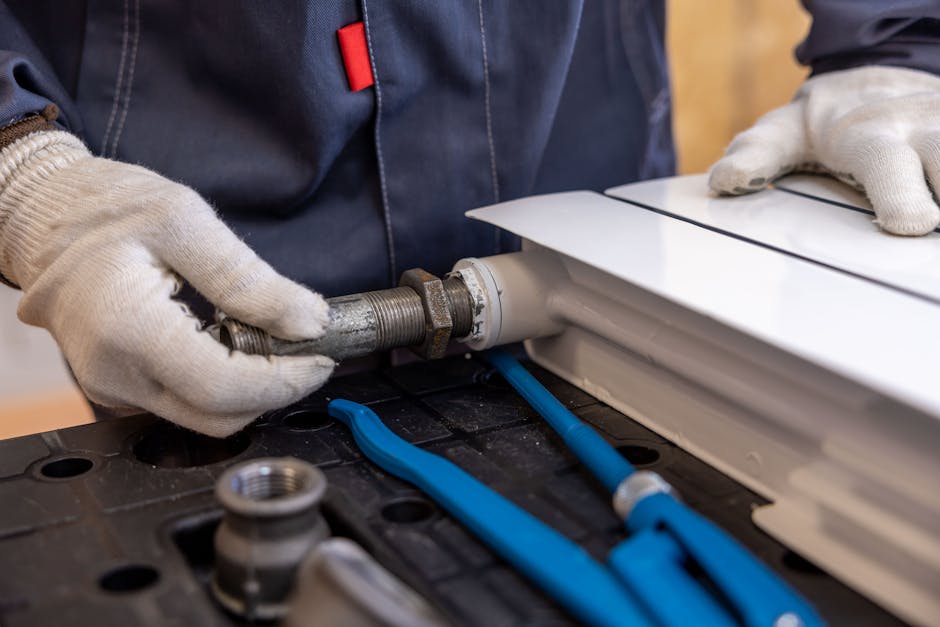

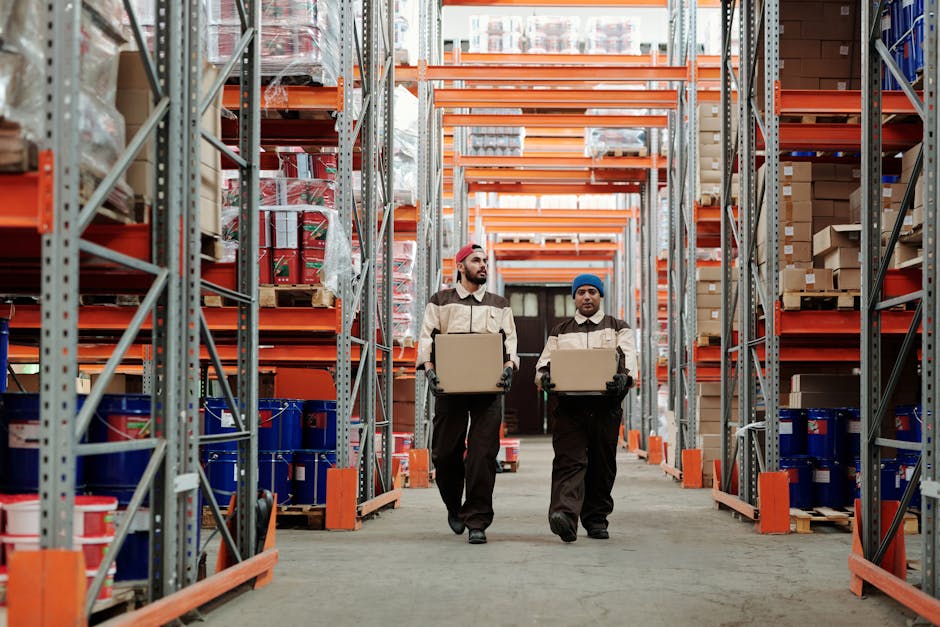
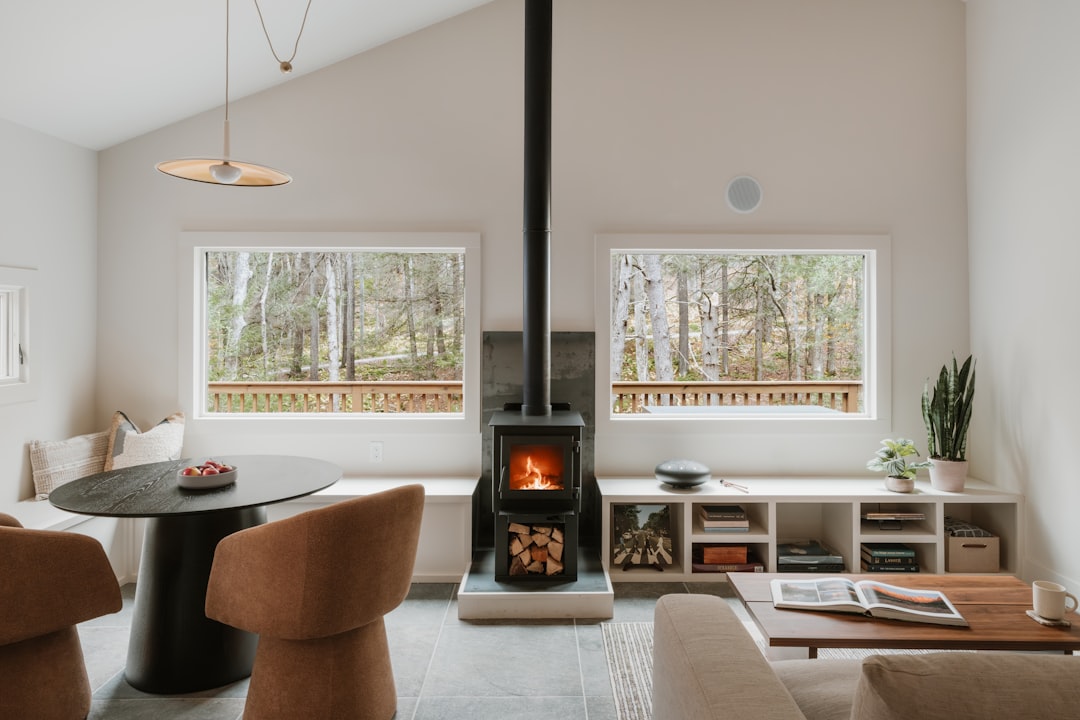
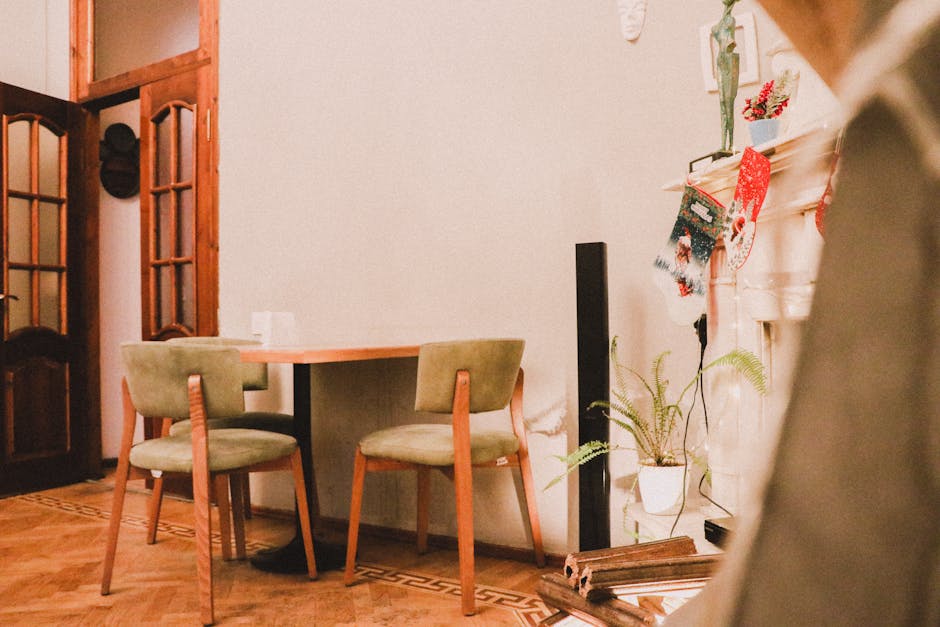

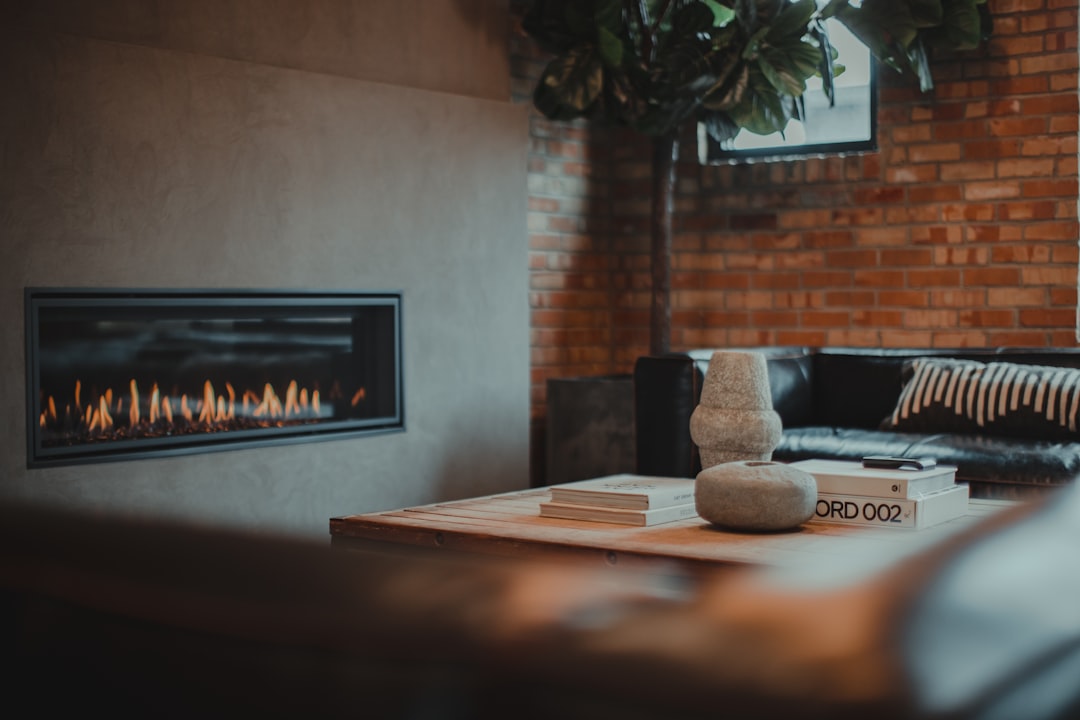
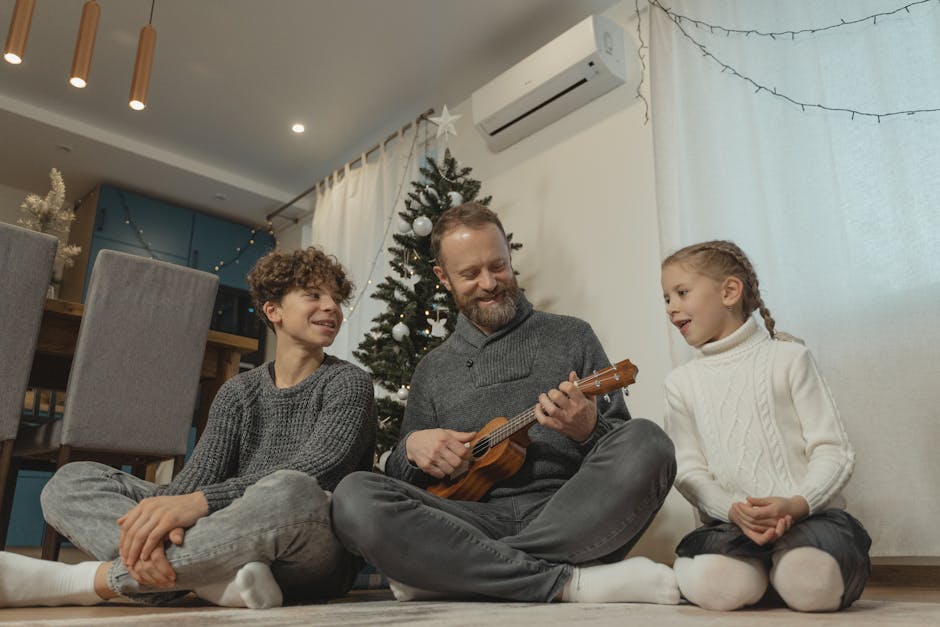
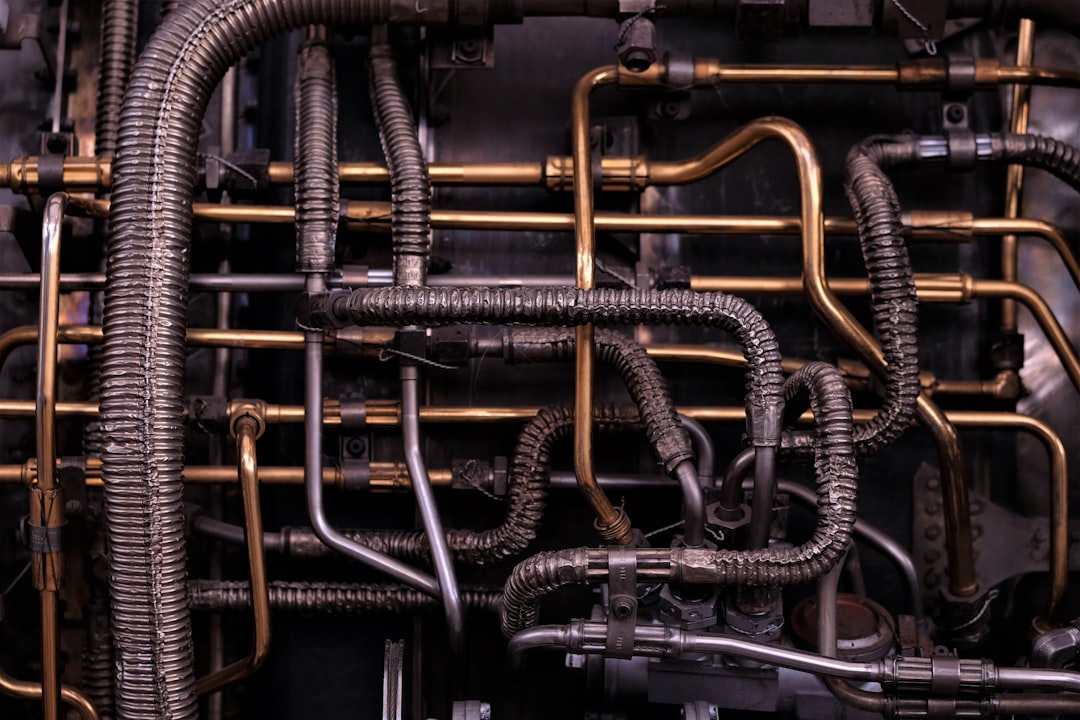
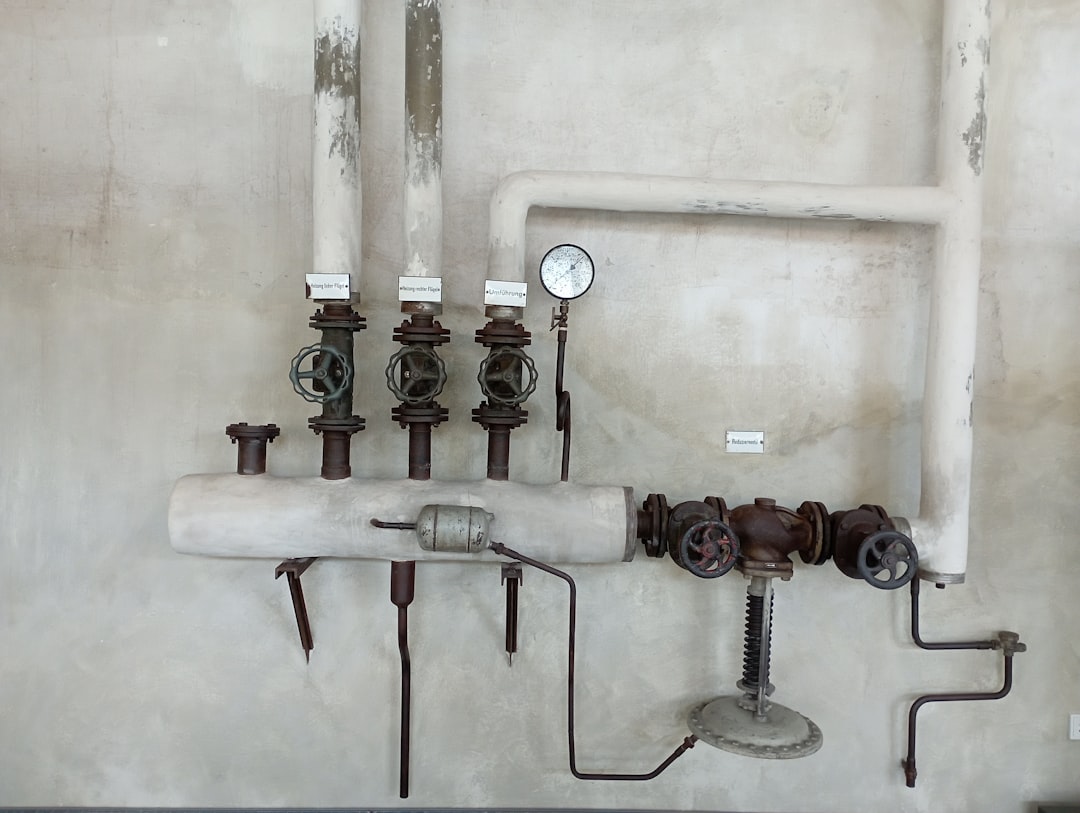
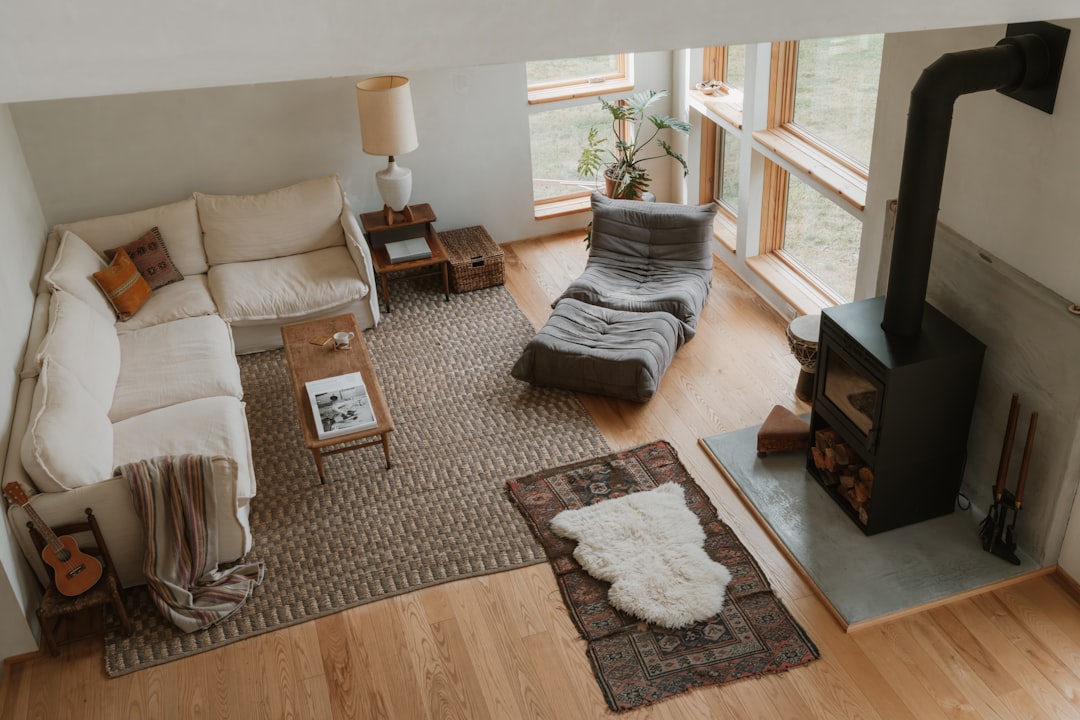
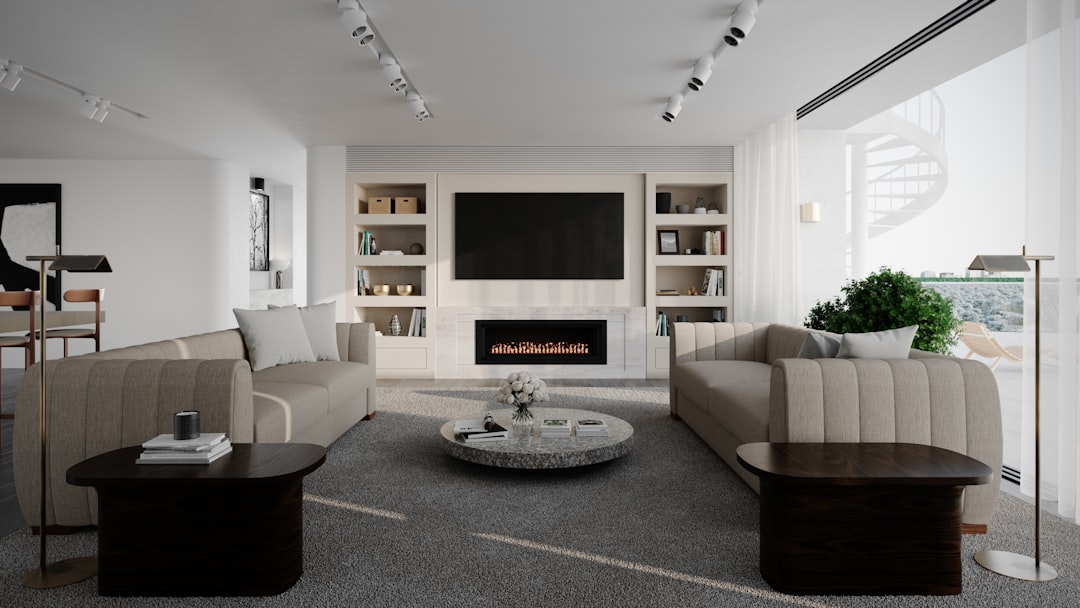
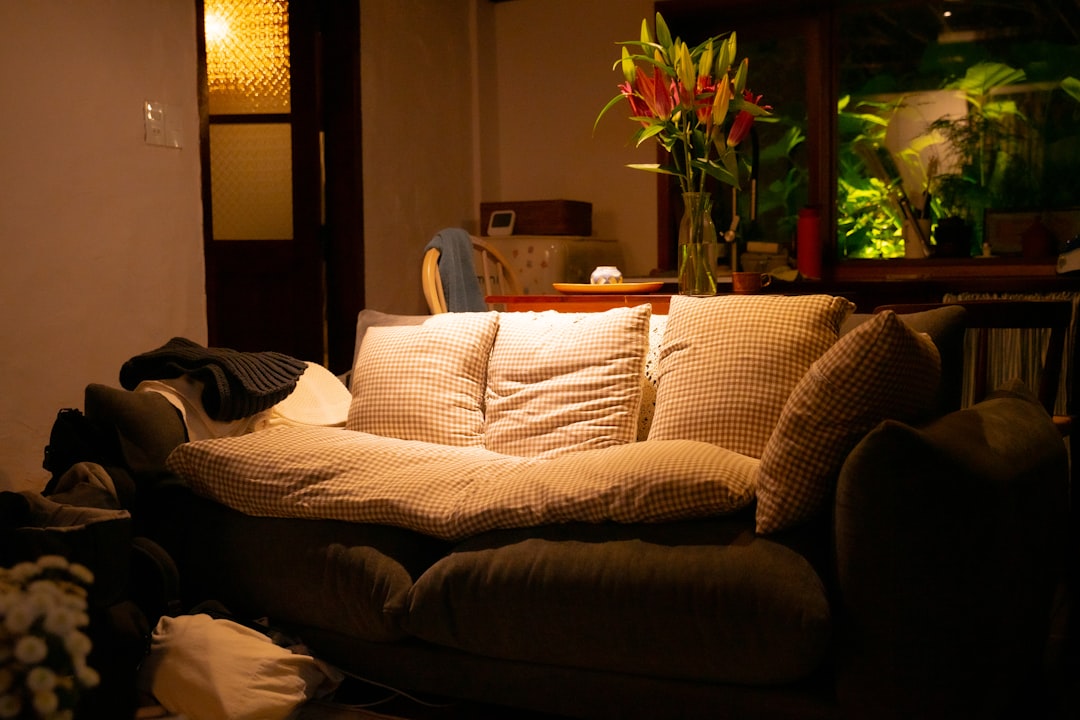



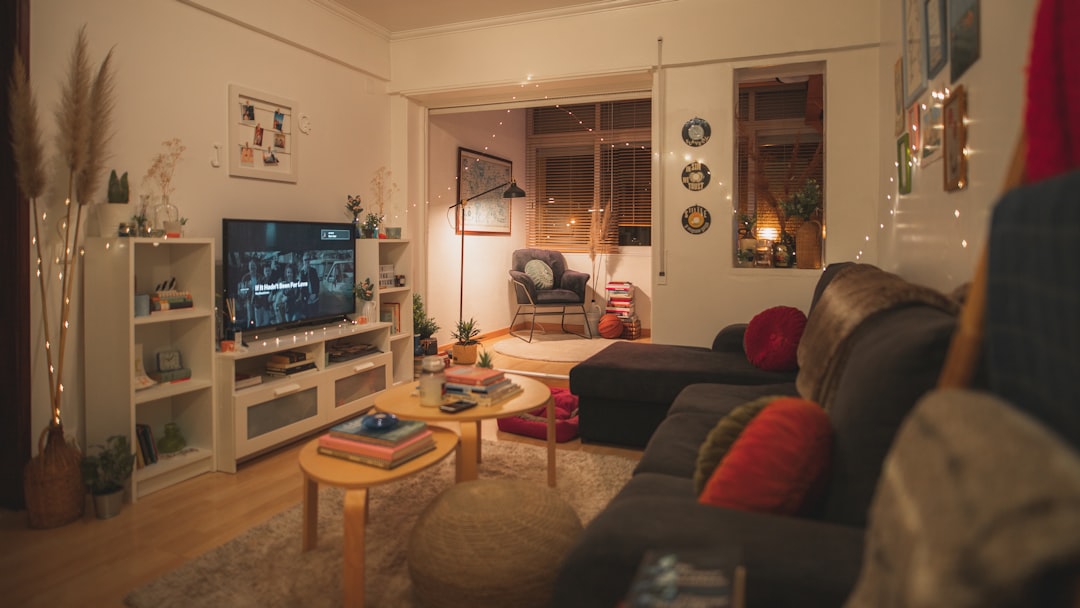
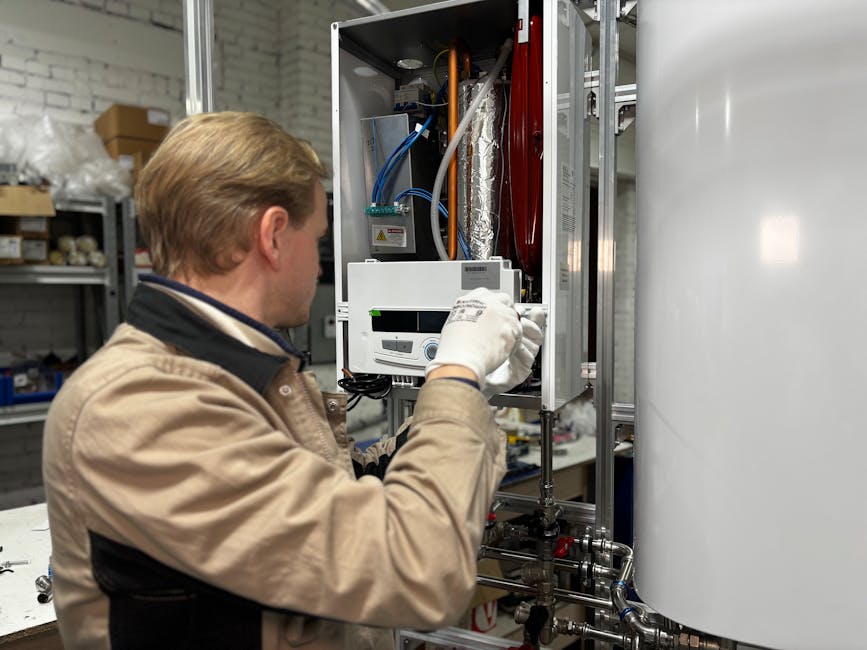
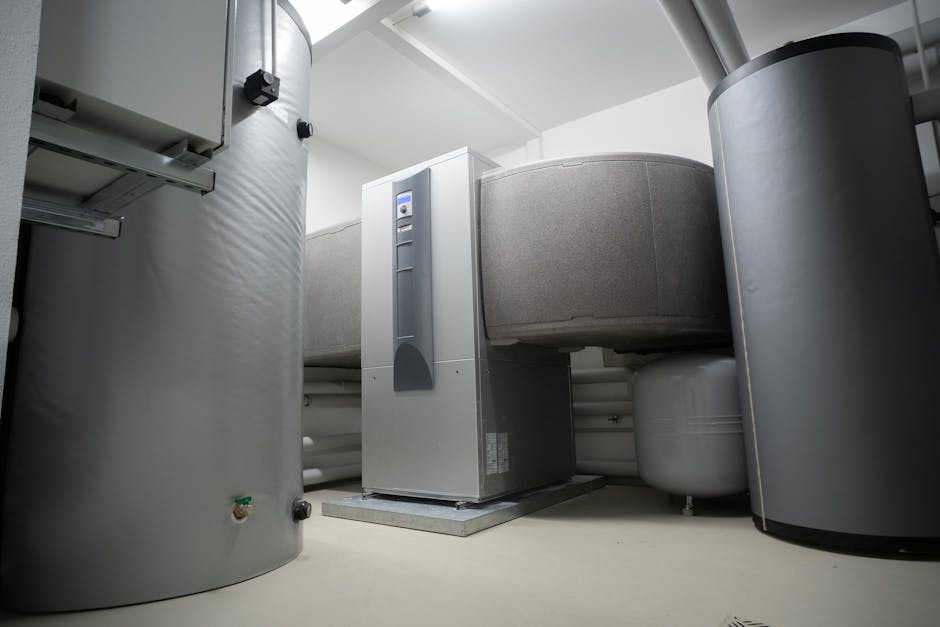
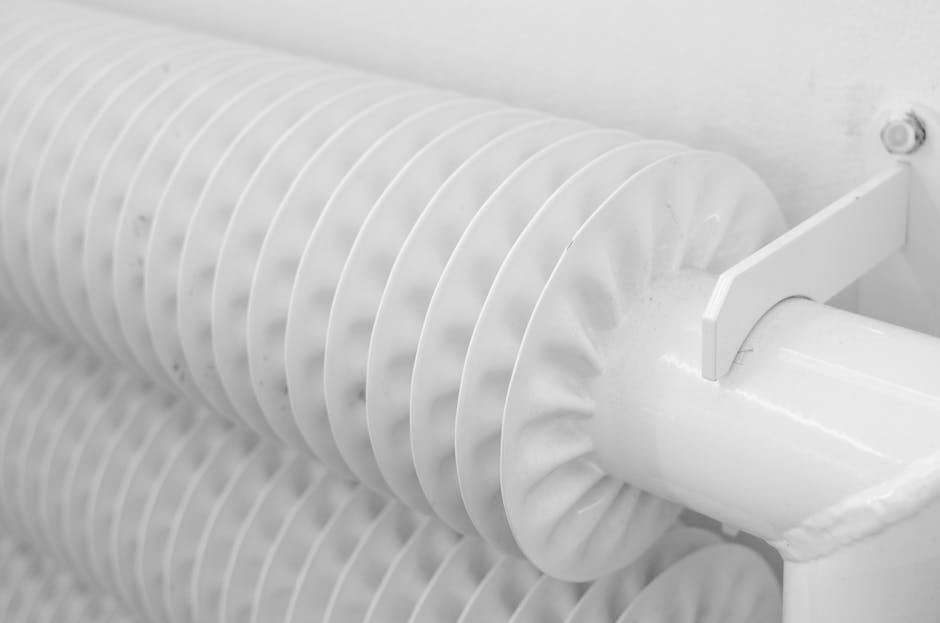
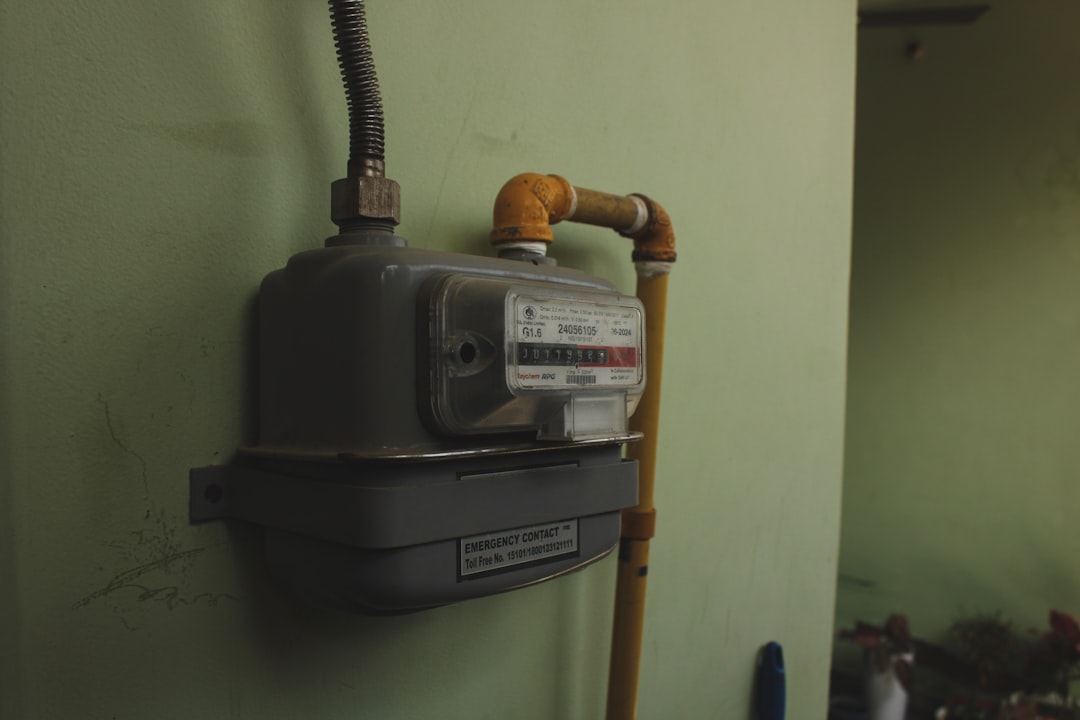
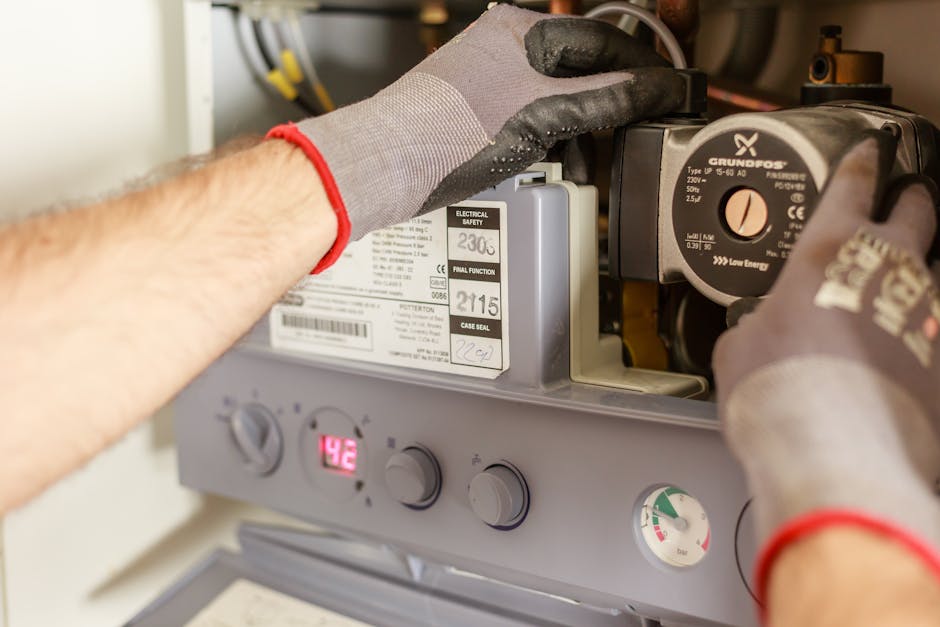
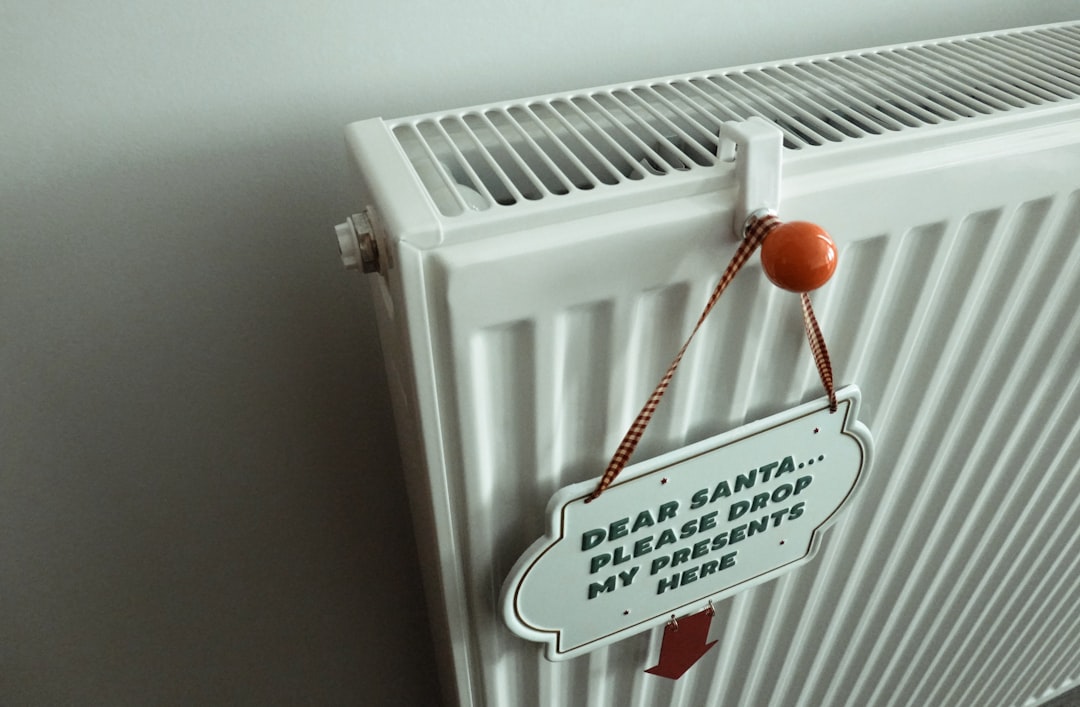
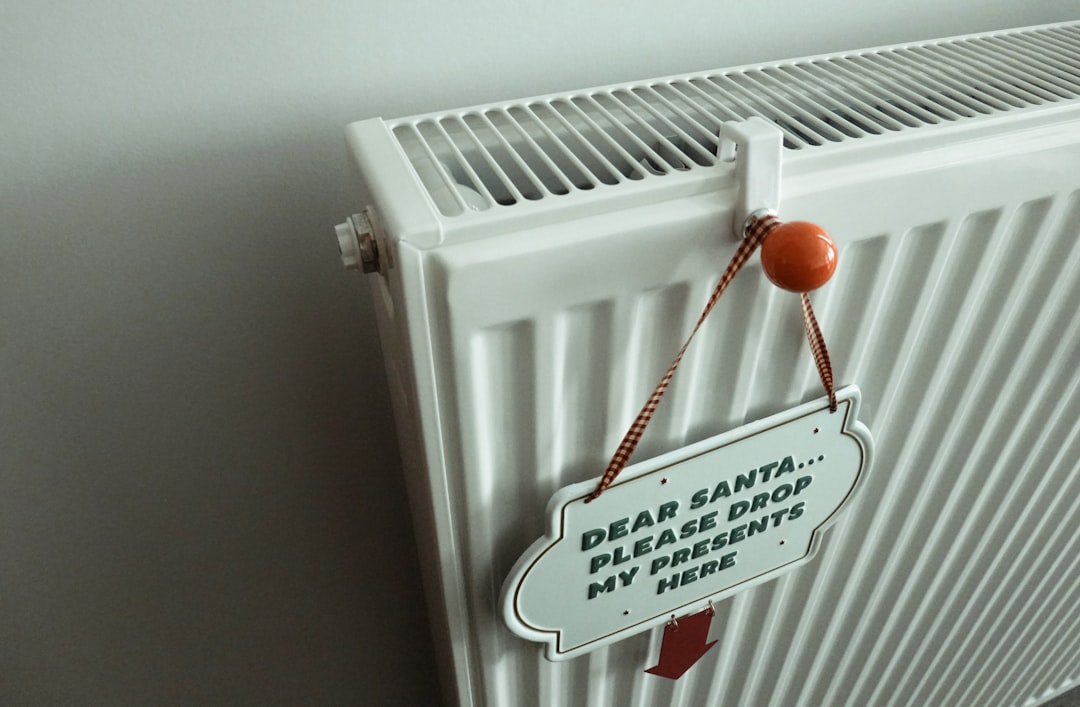
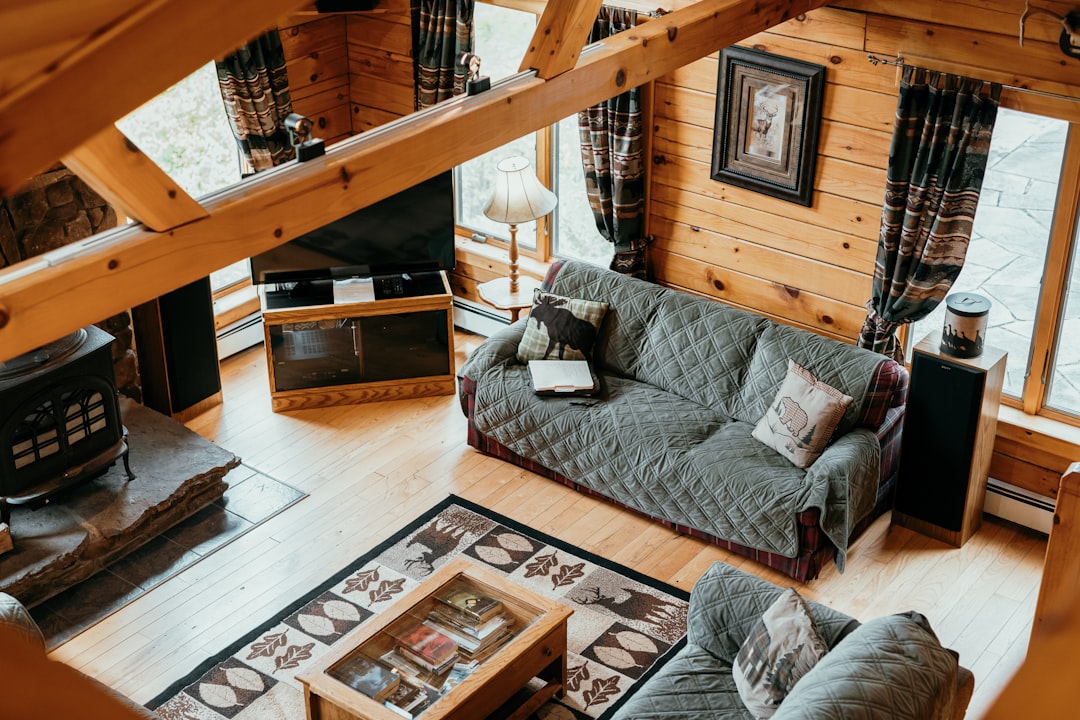
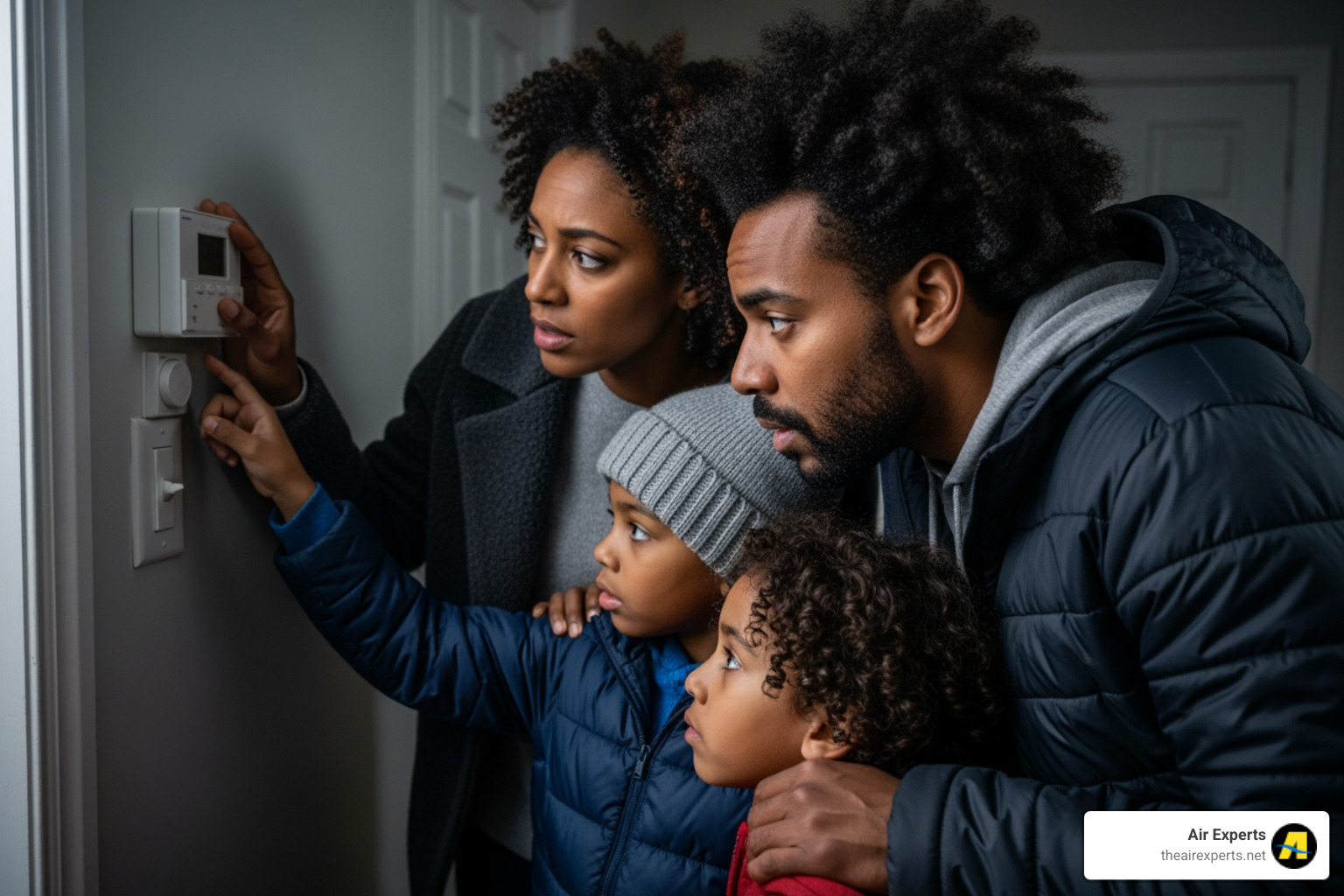
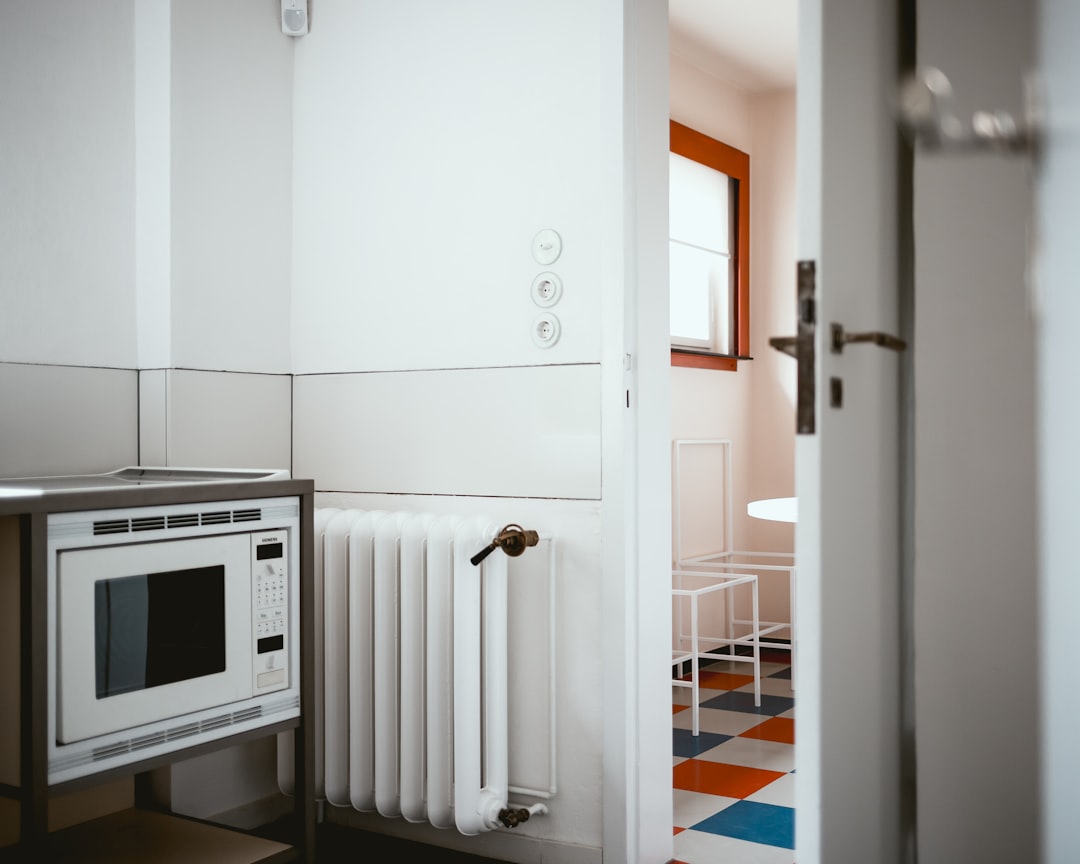
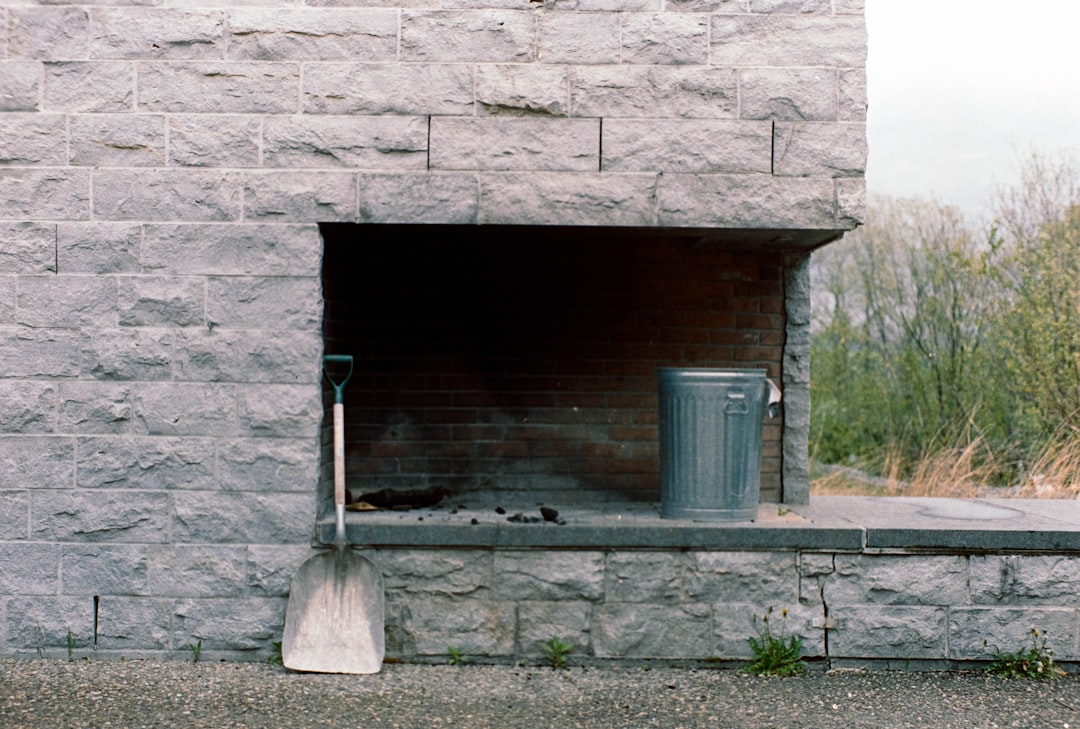

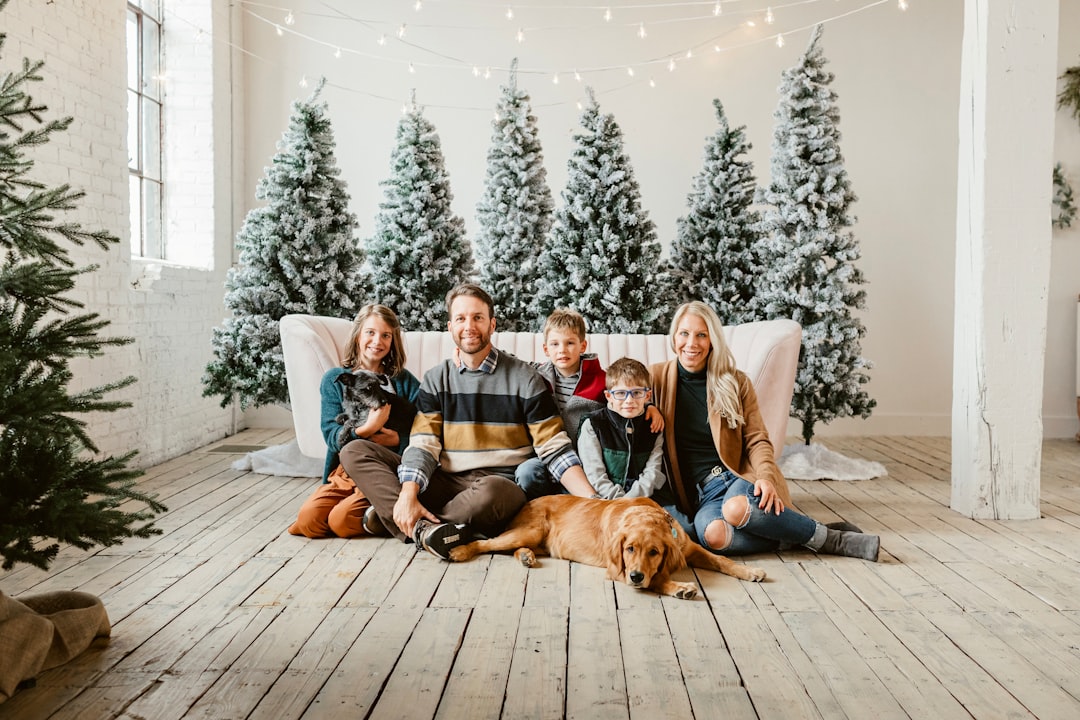
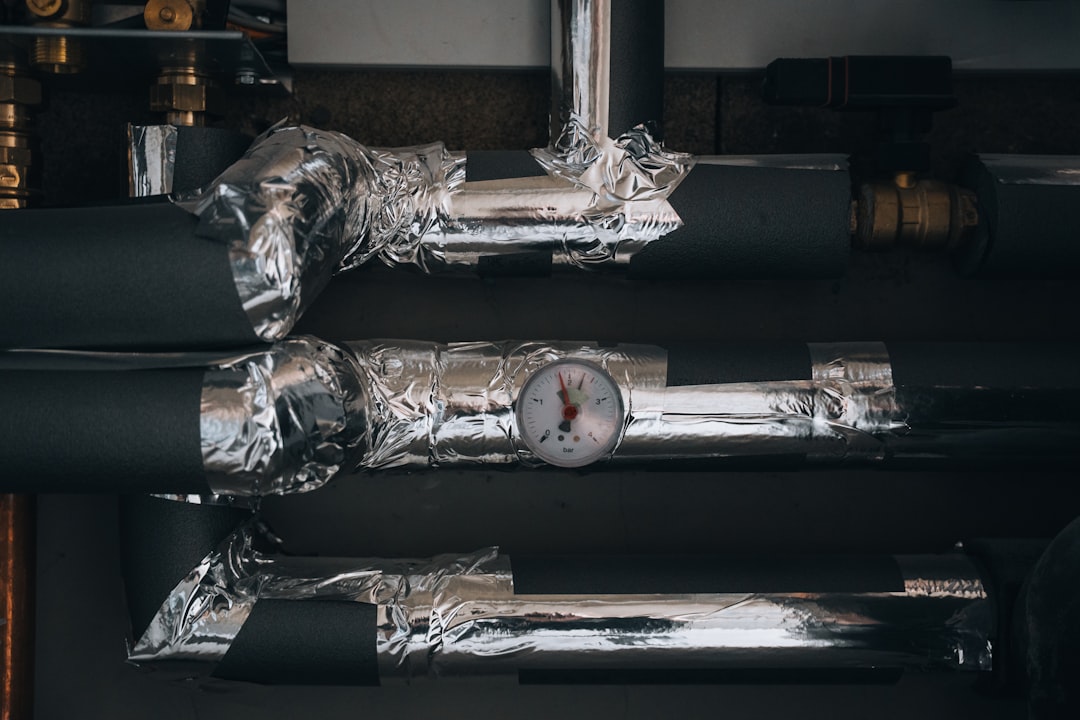
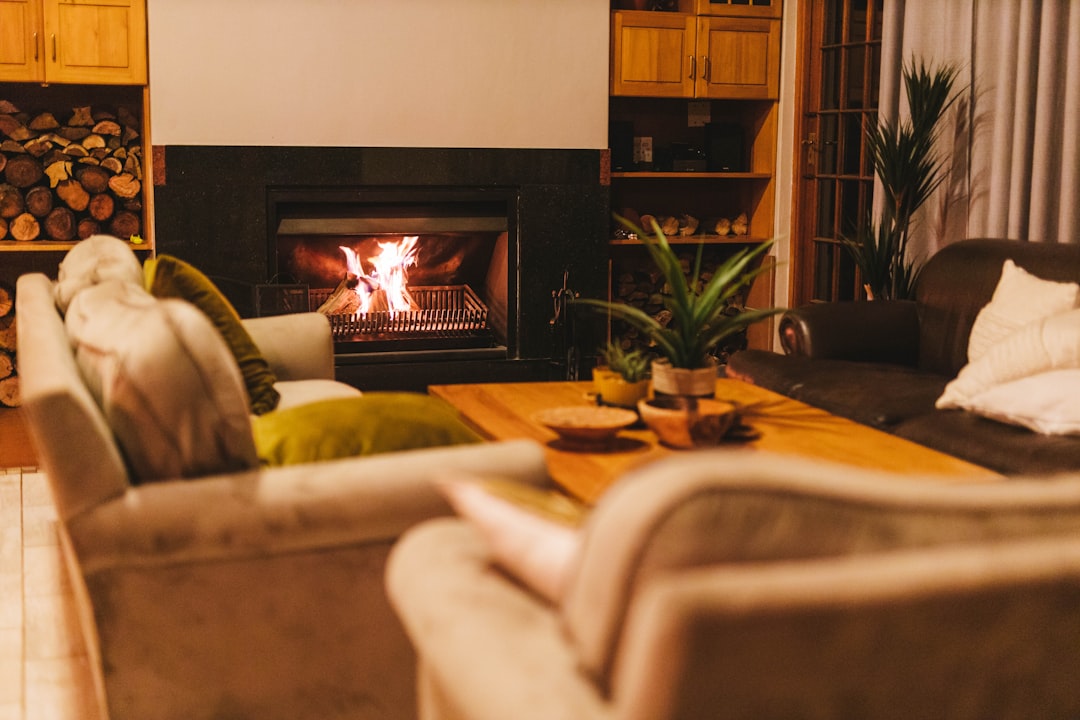
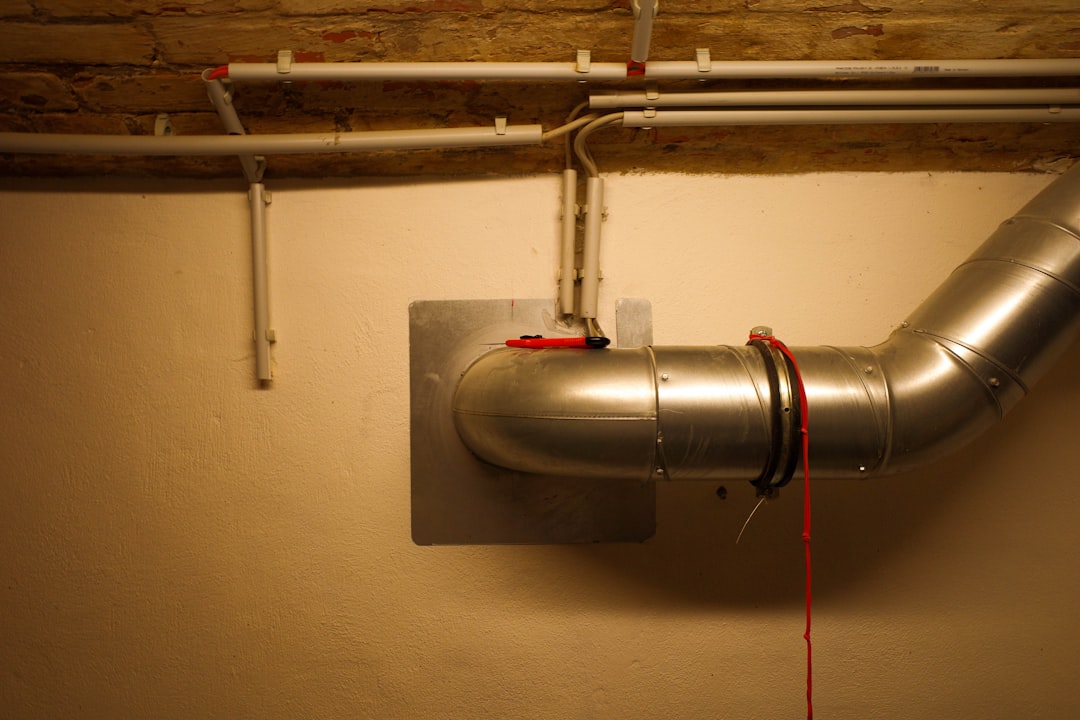

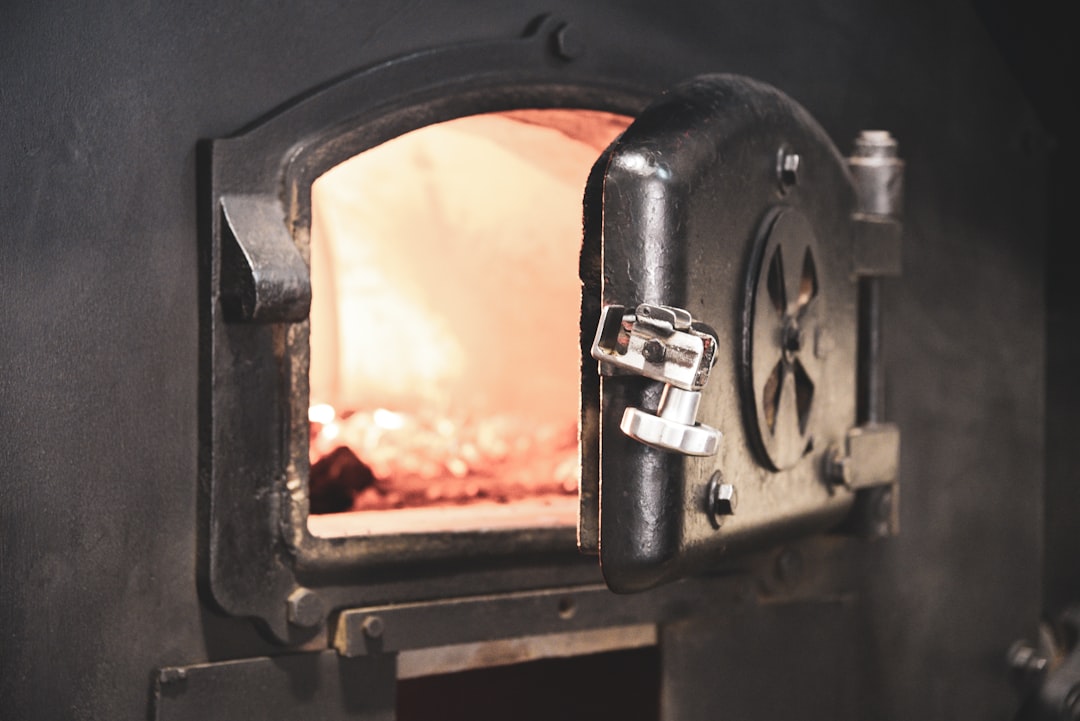
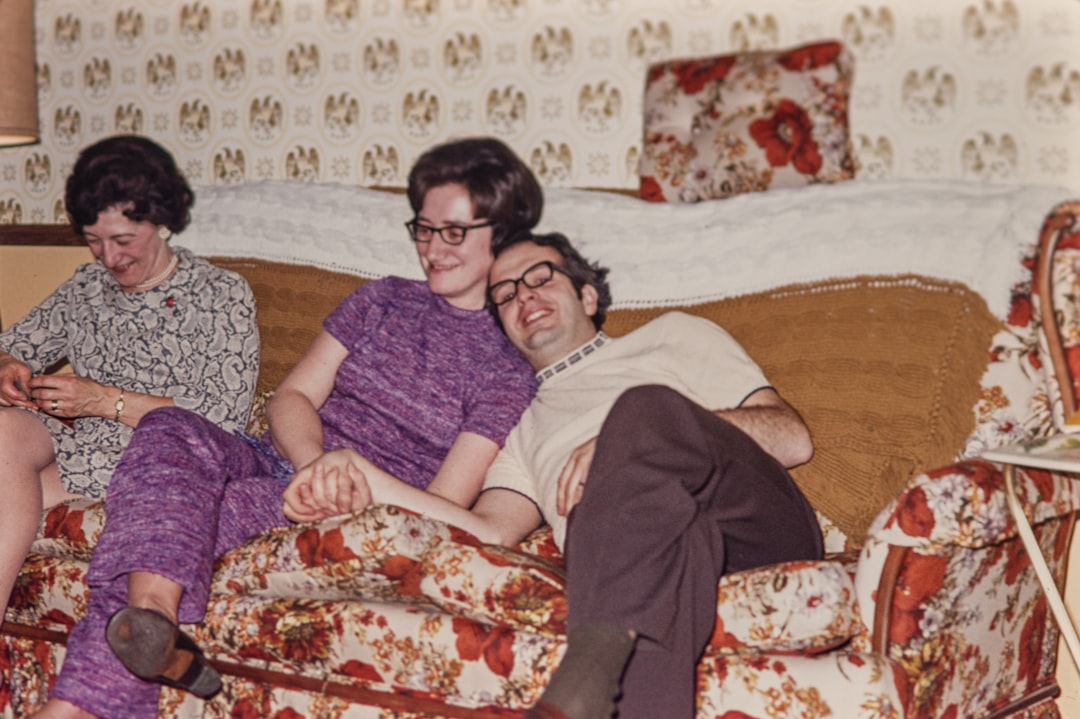
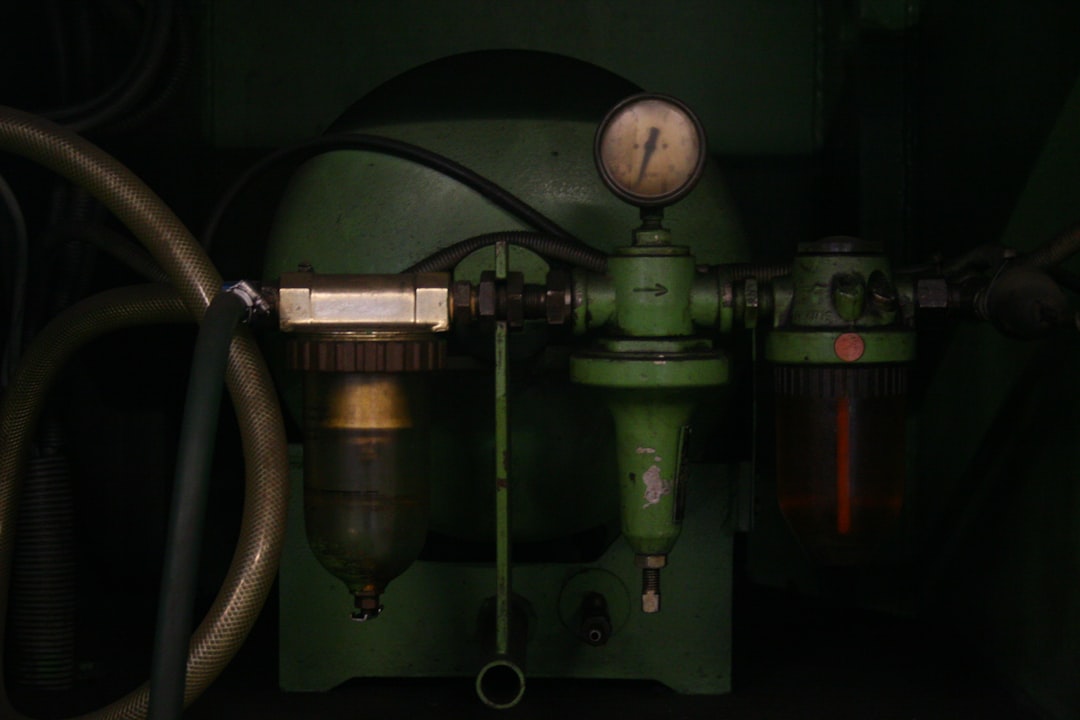
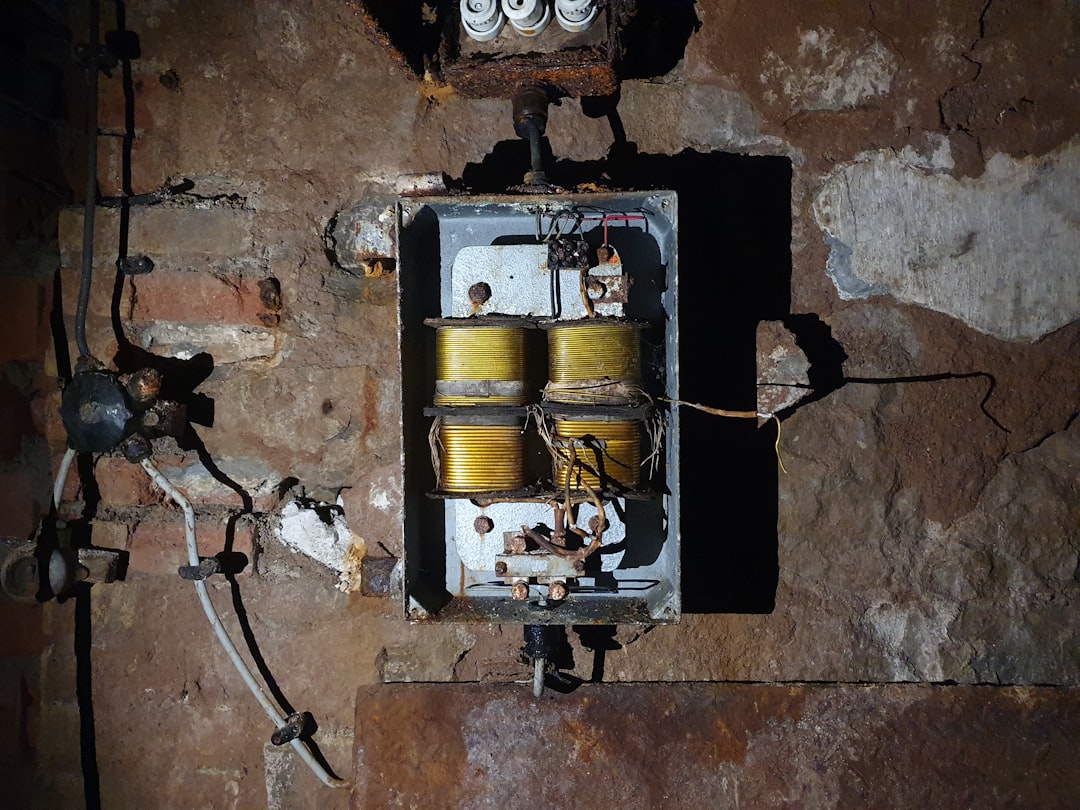
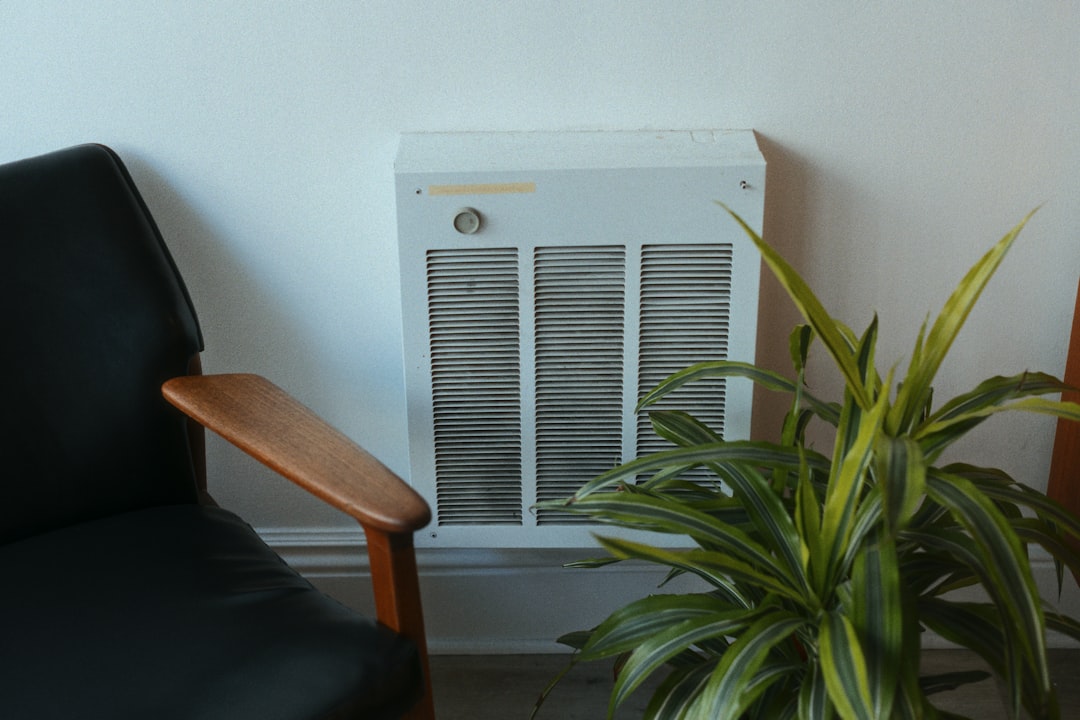
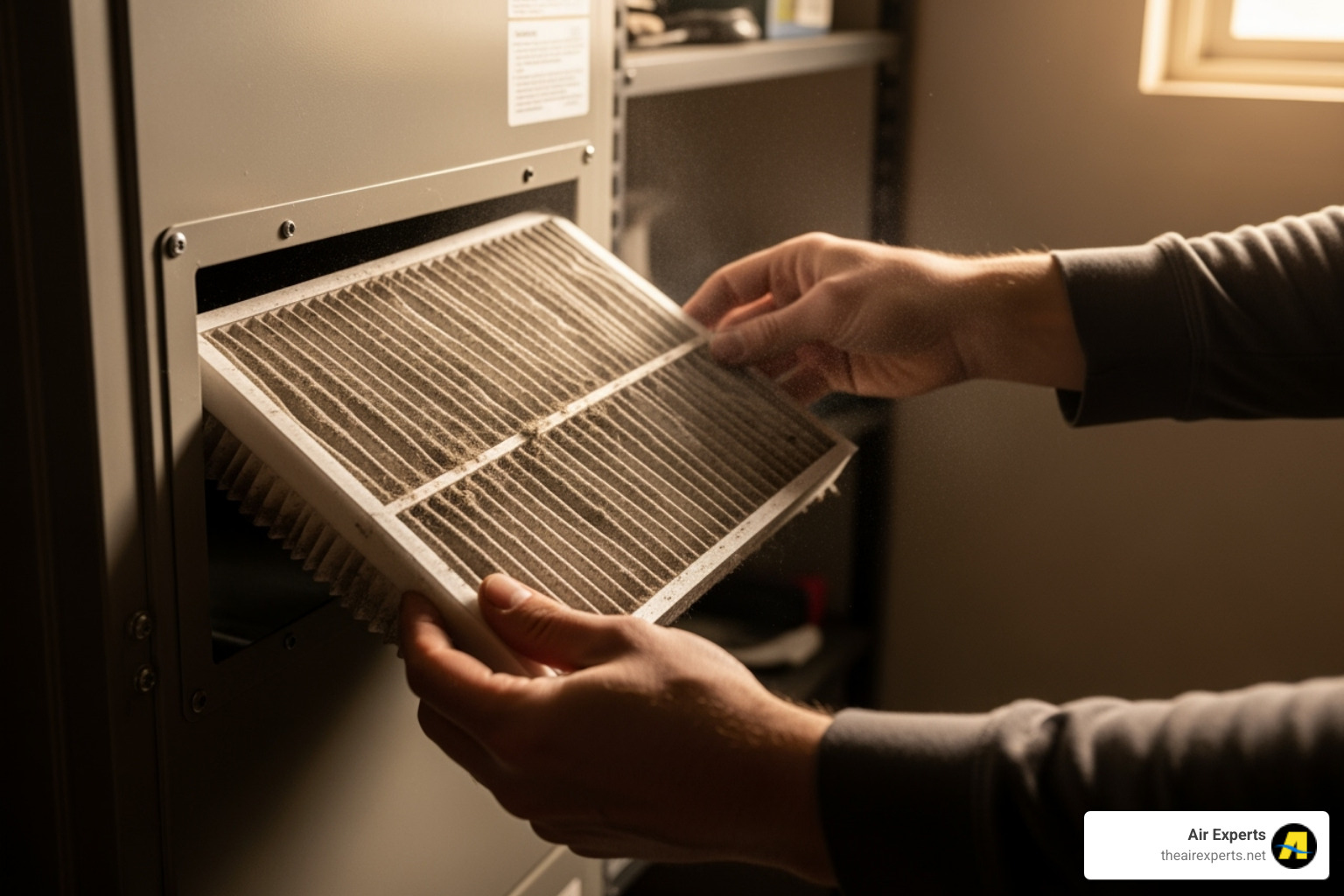
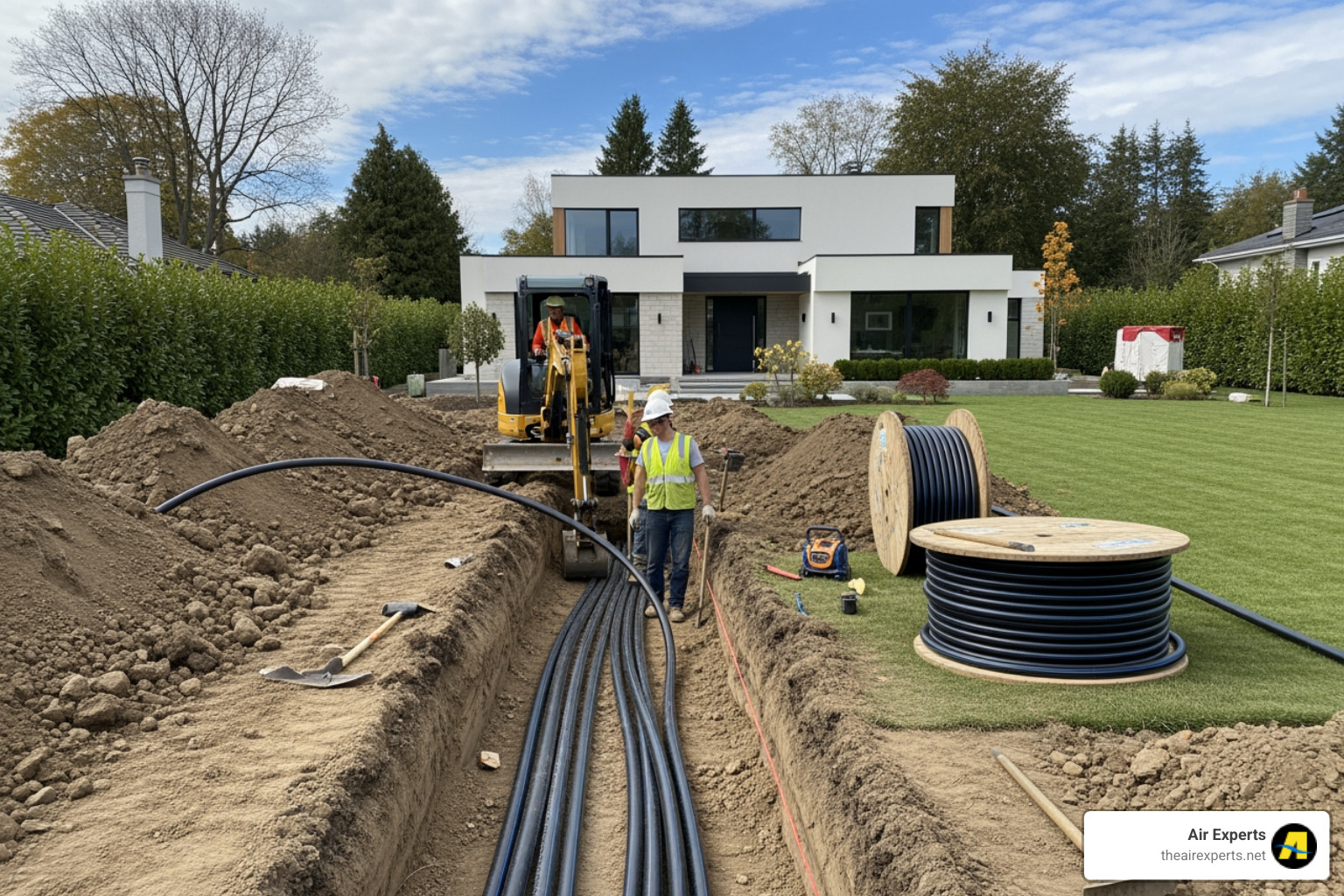

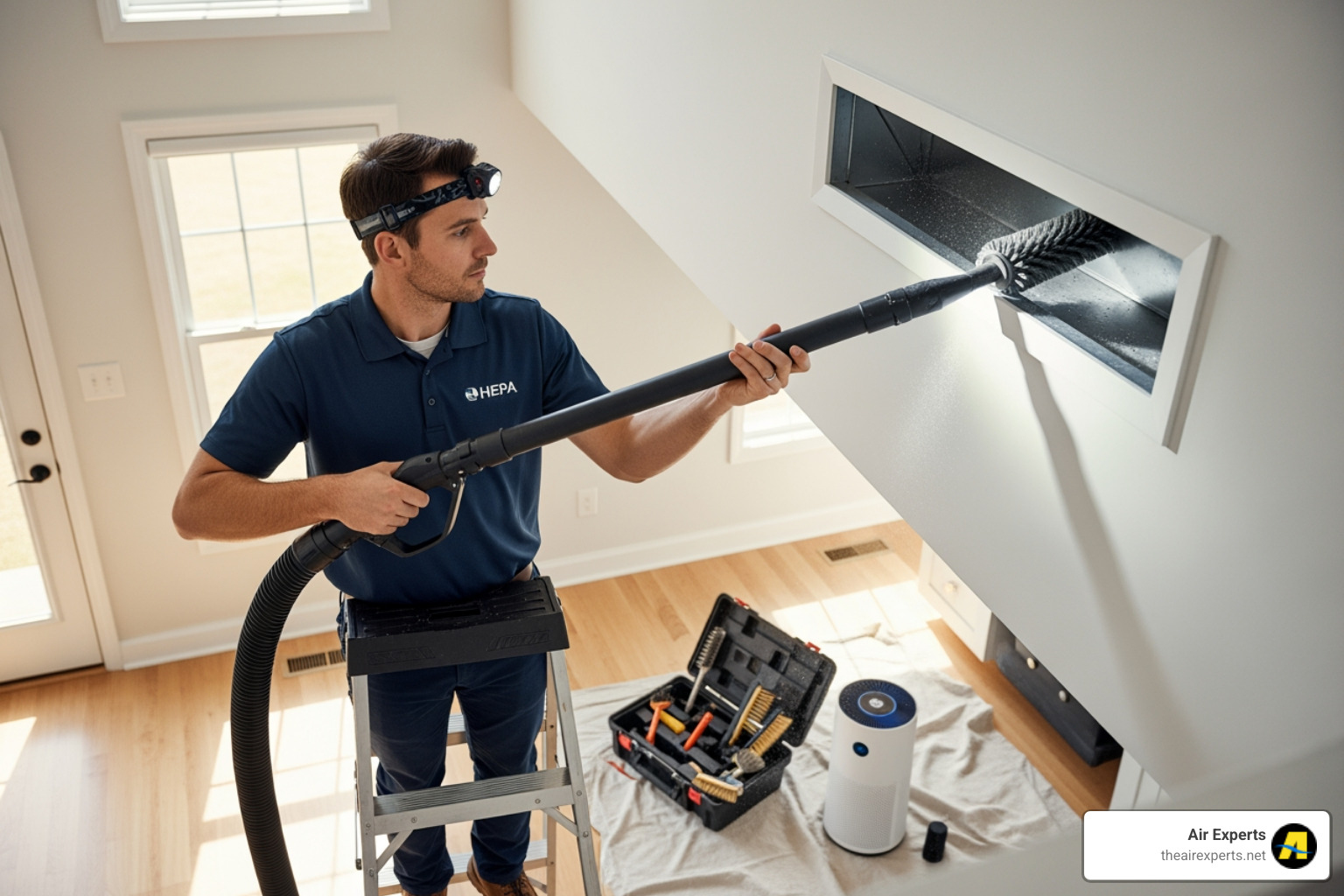
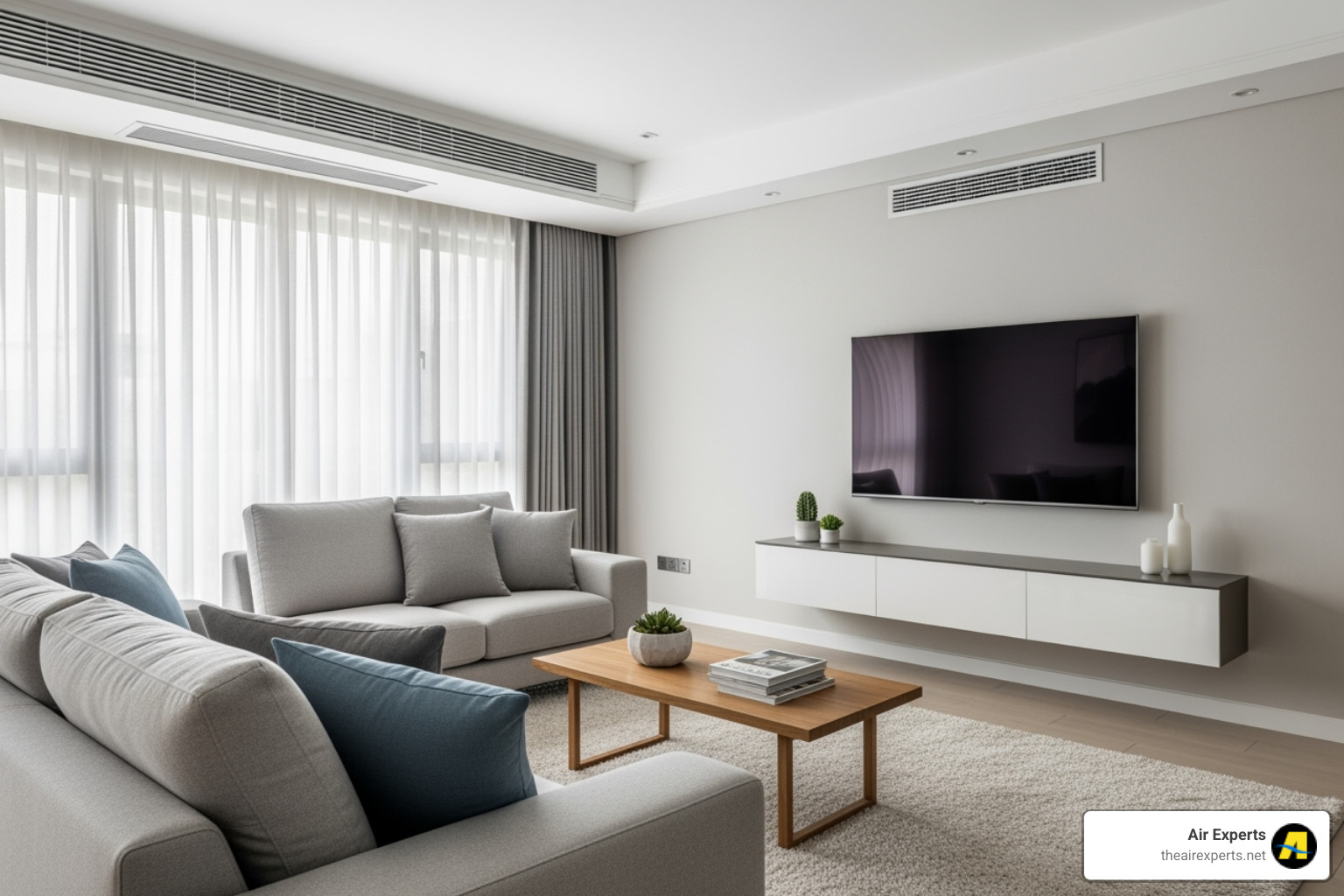

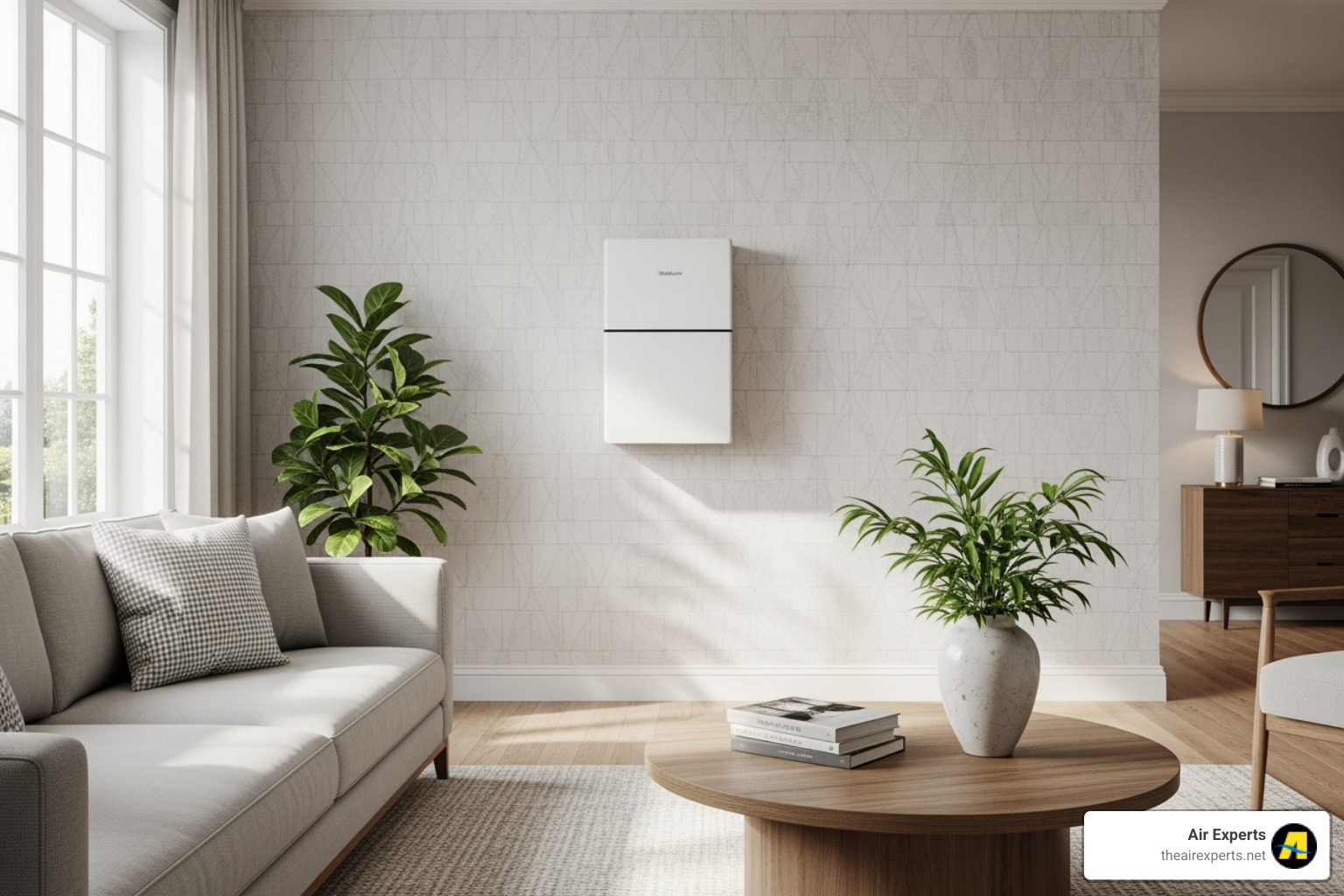

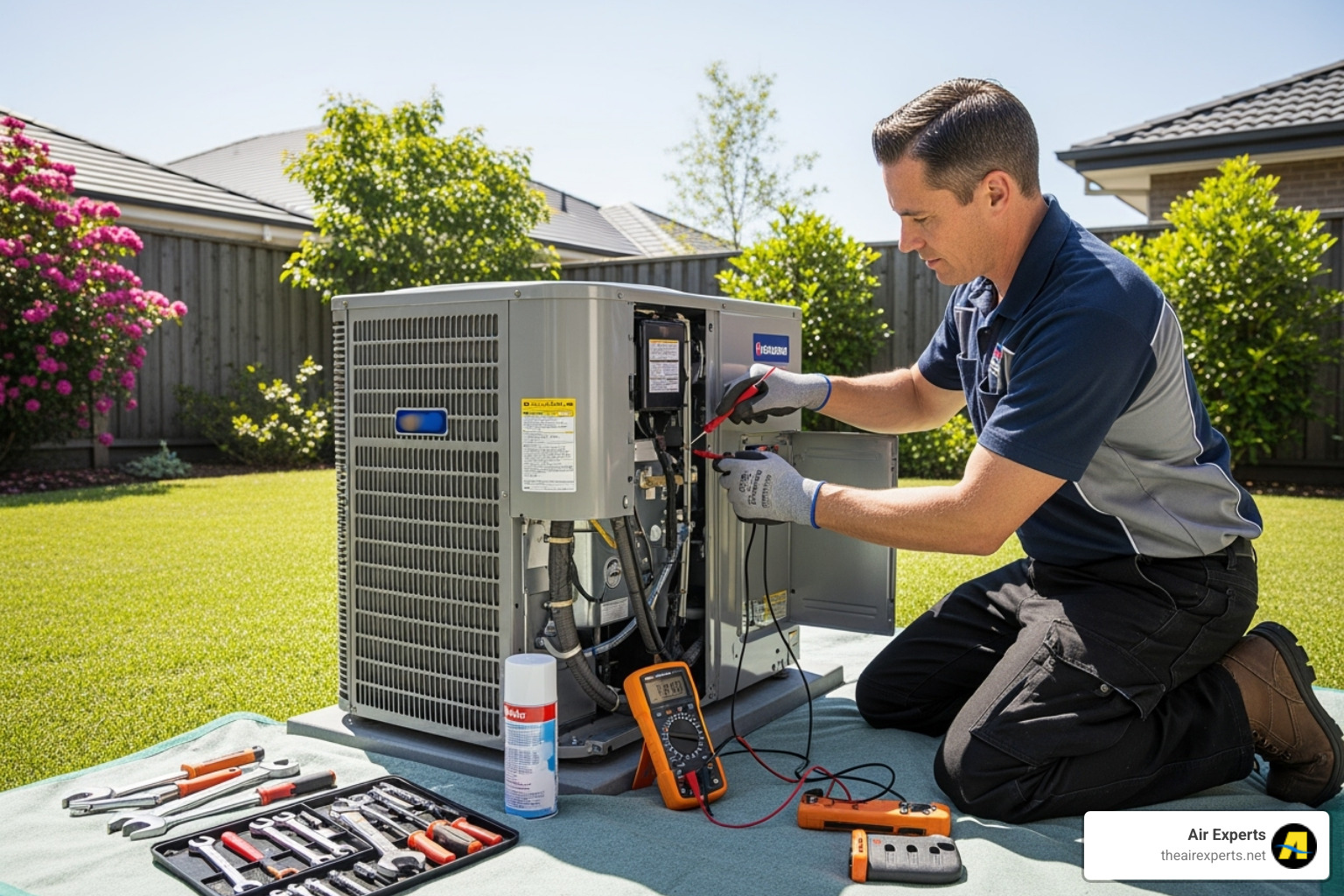
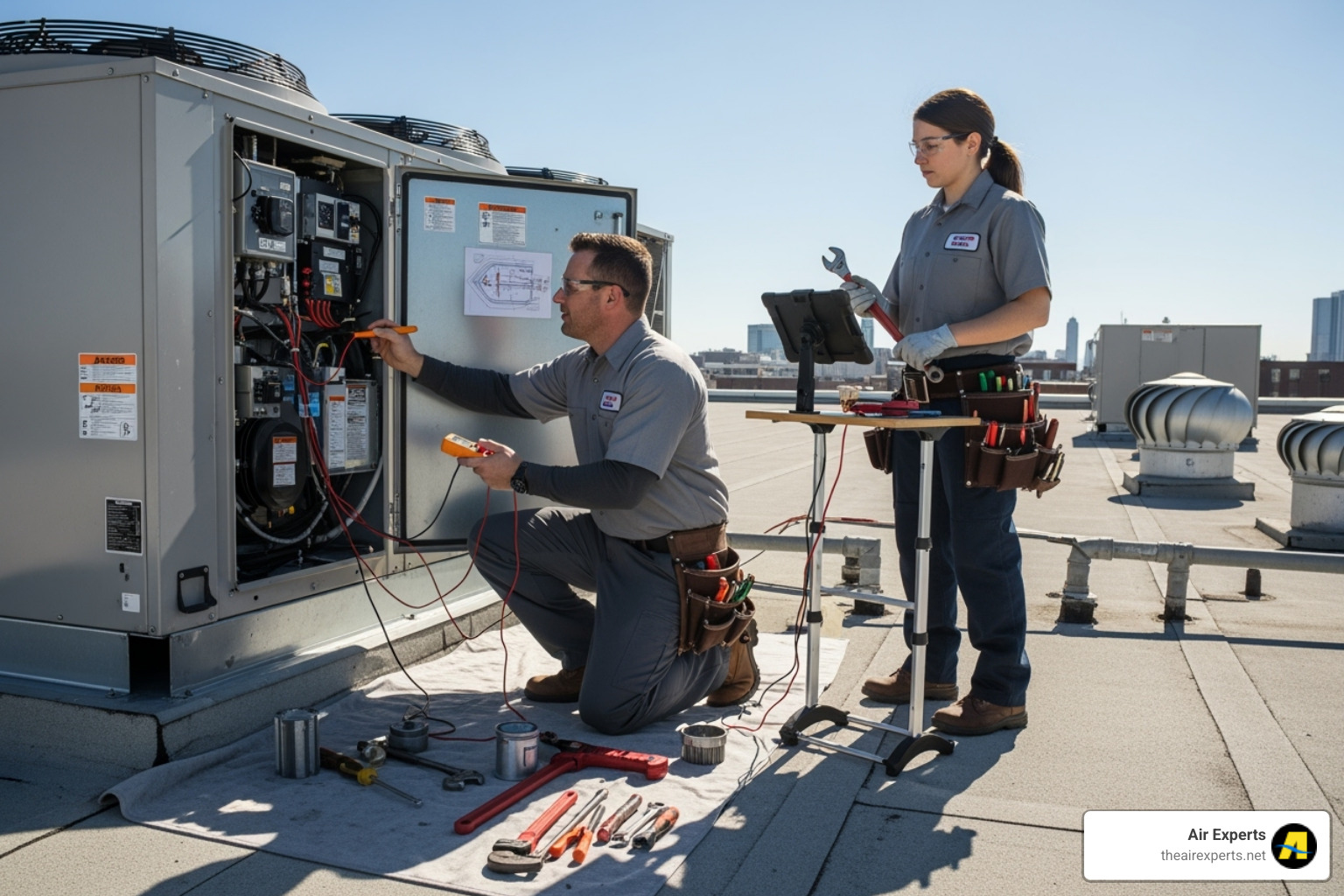
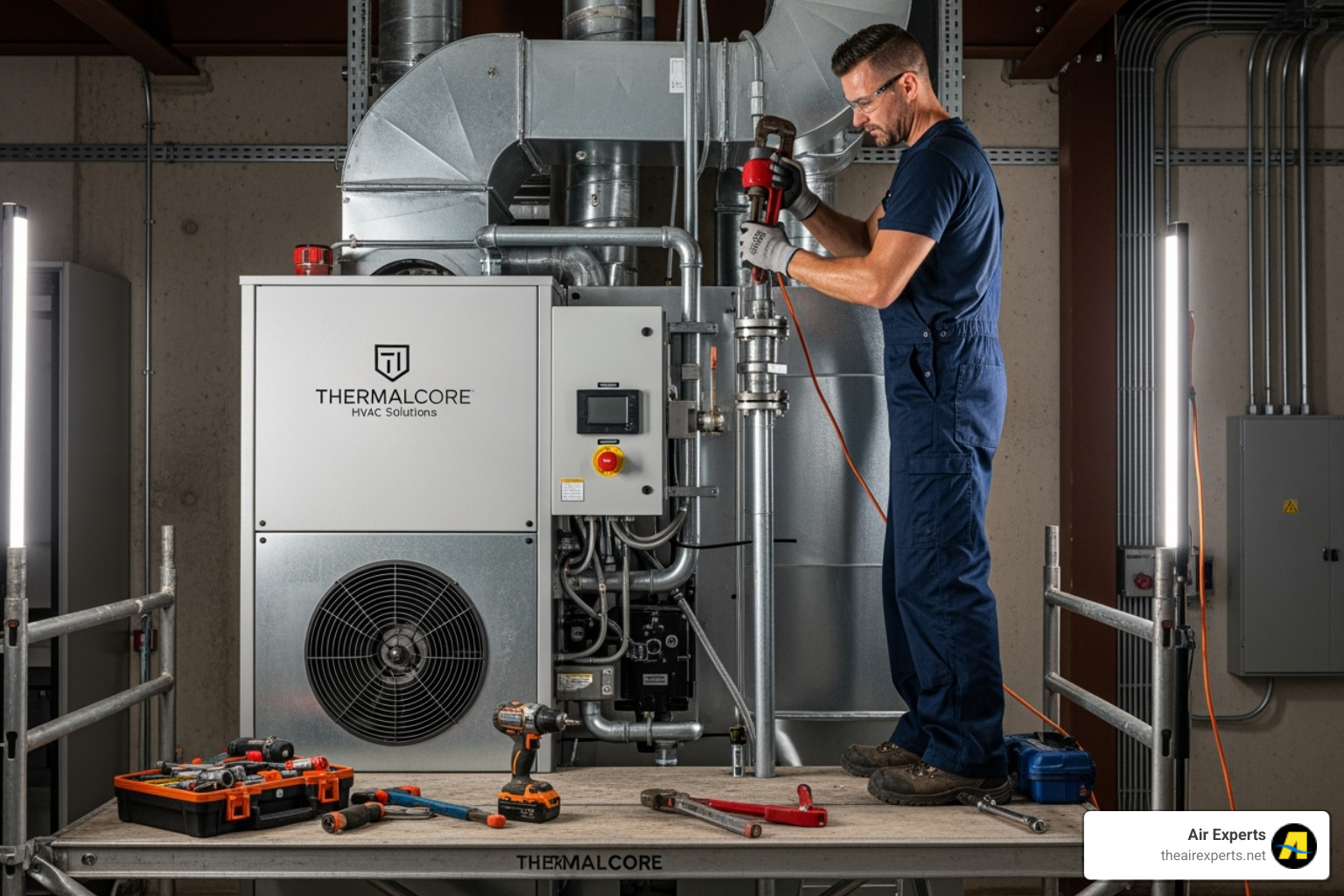
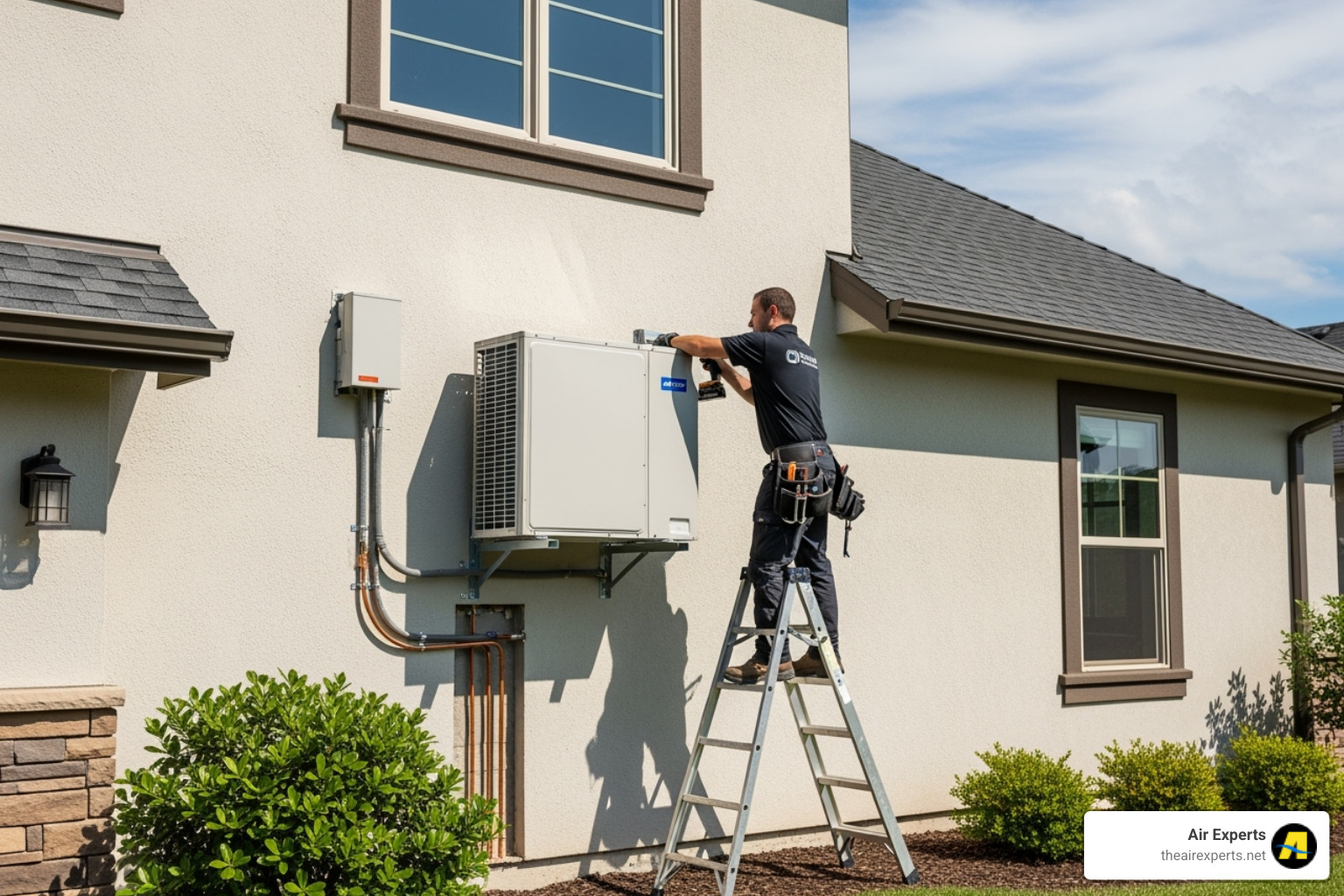

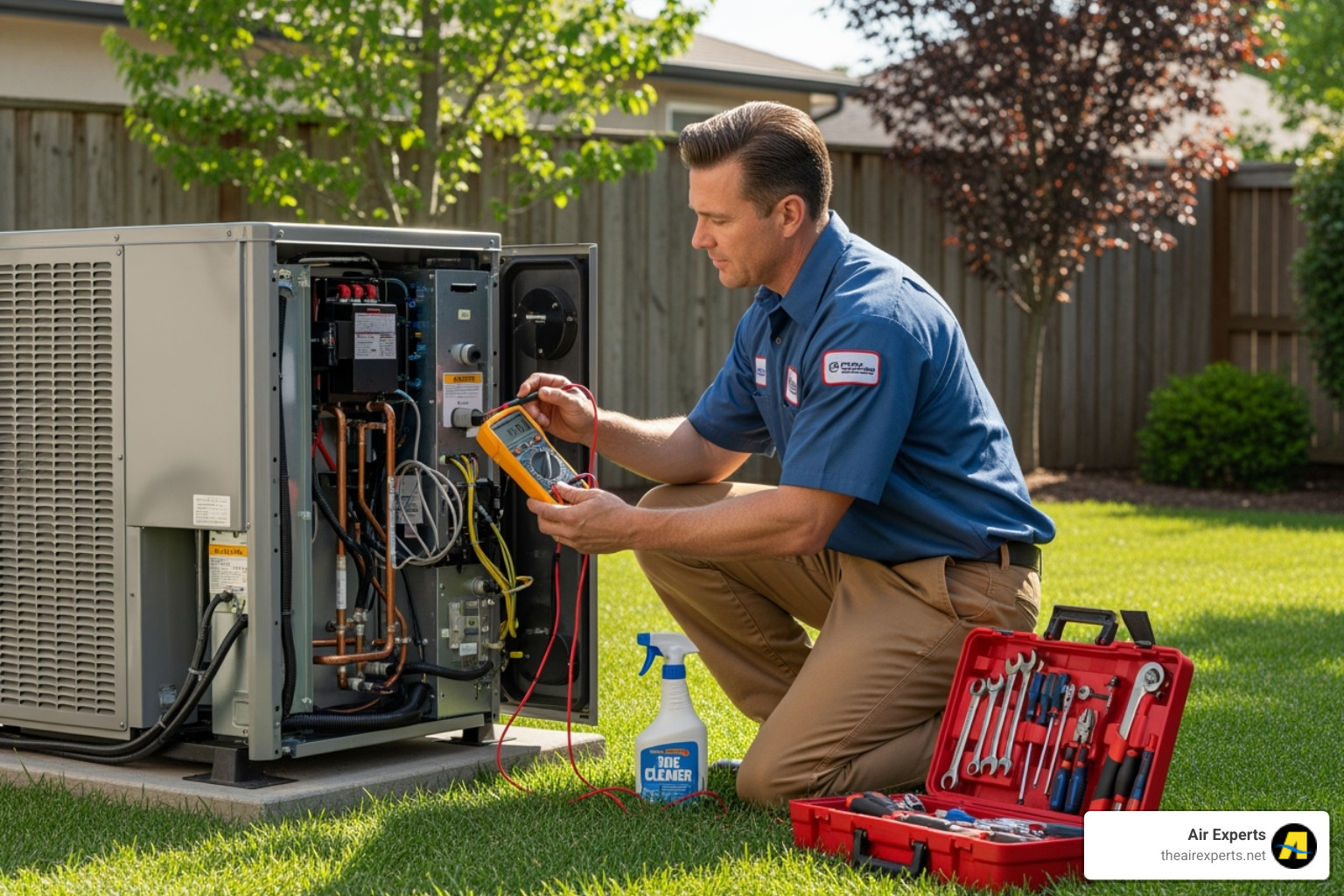
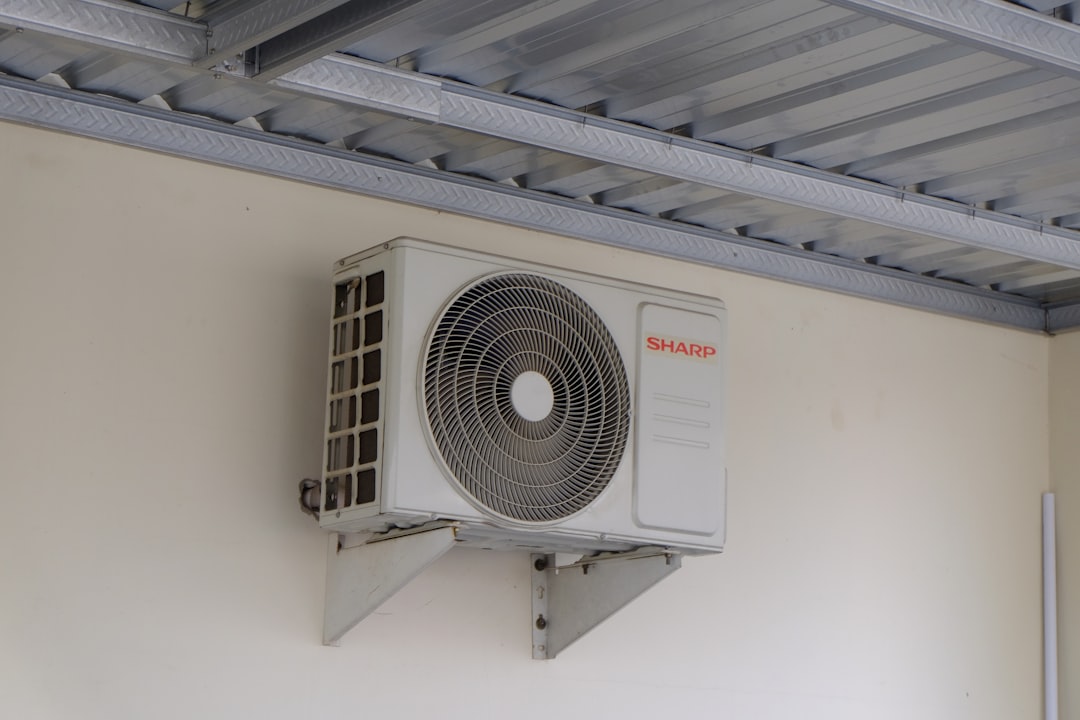
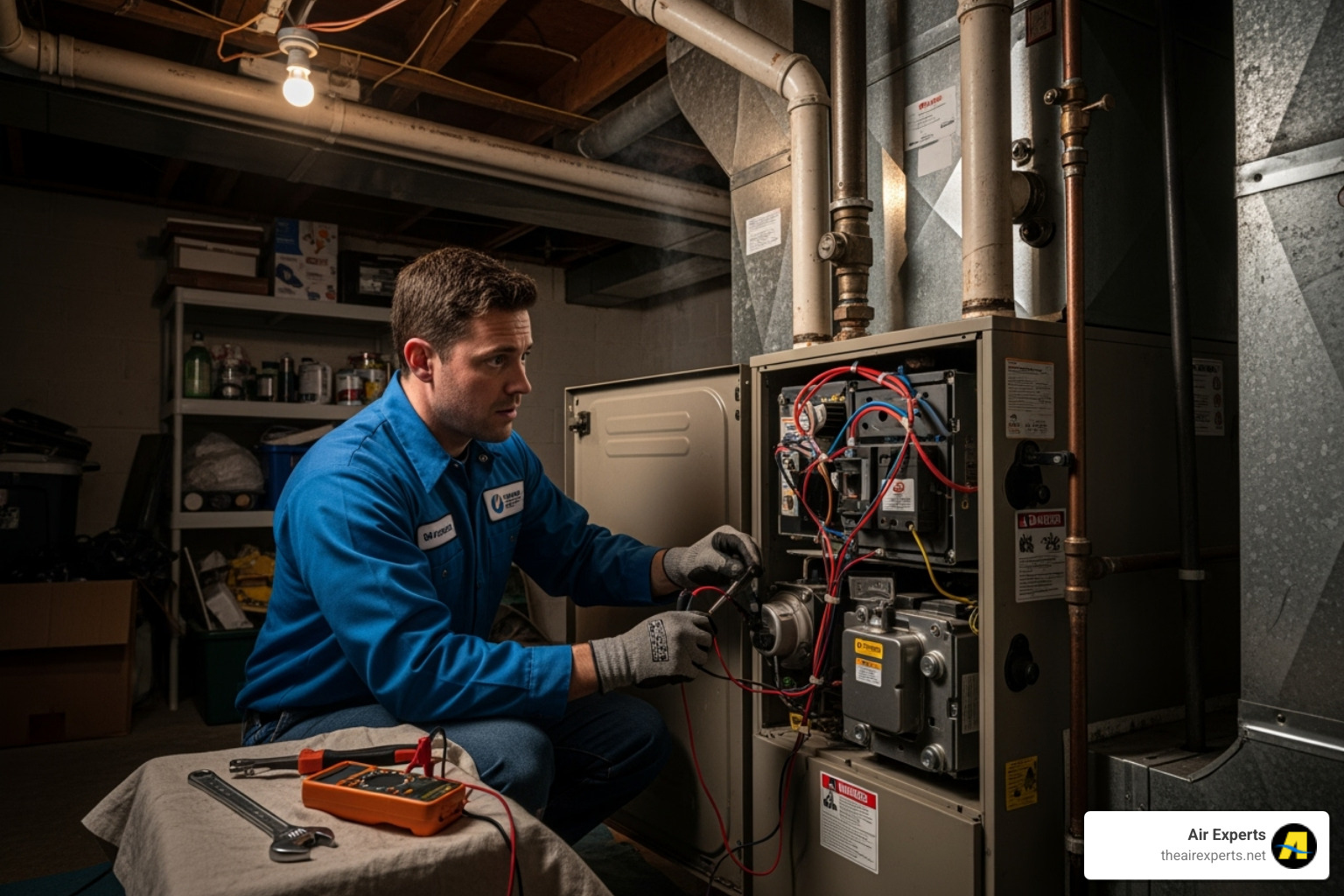

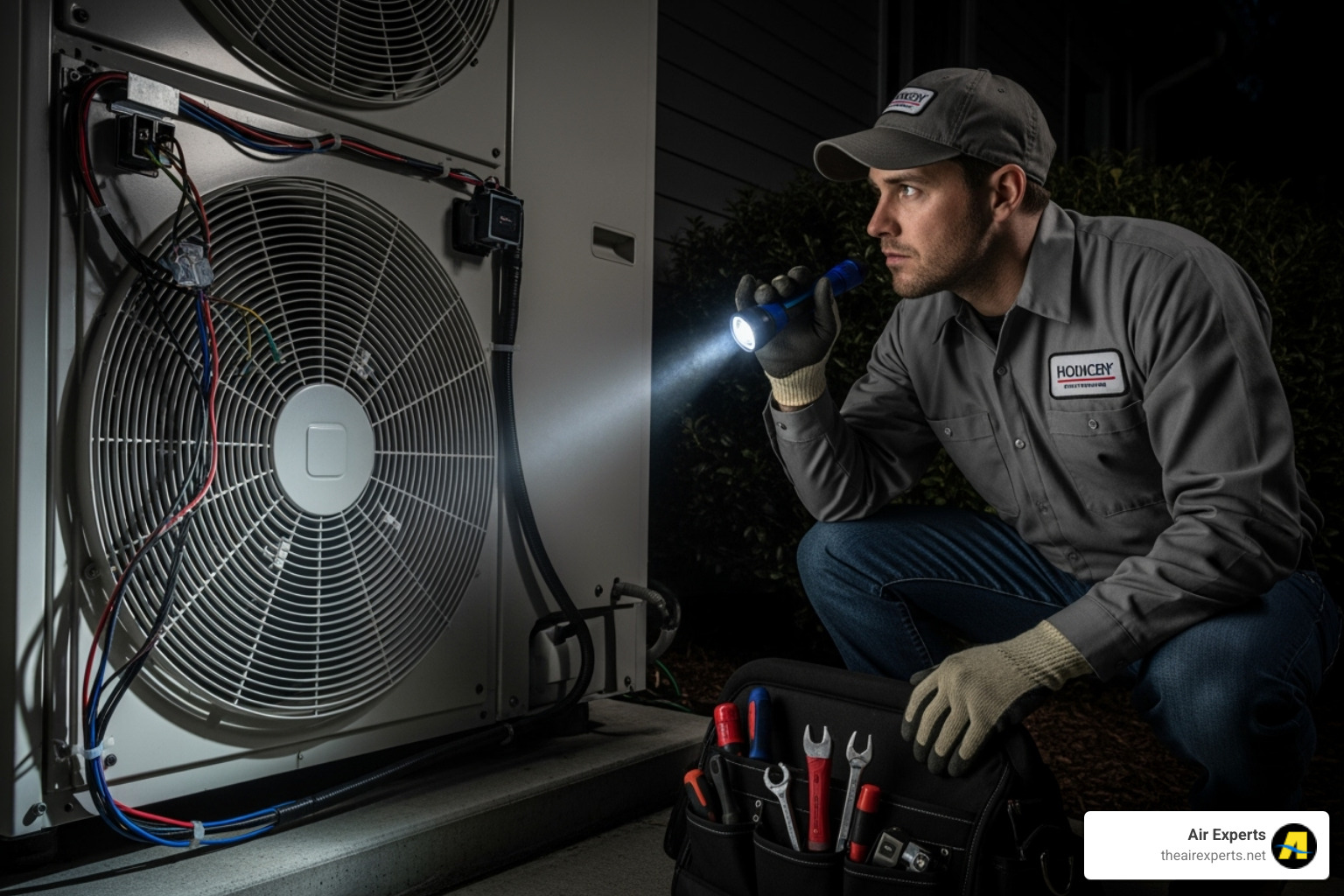
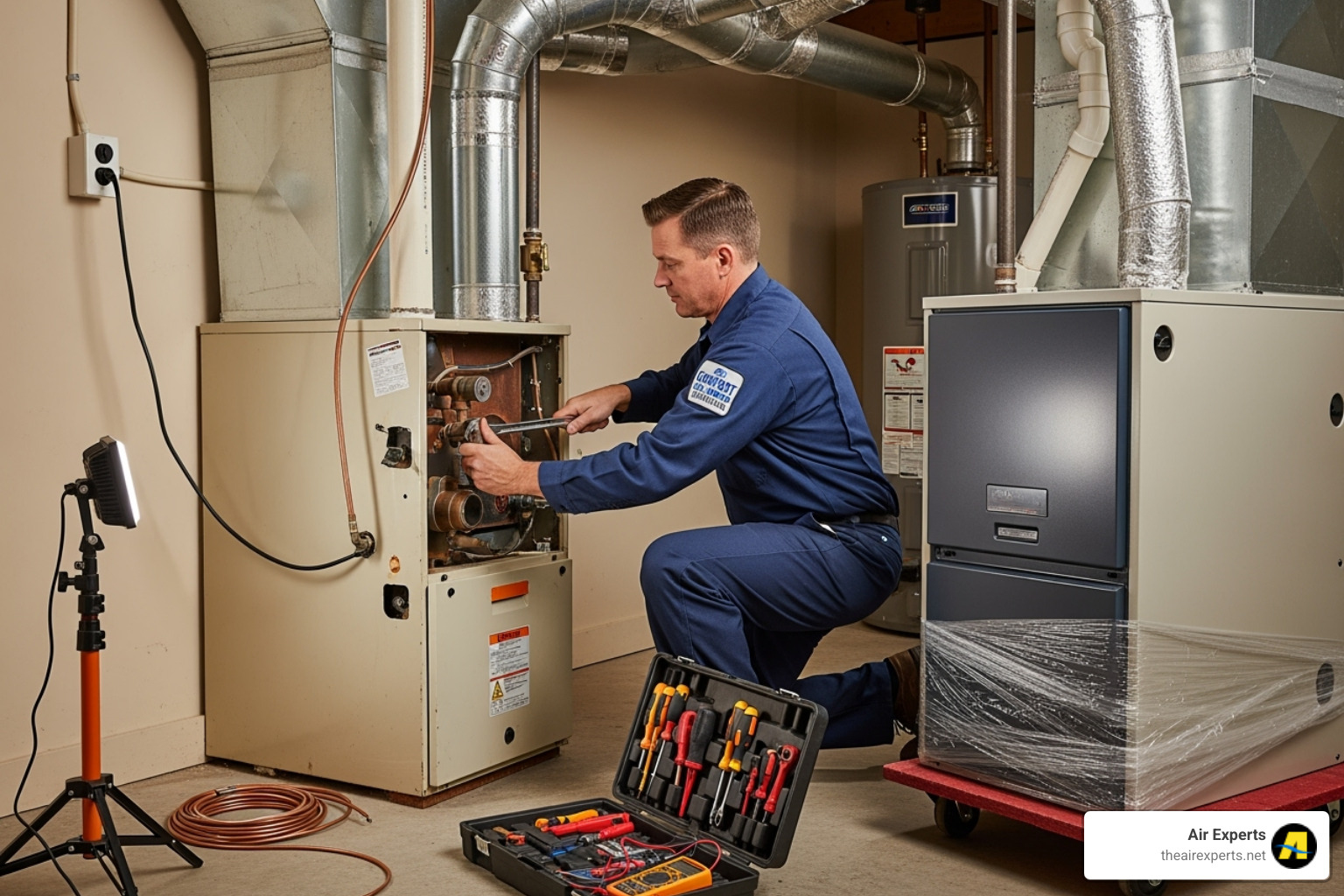
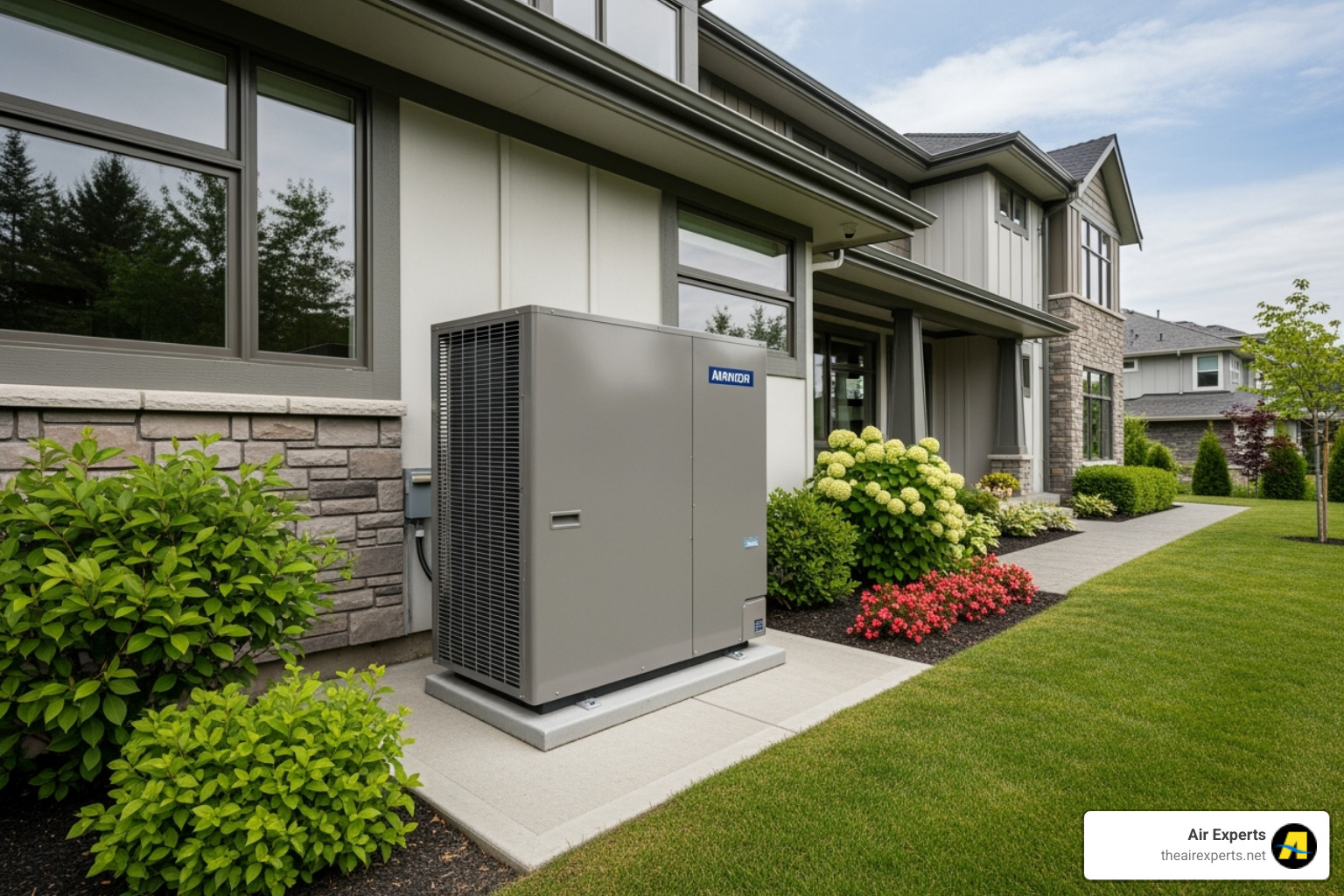
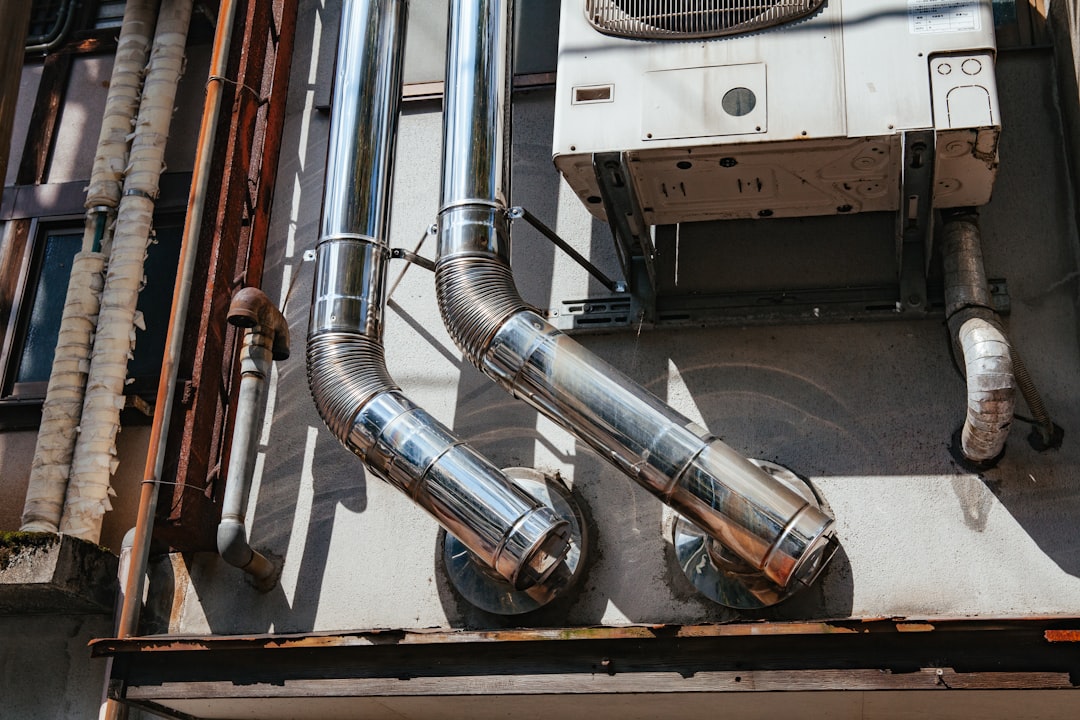
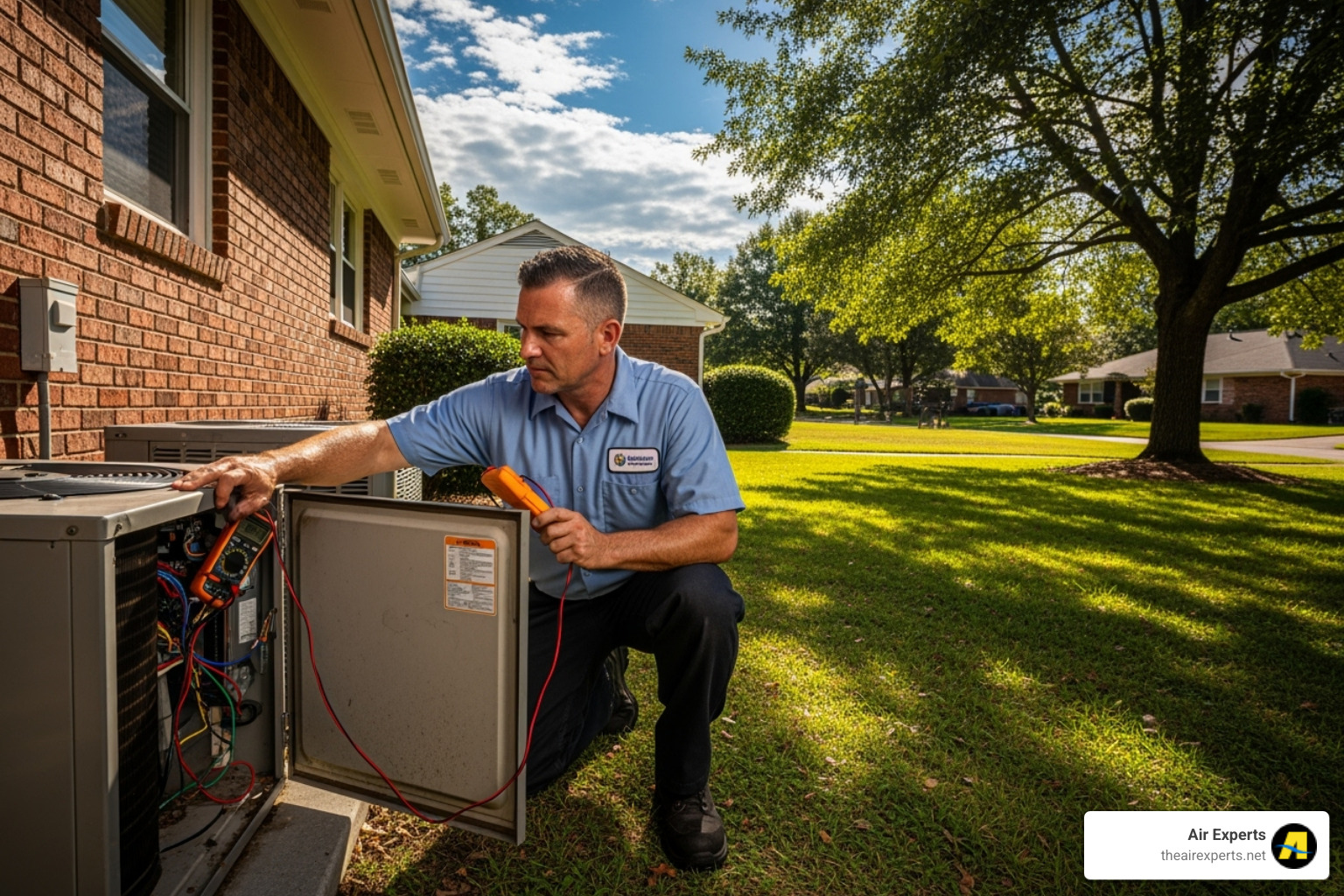
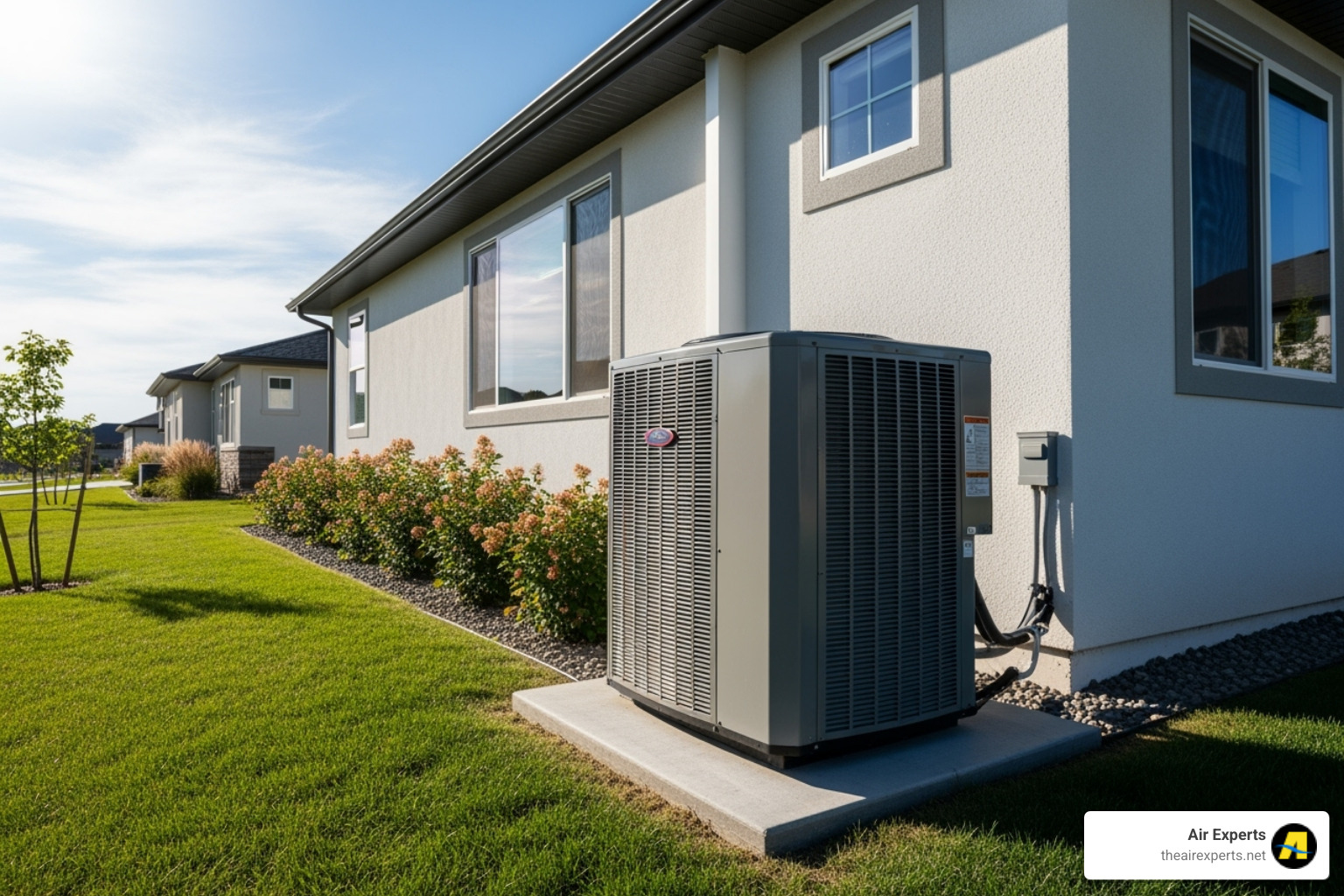
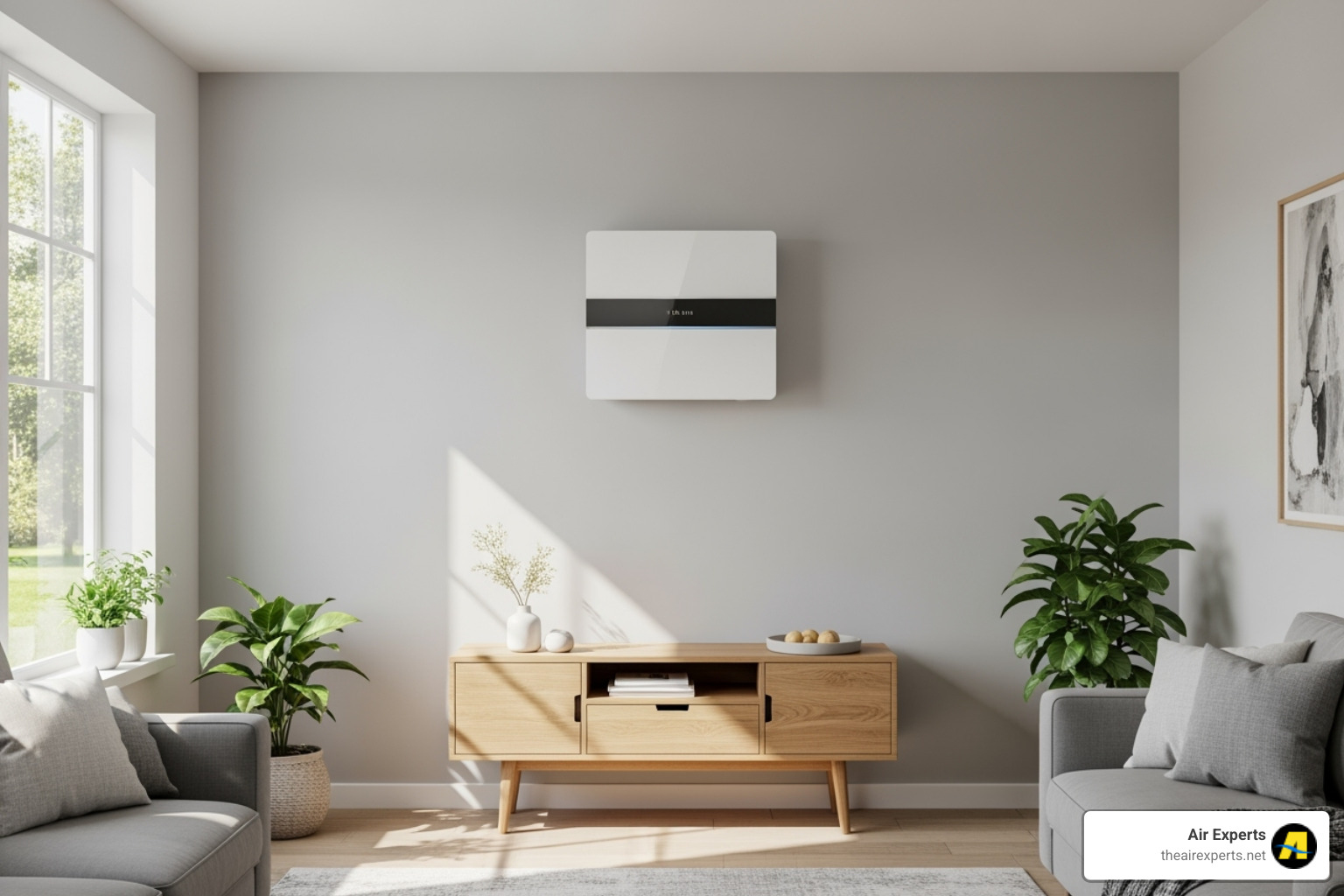
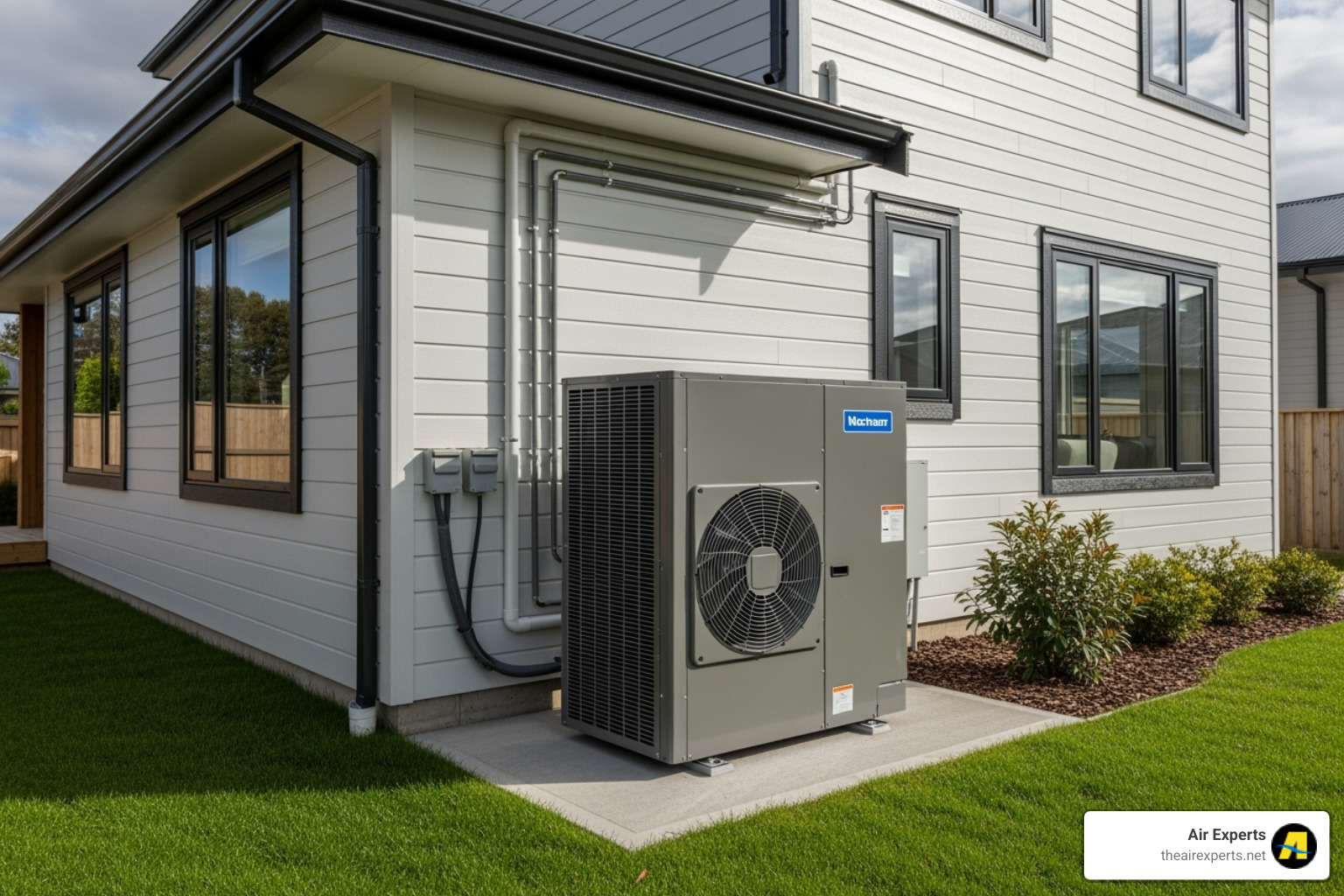
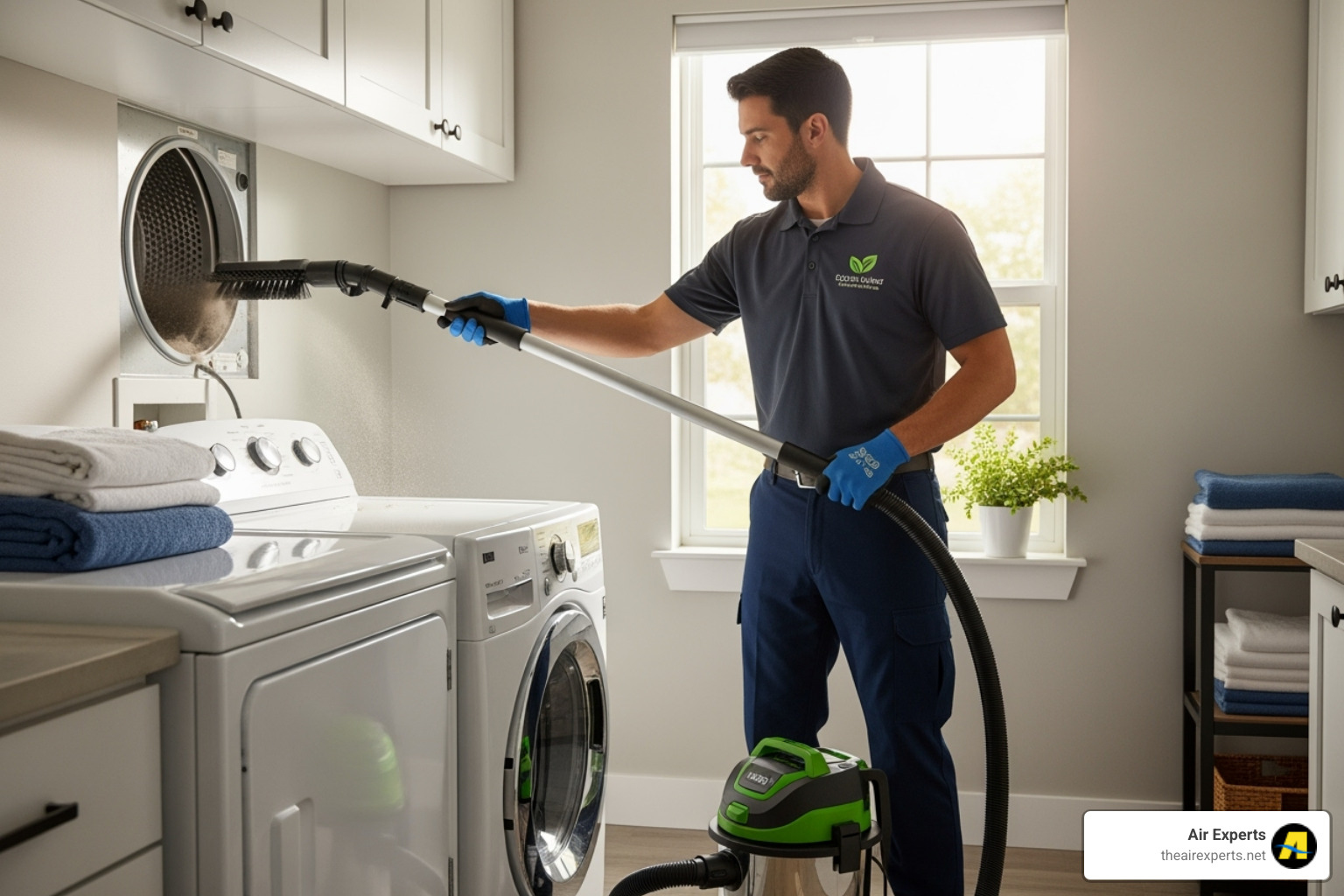

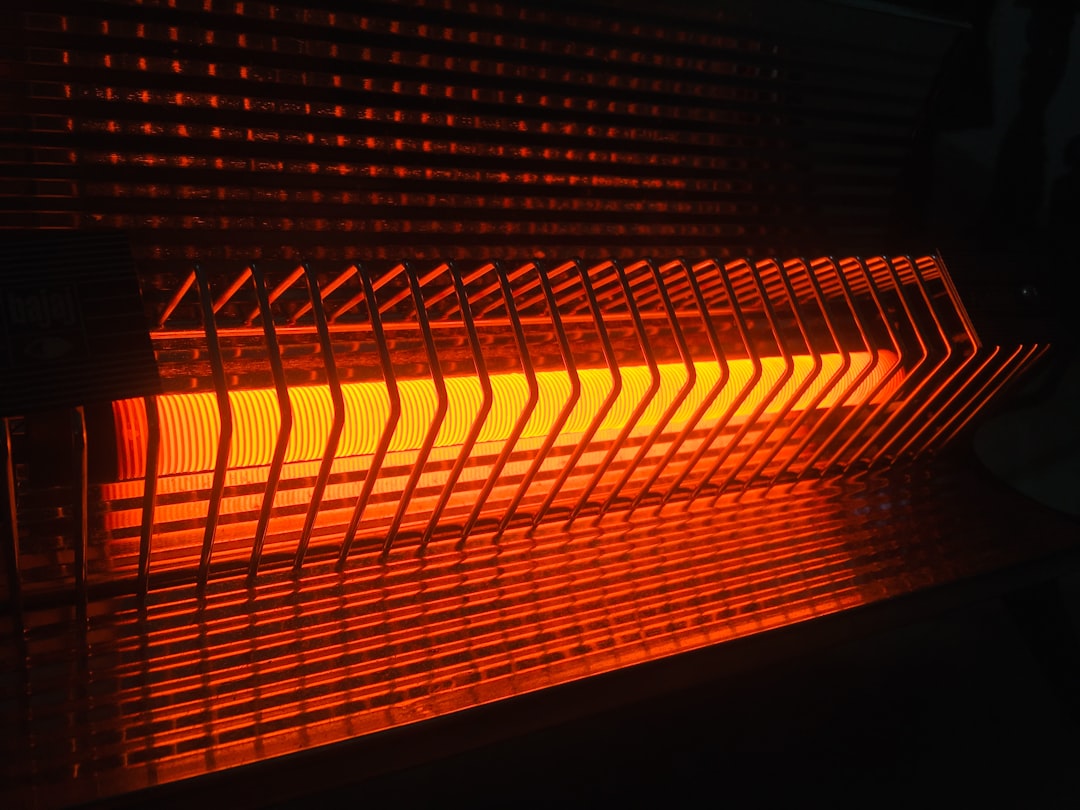
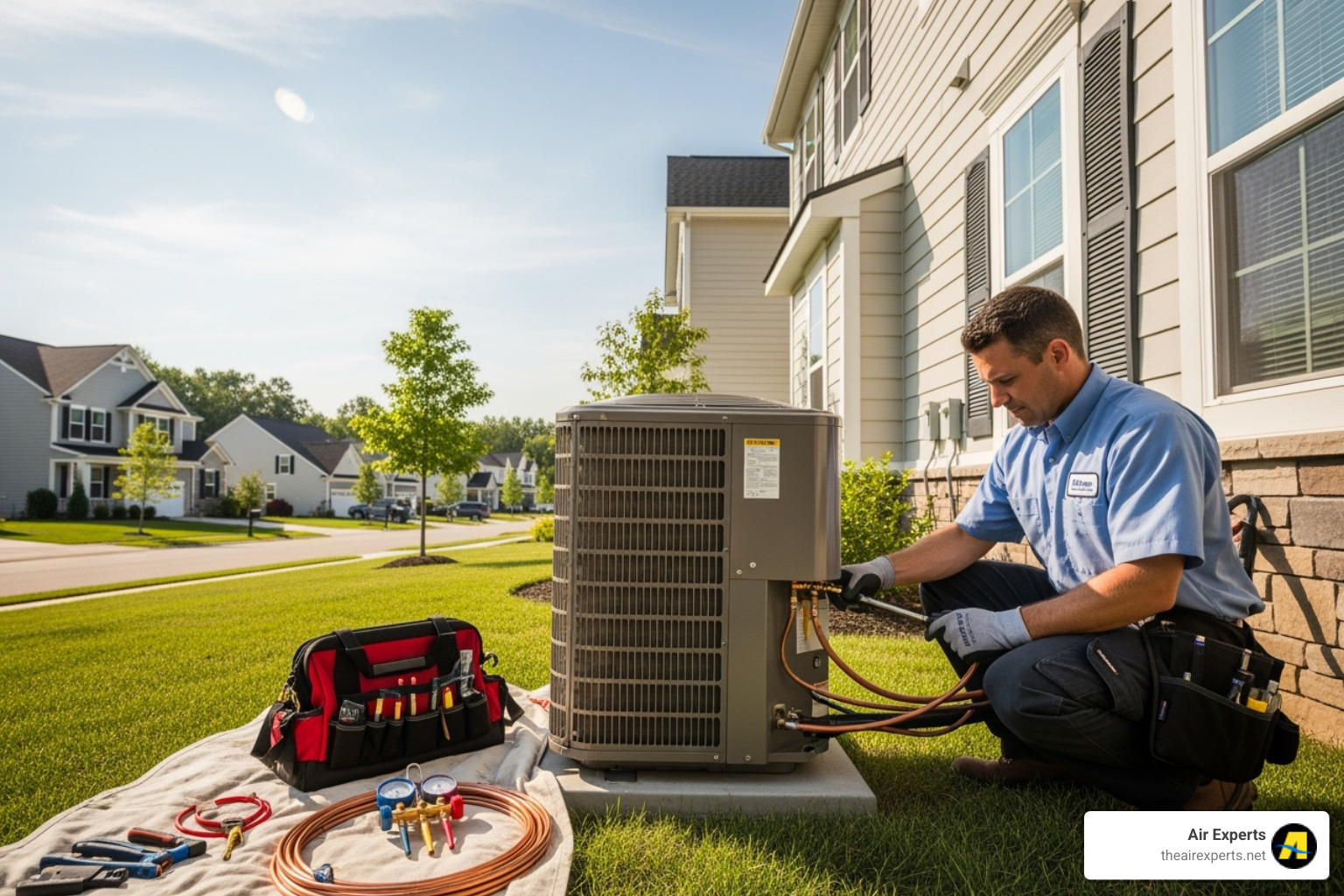
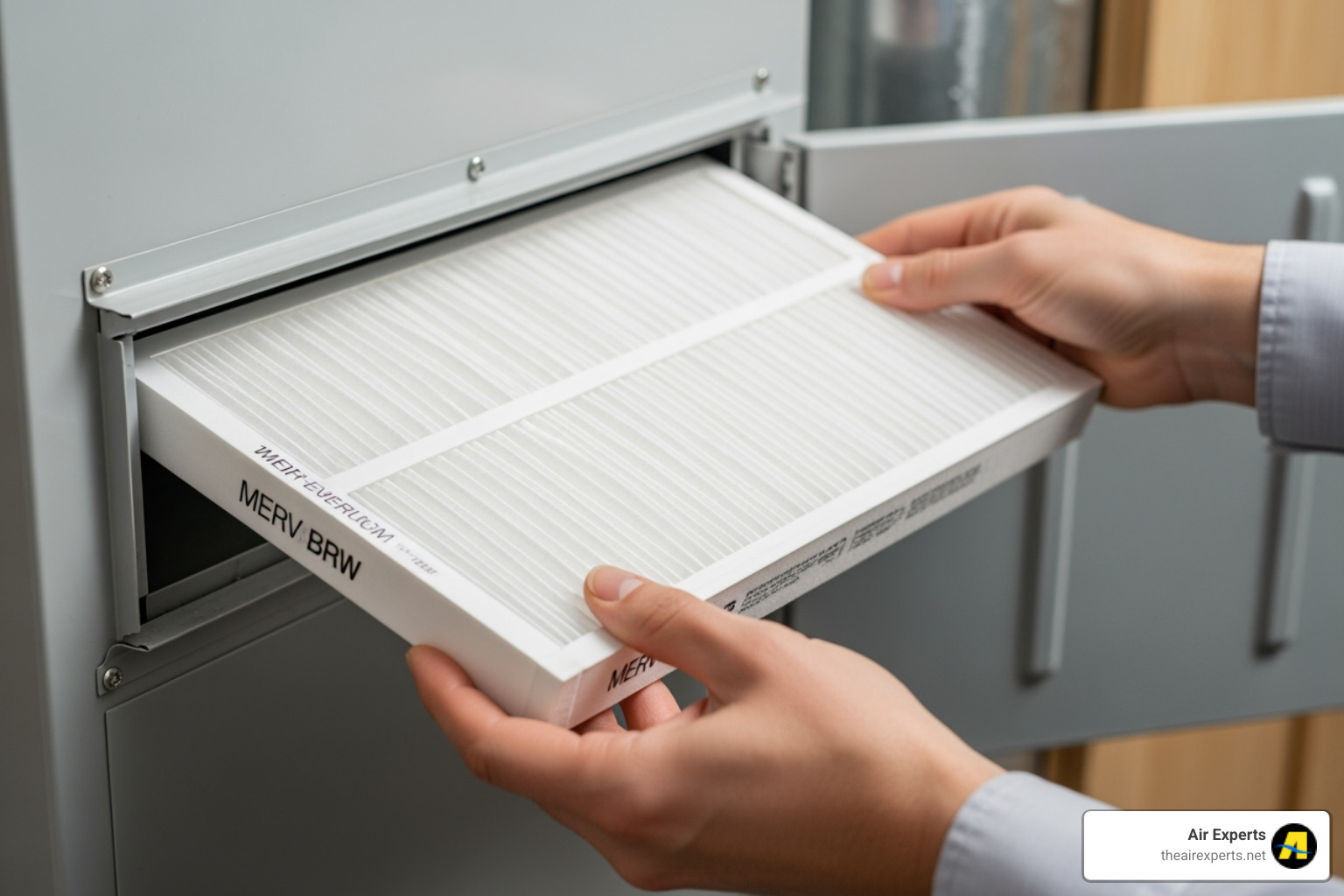
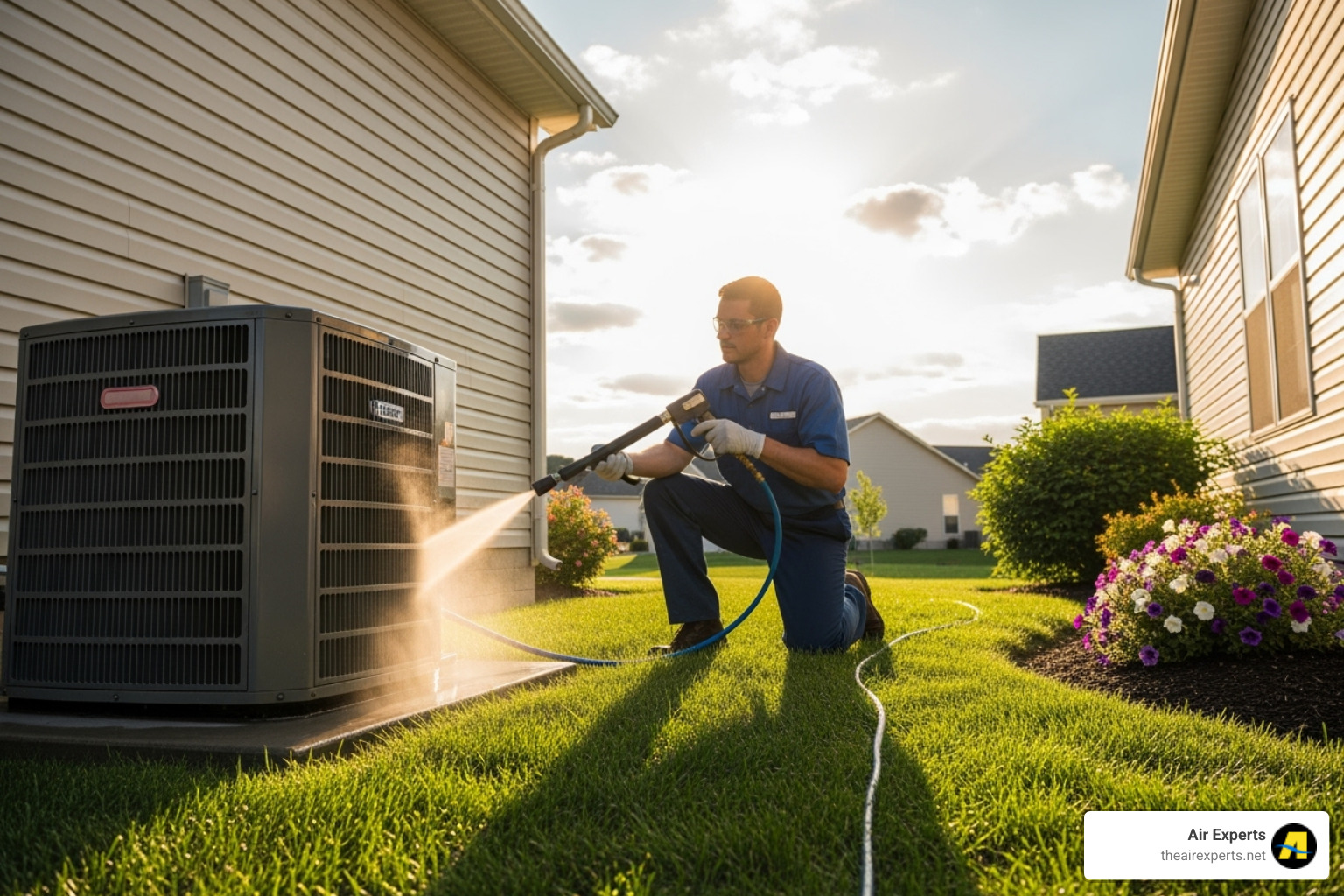
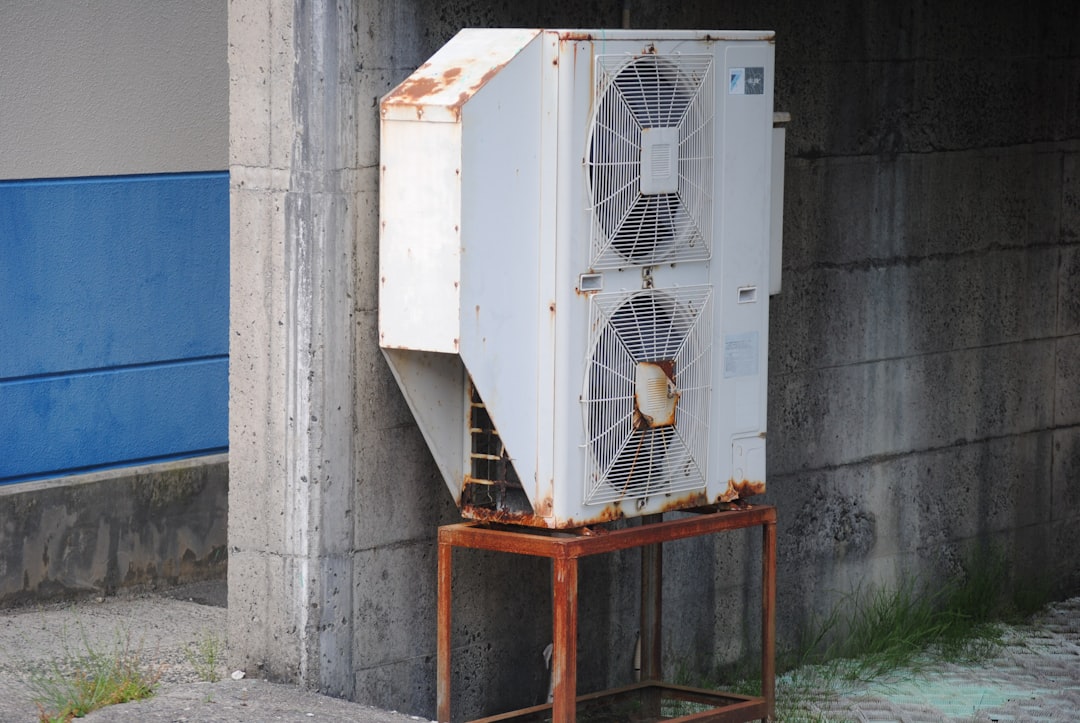
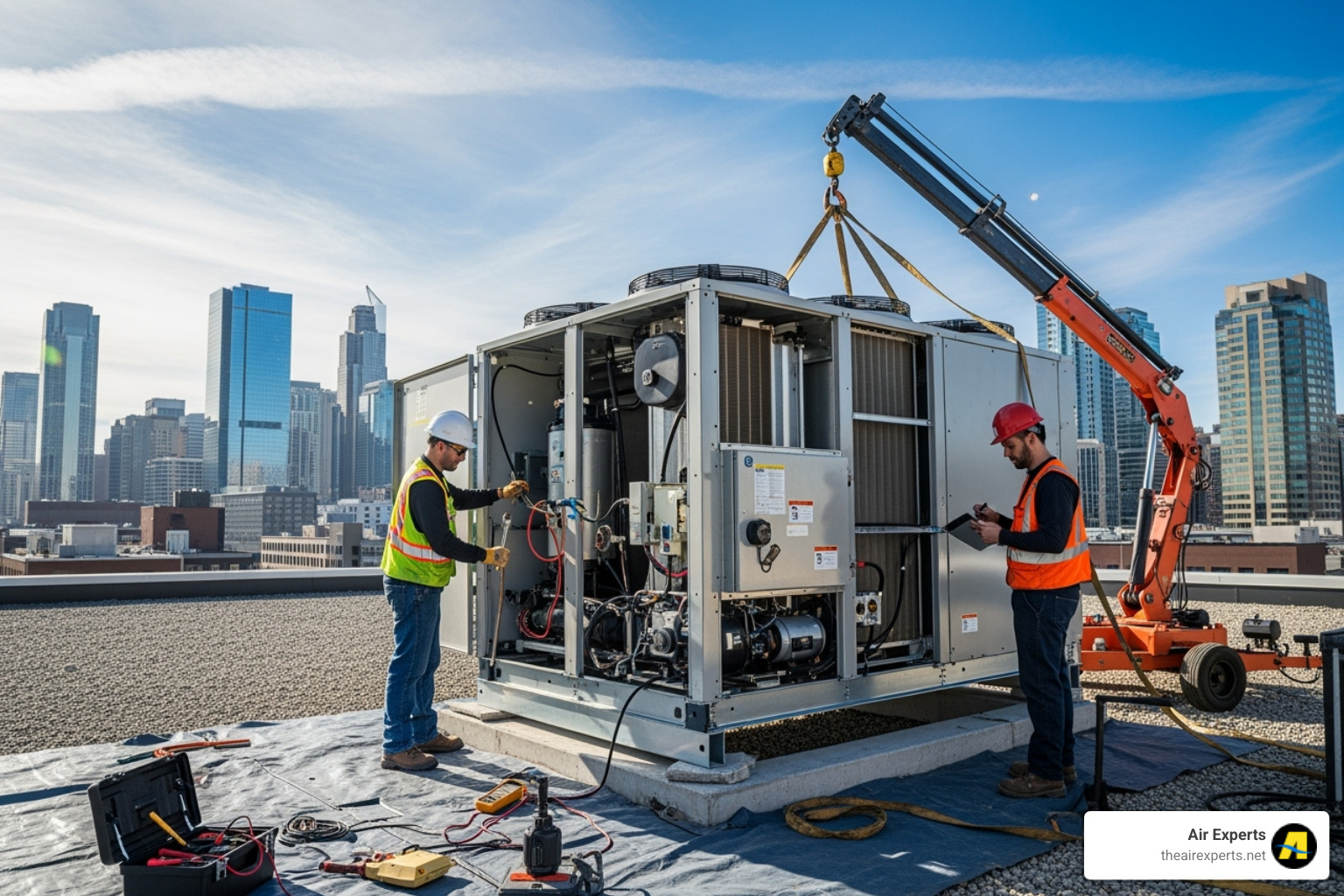
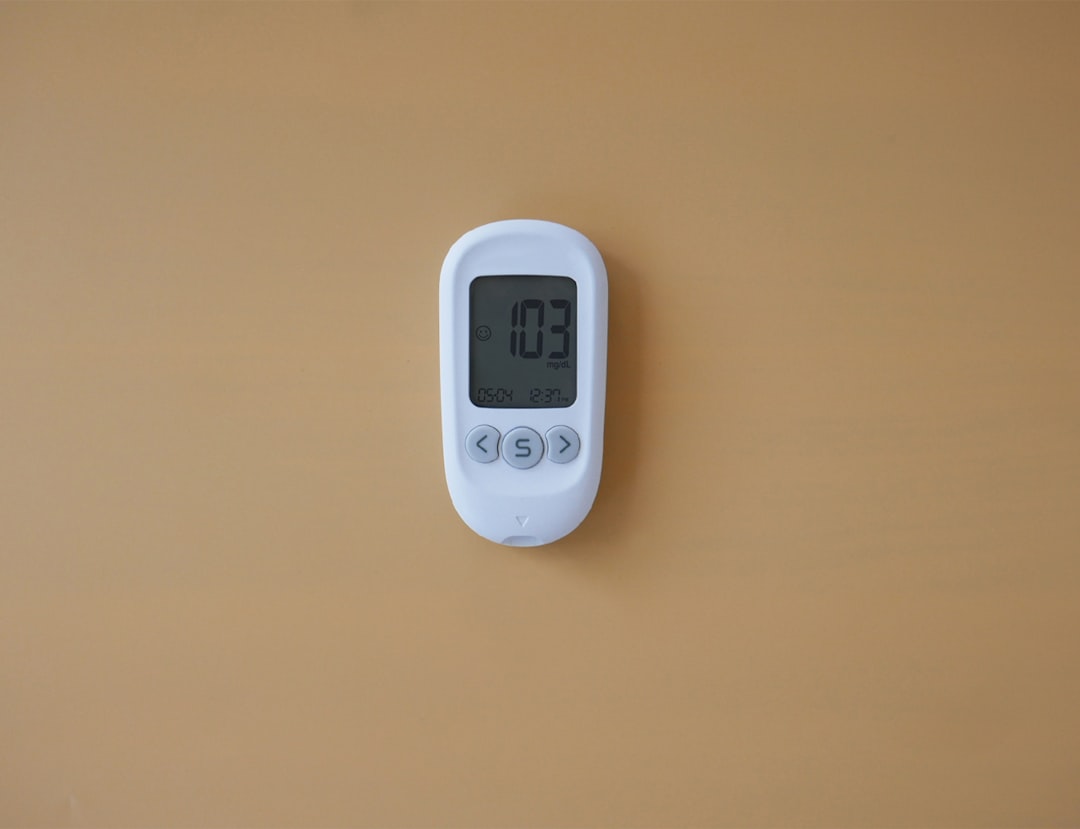
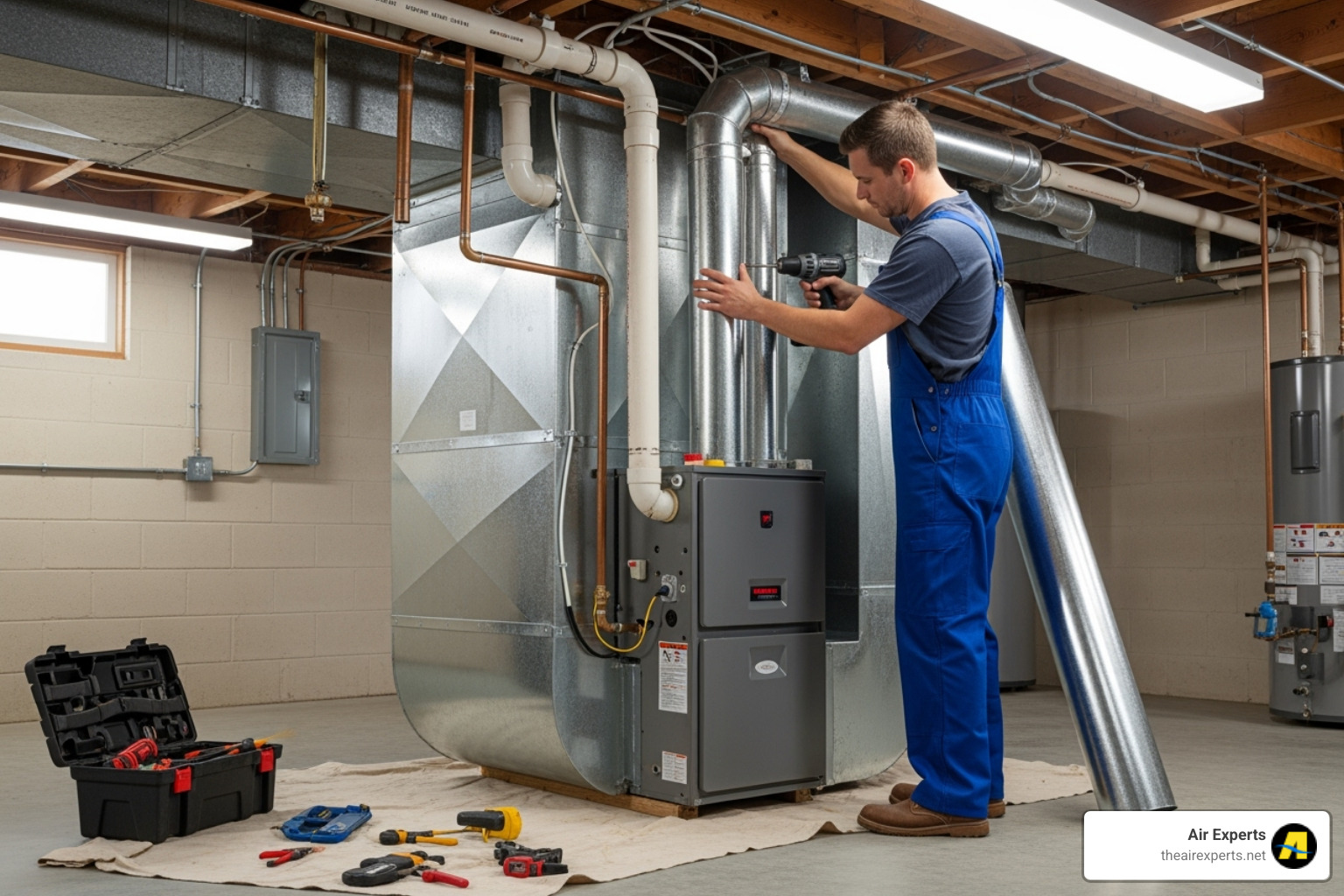
.svg)
.svg)




.svg)
.svg)
